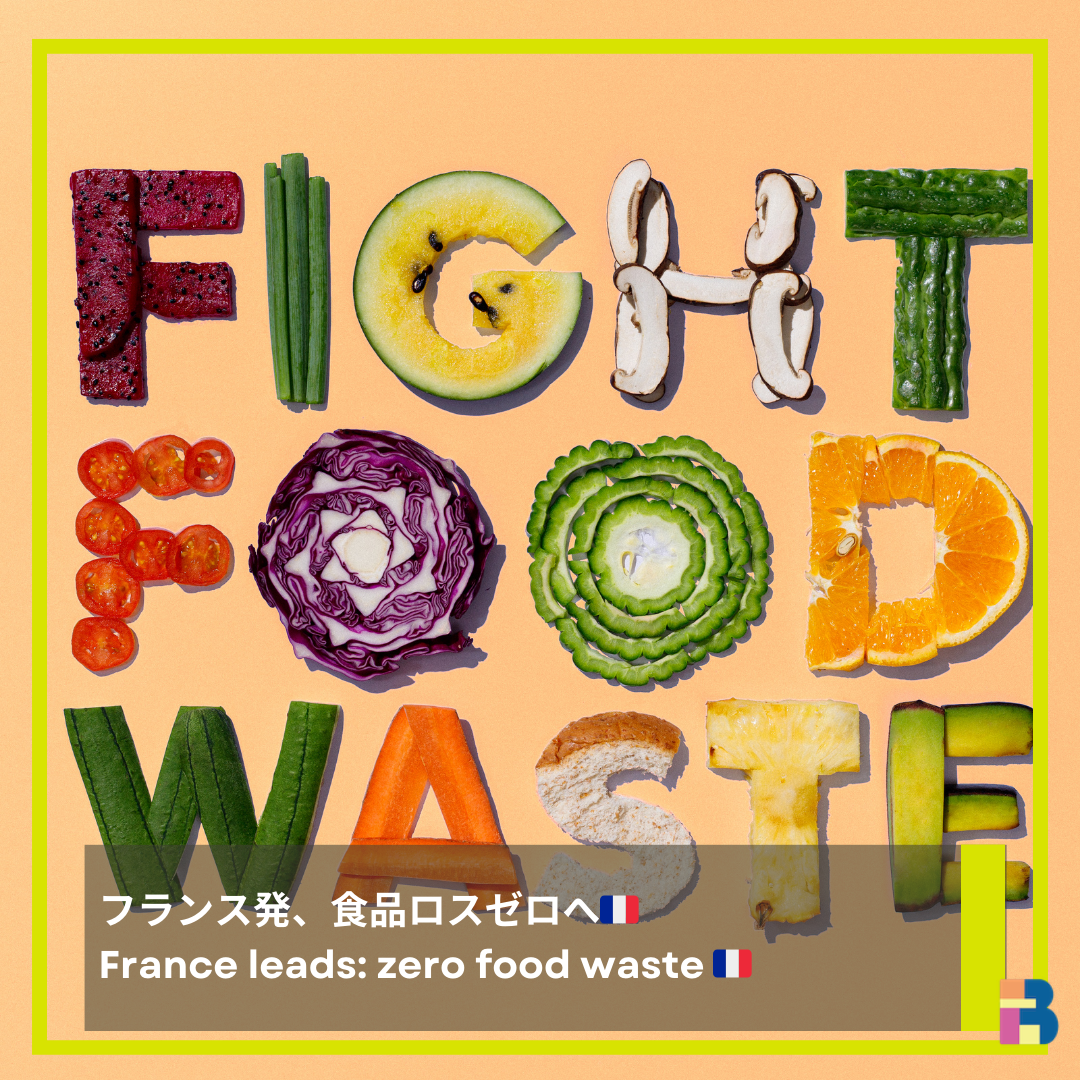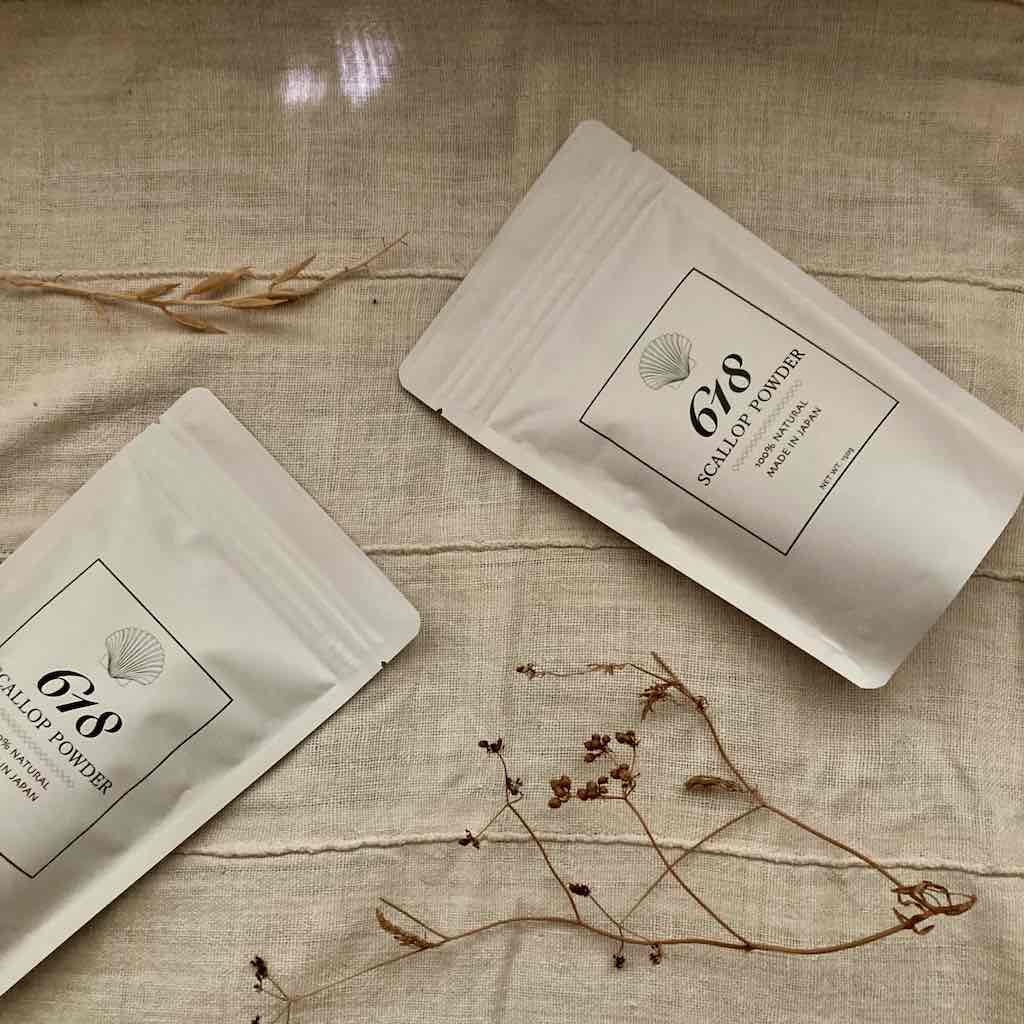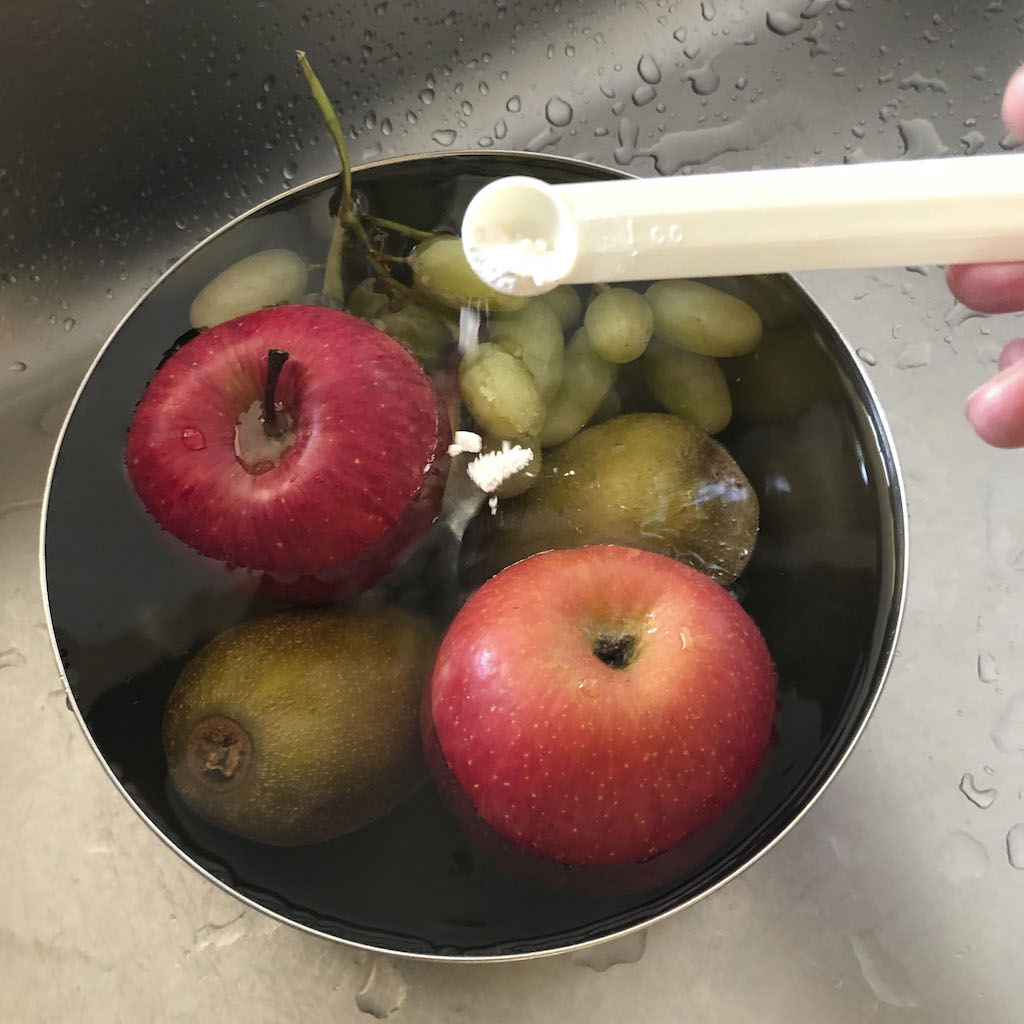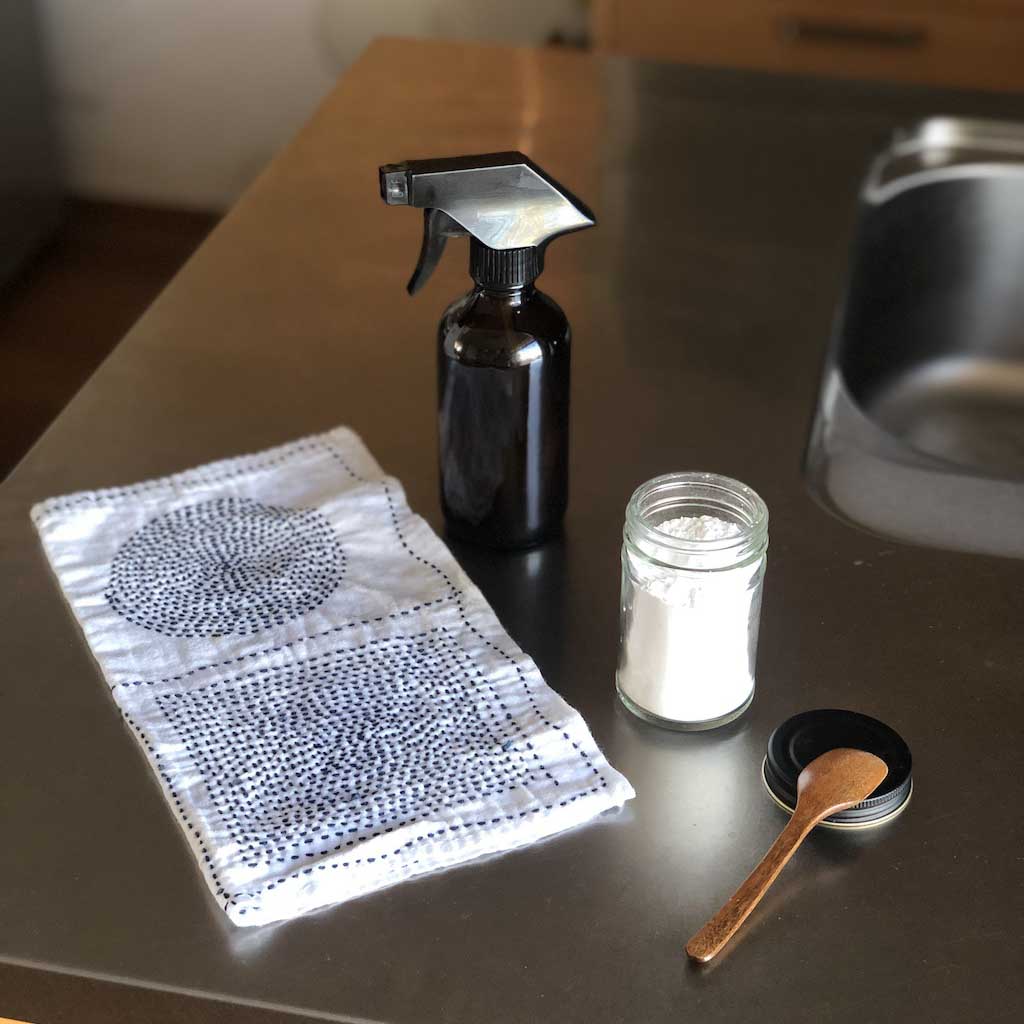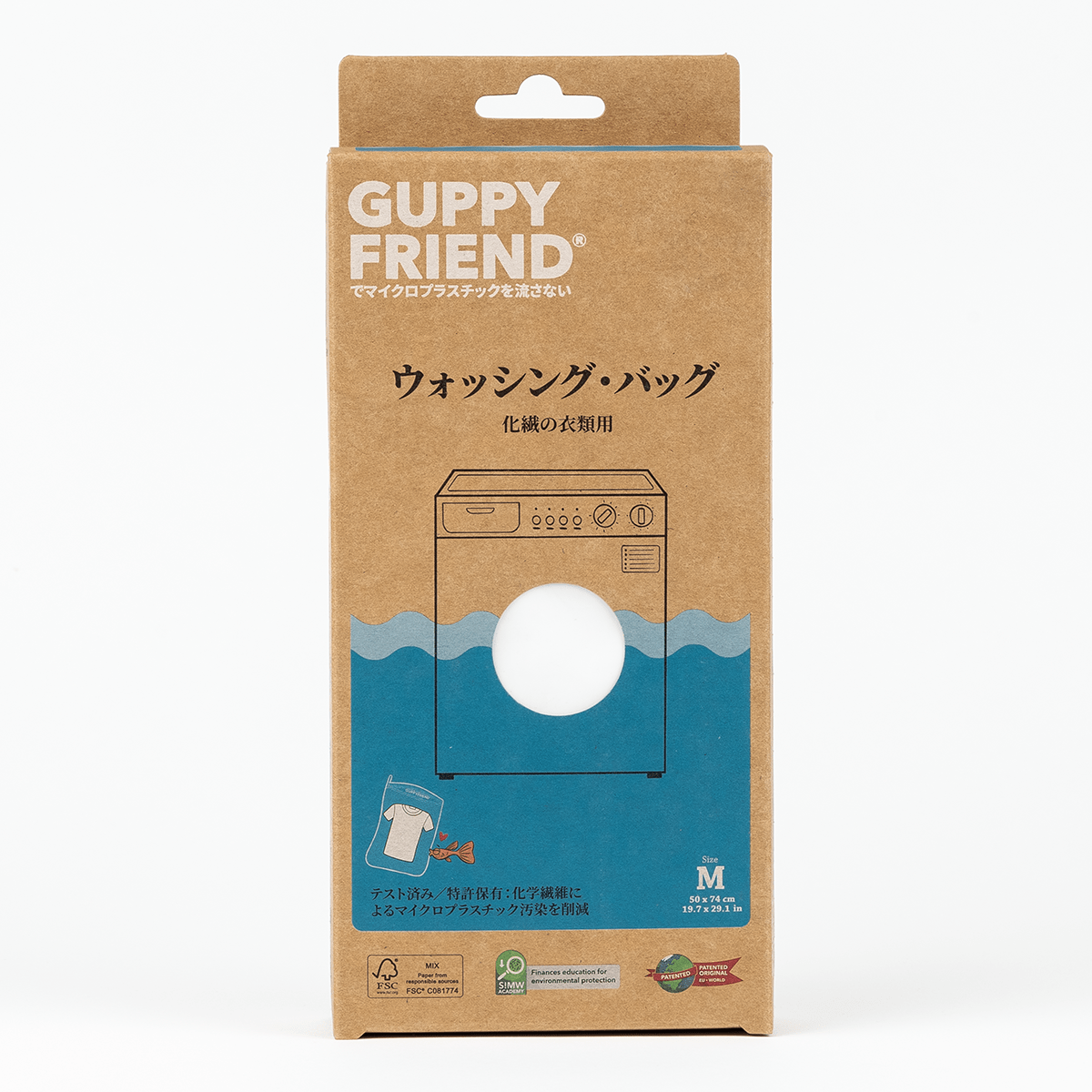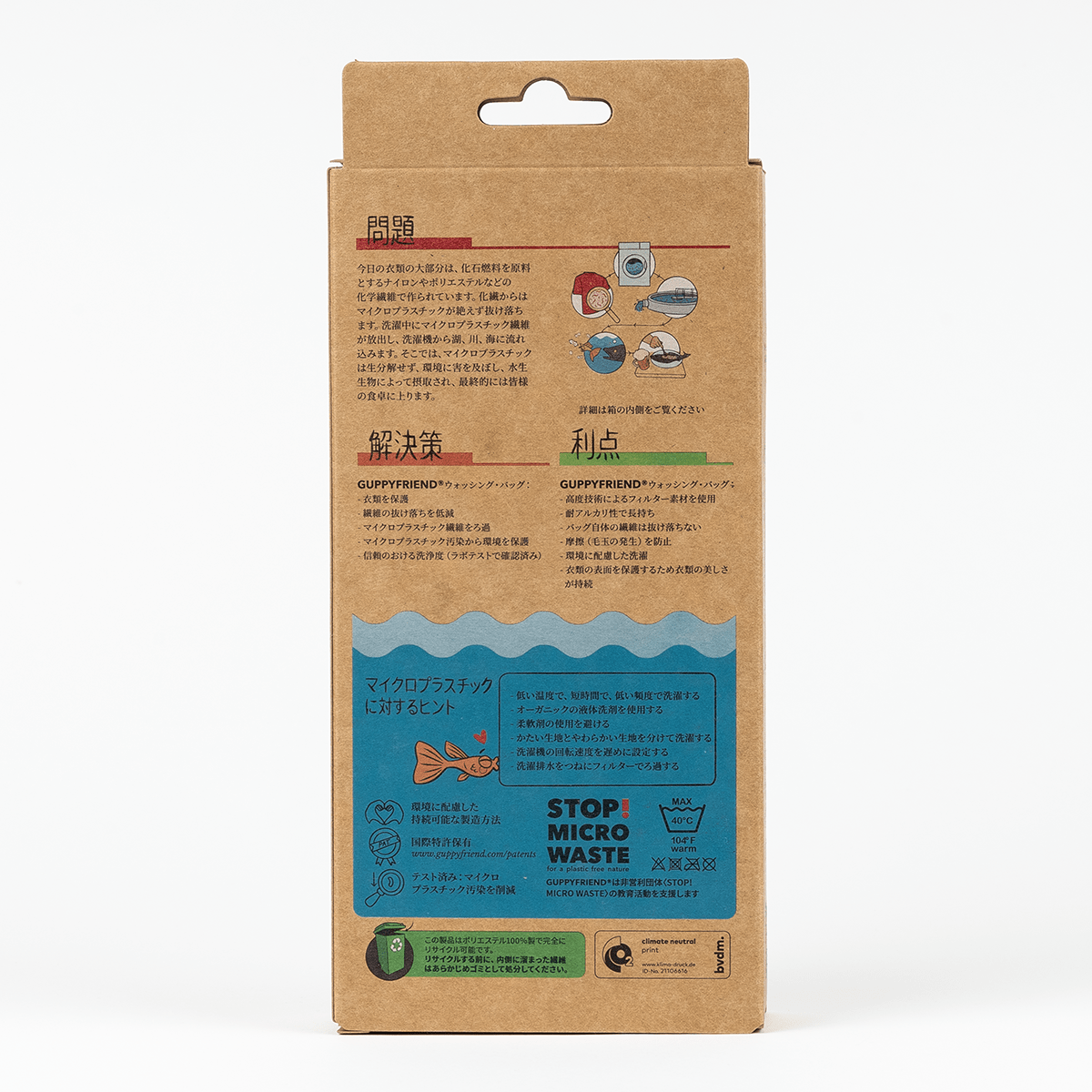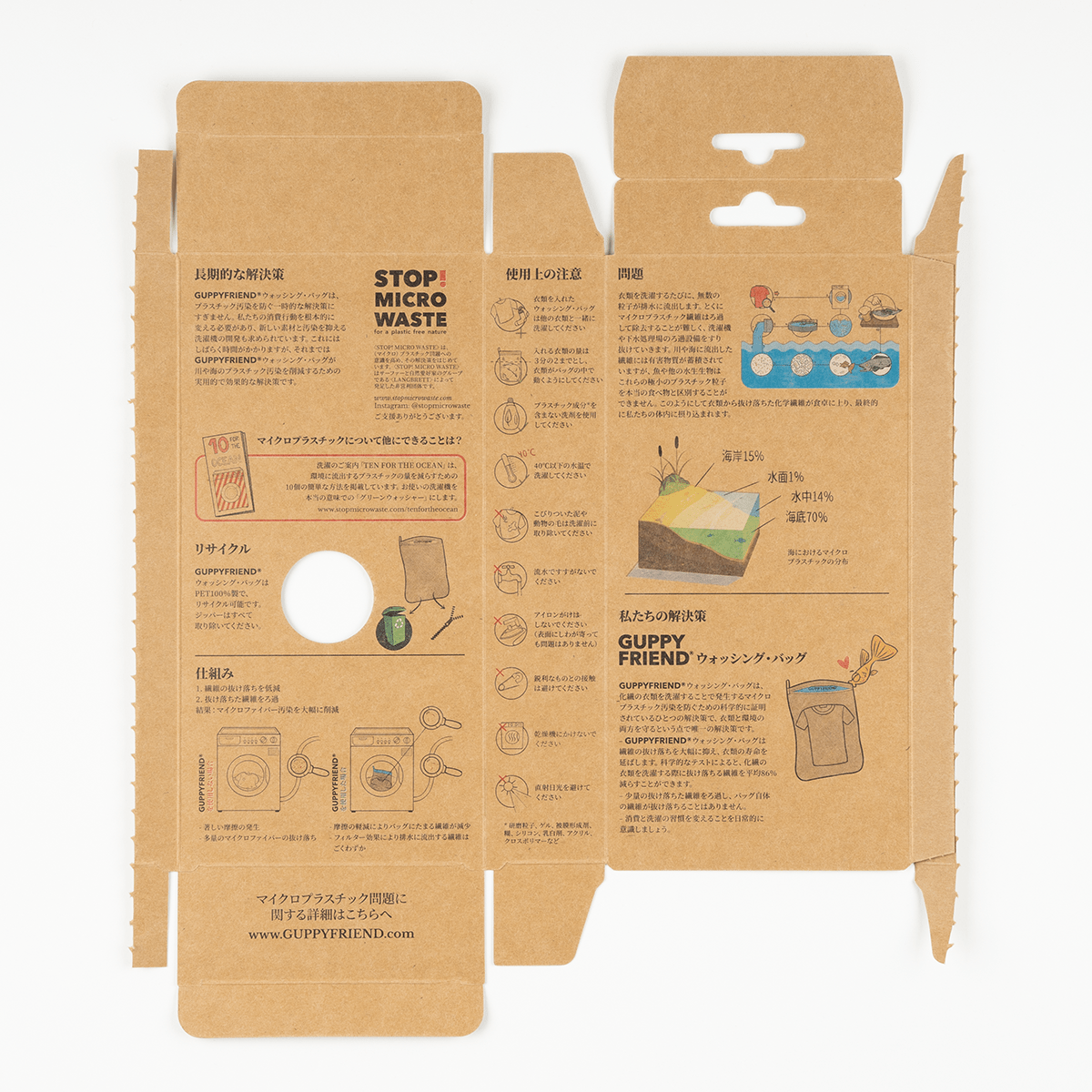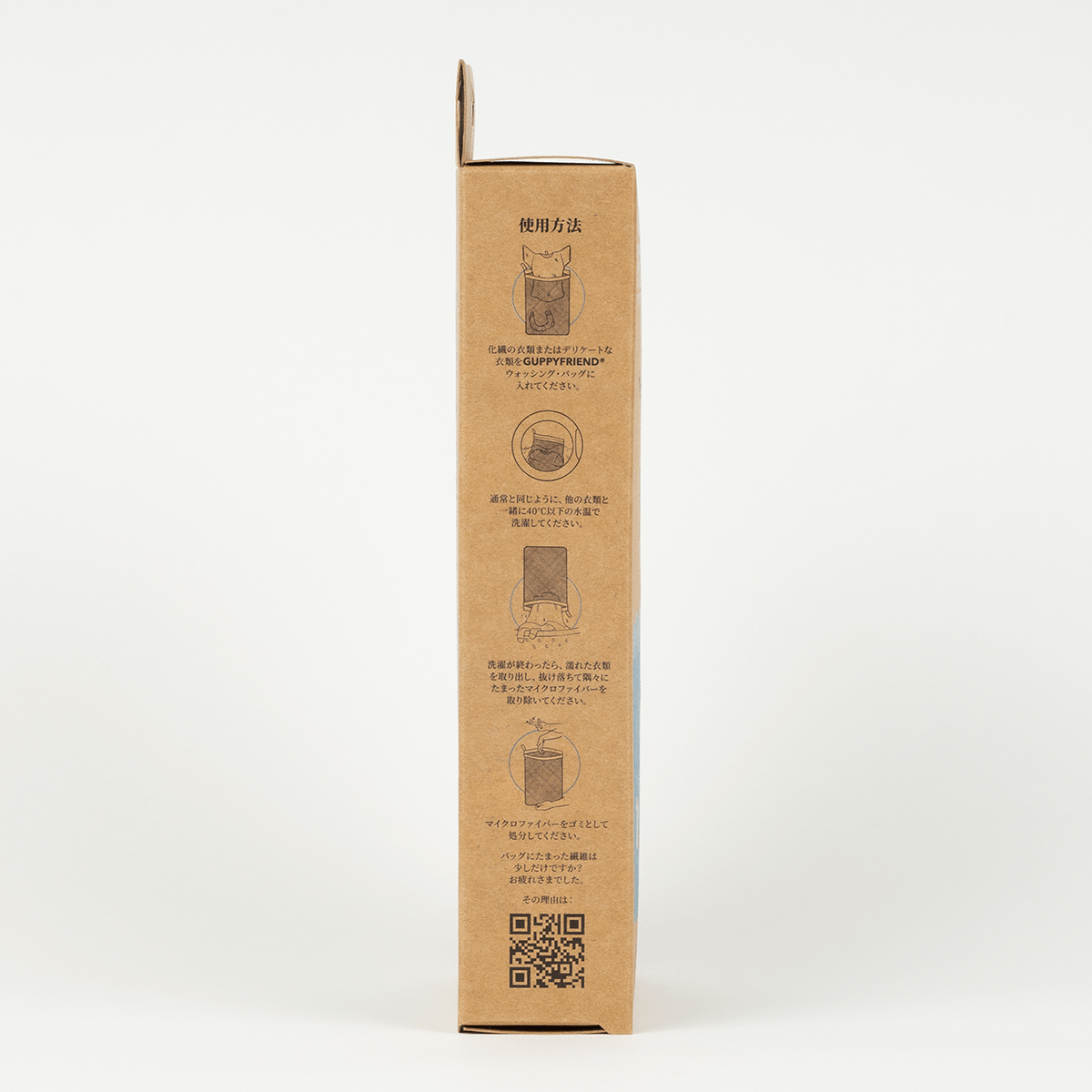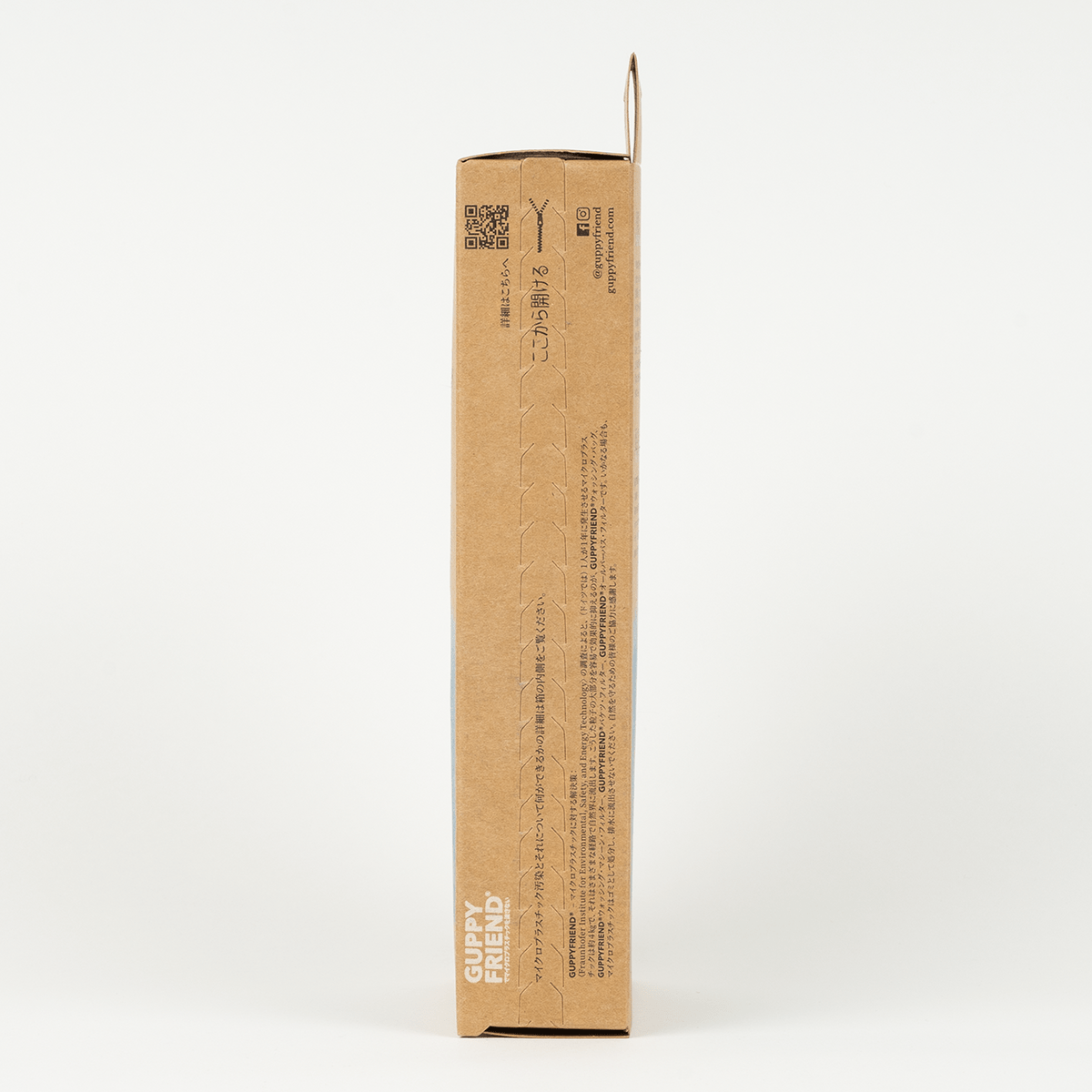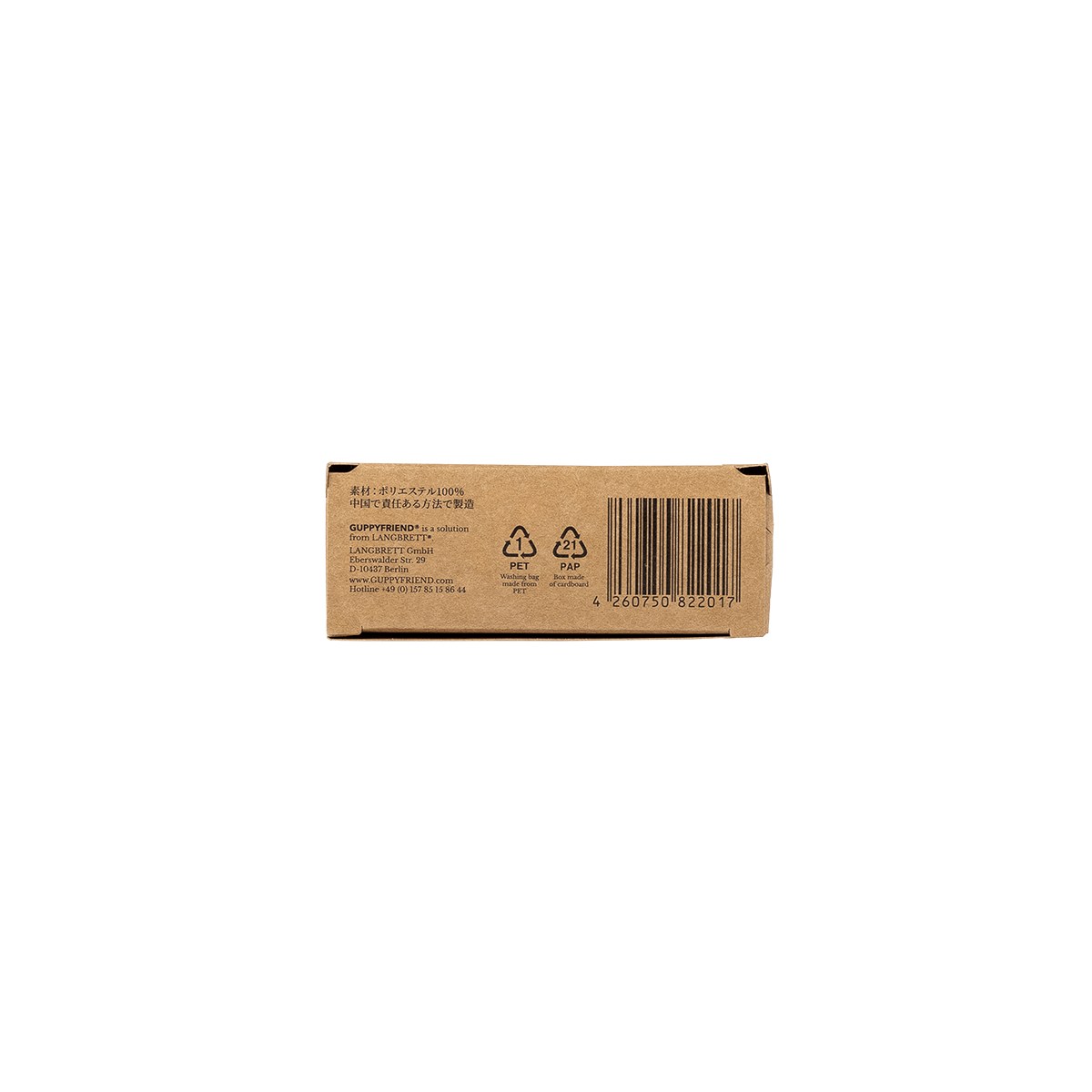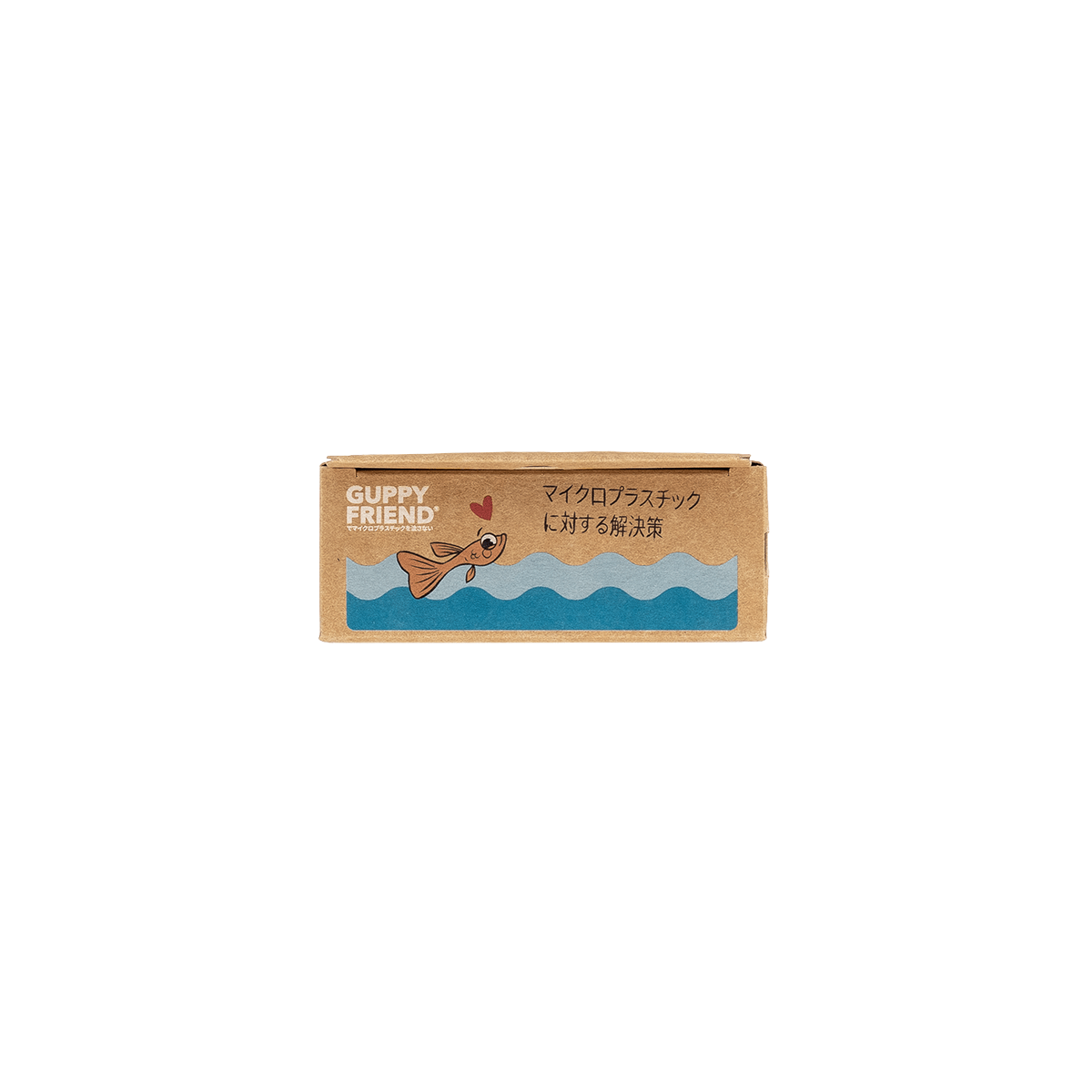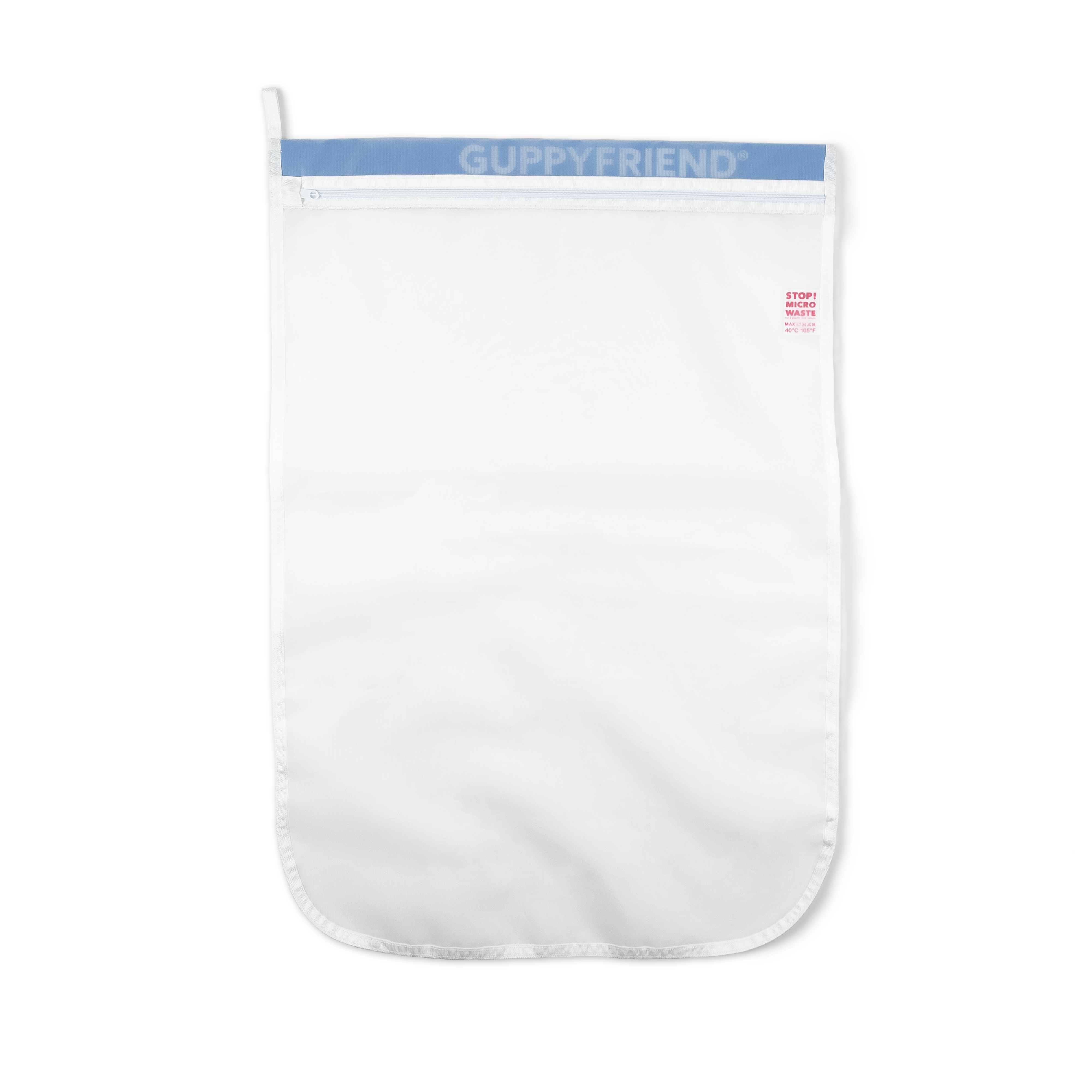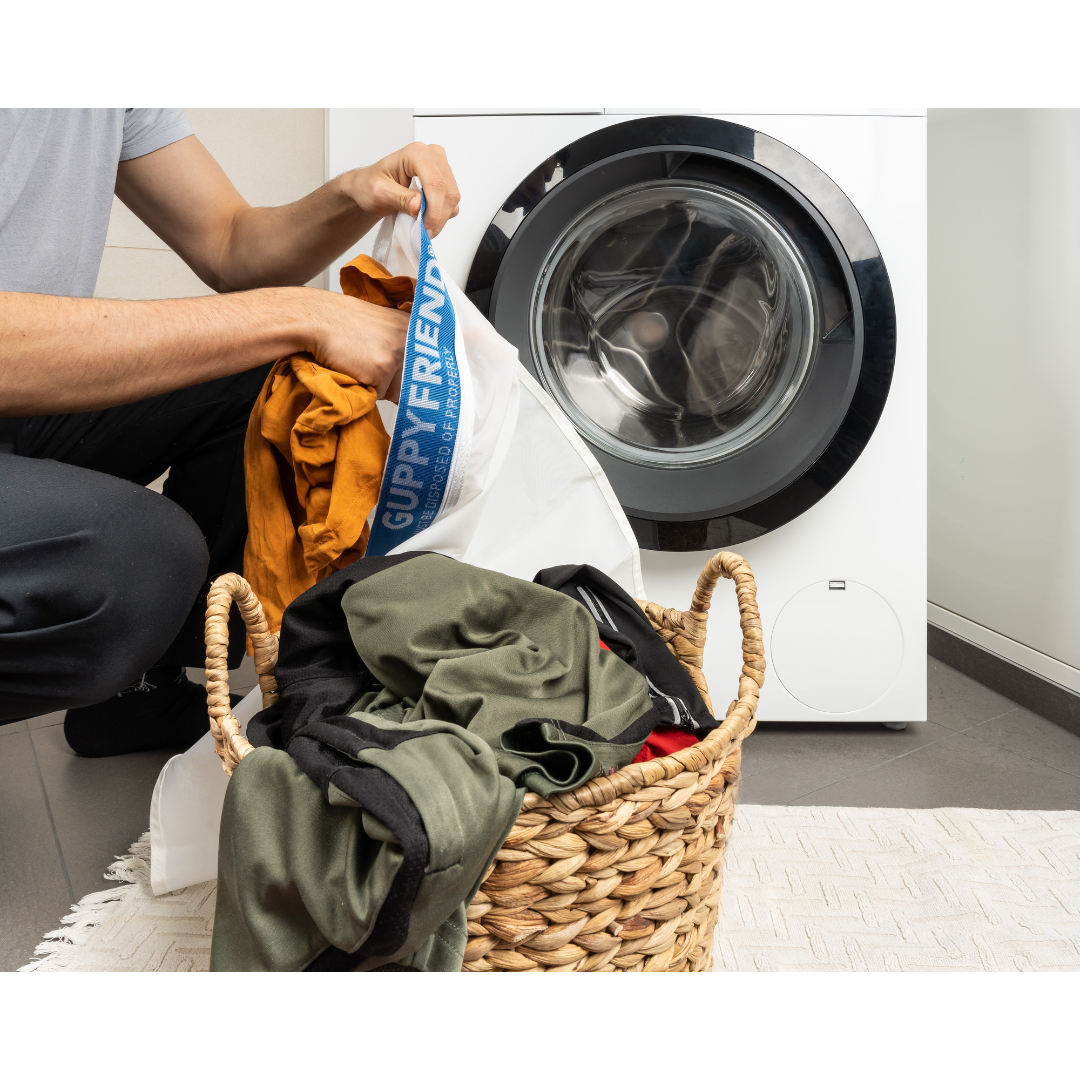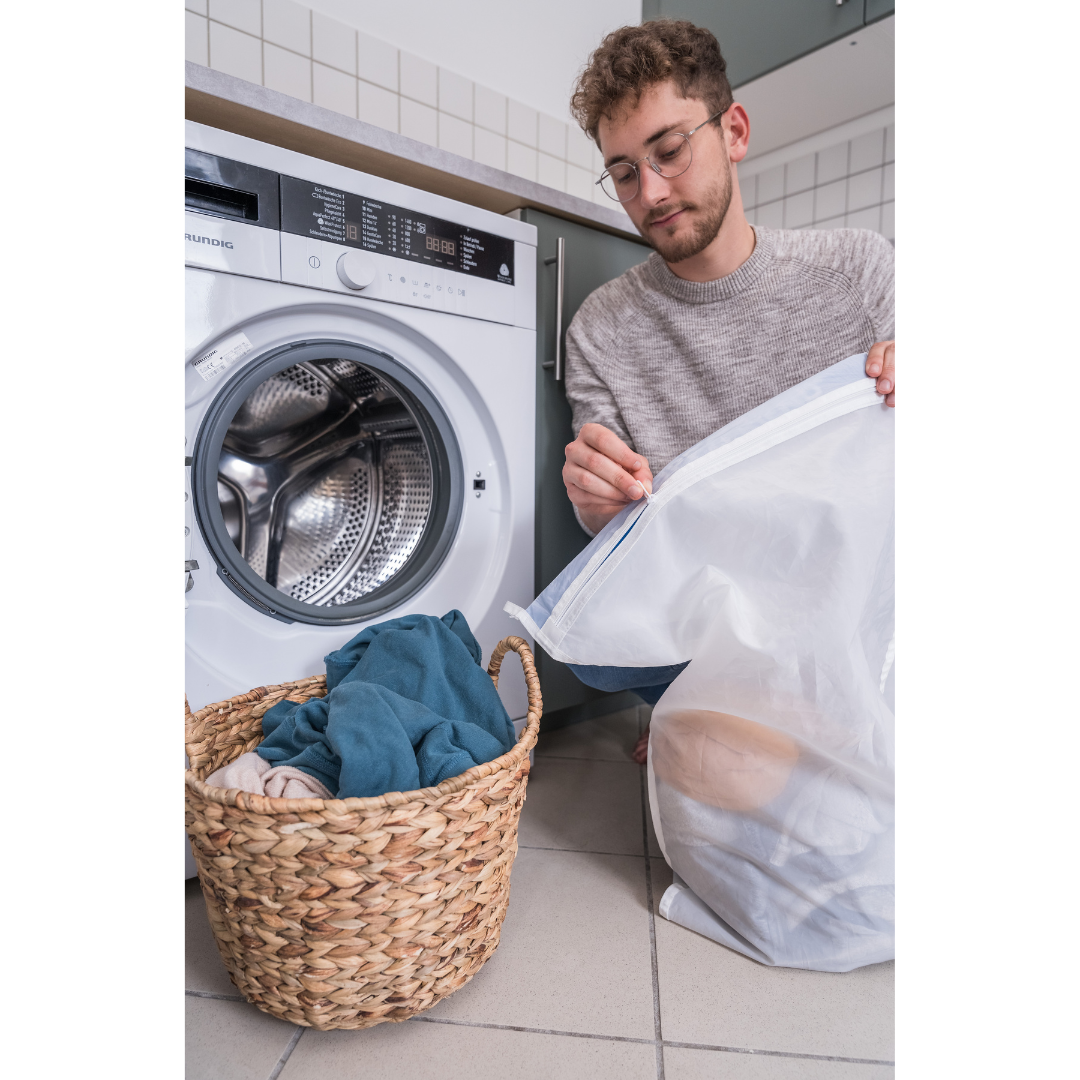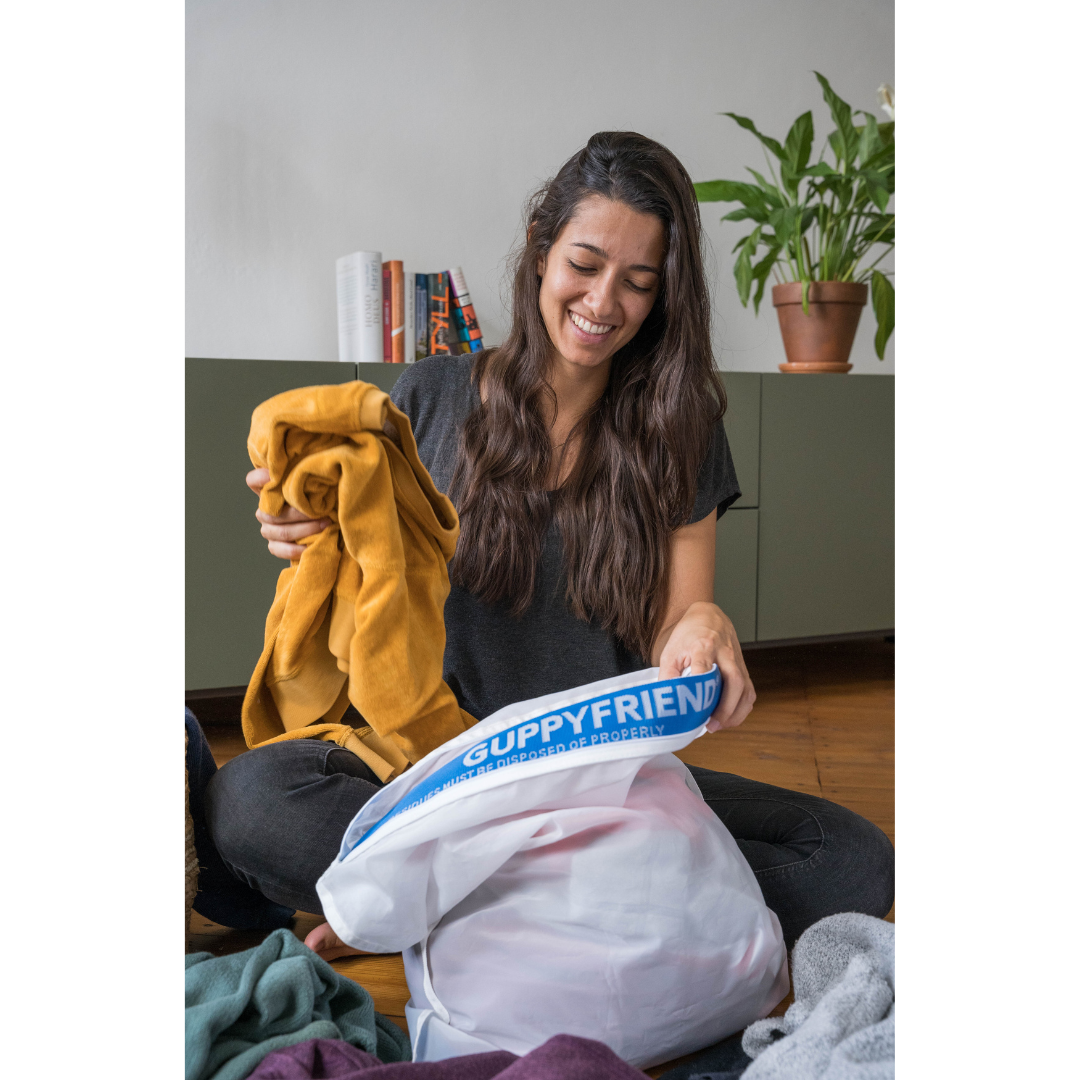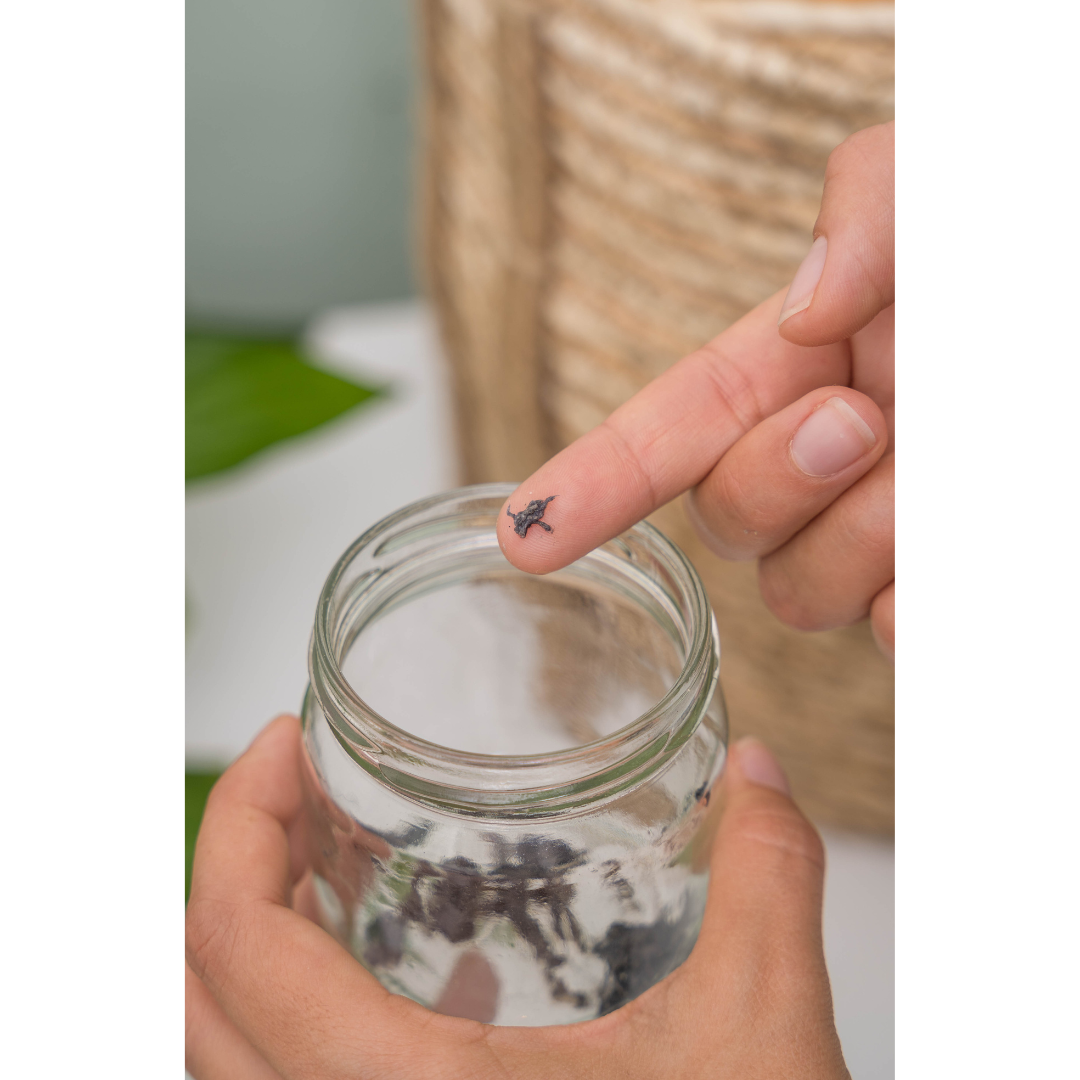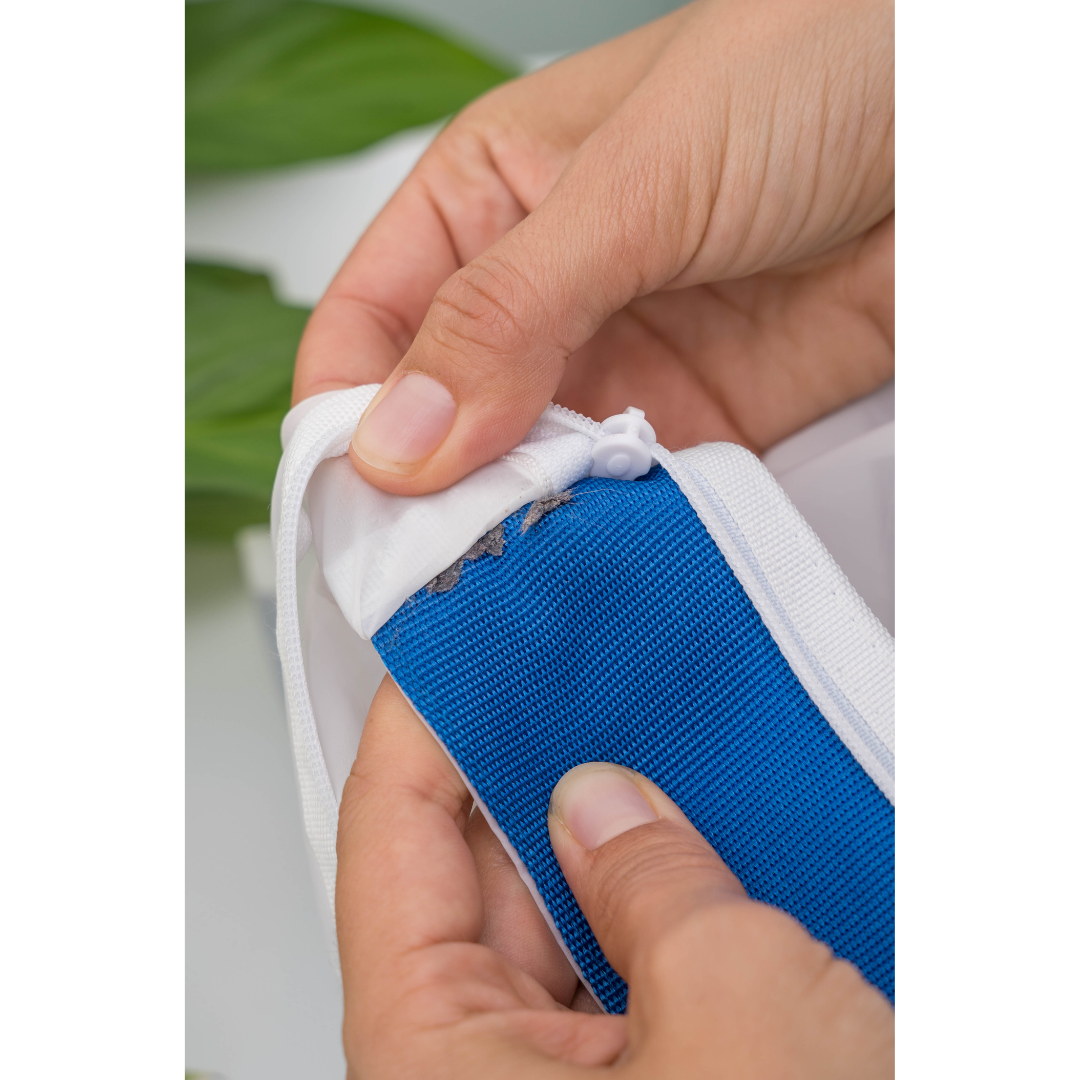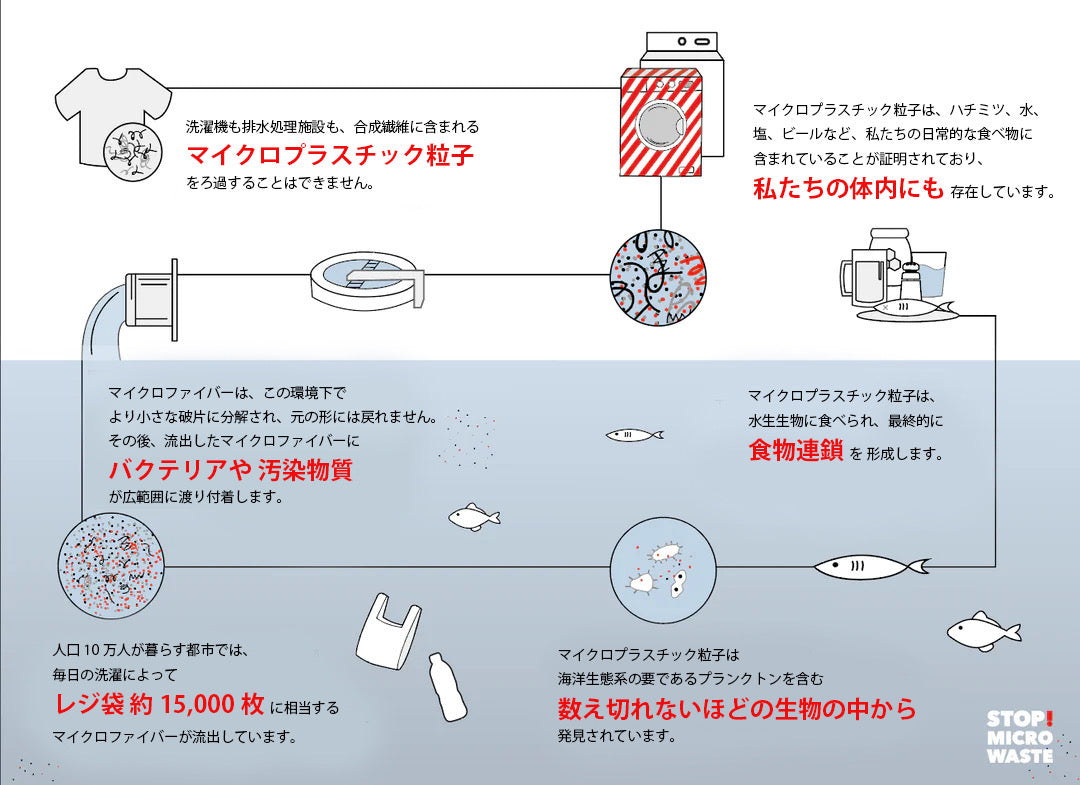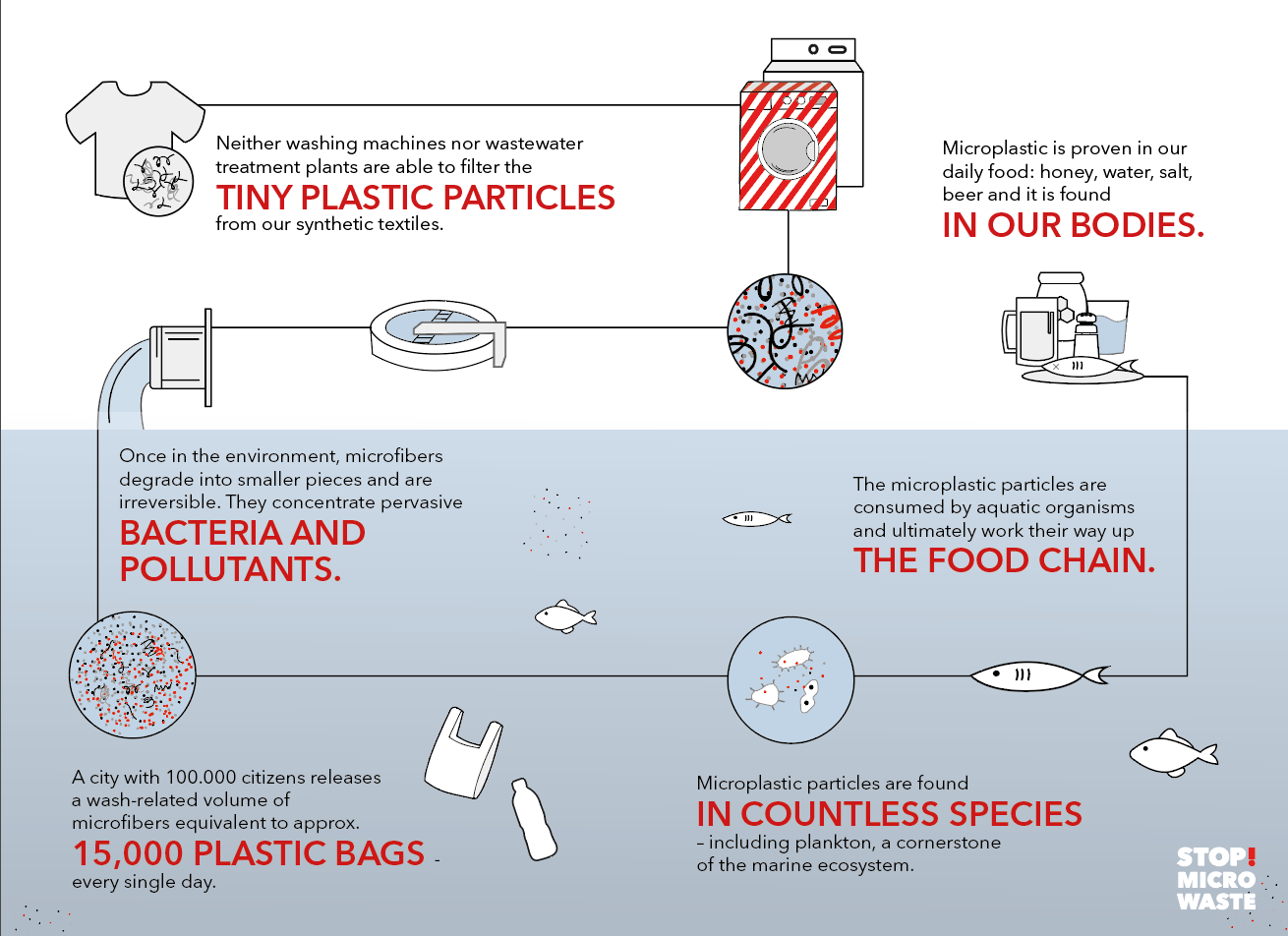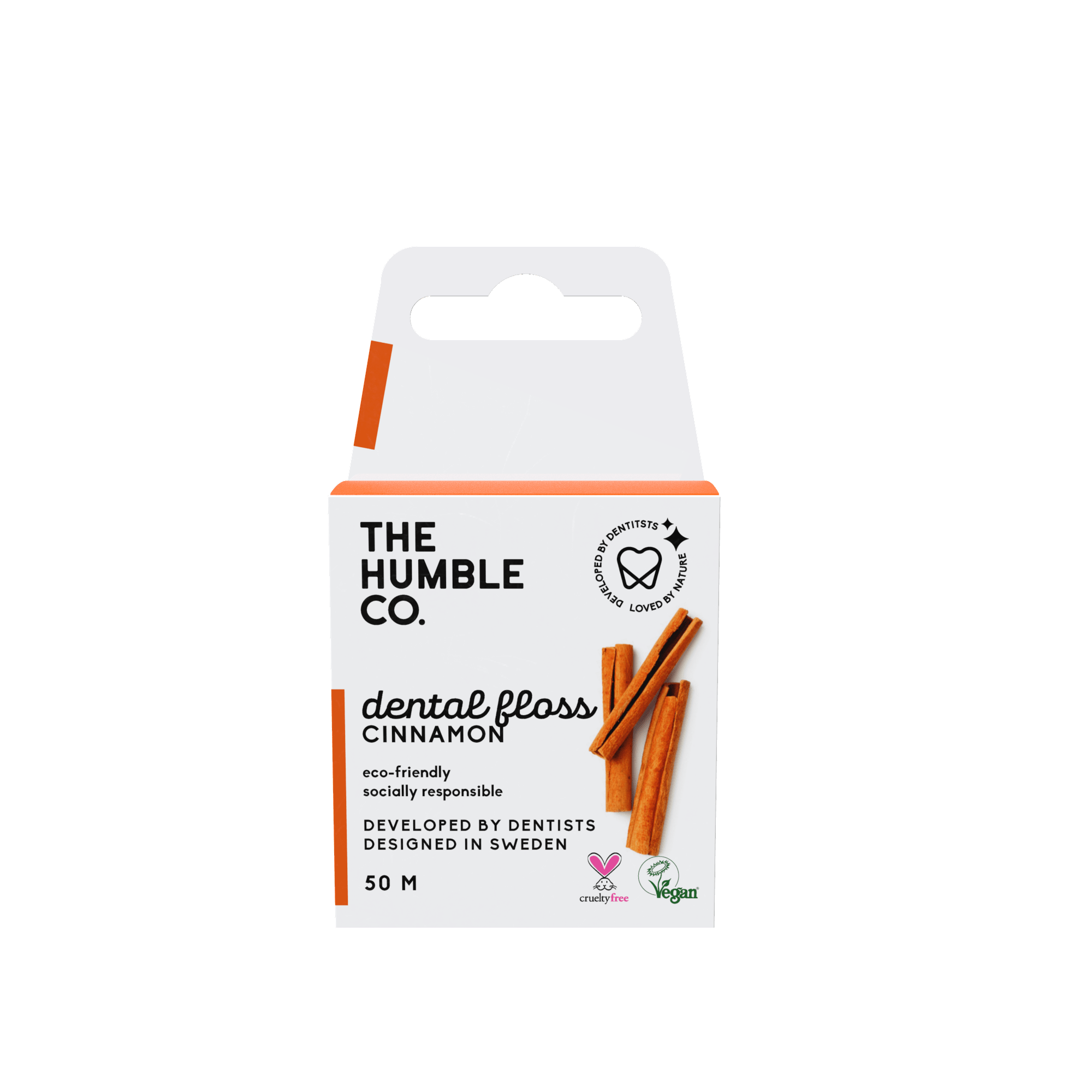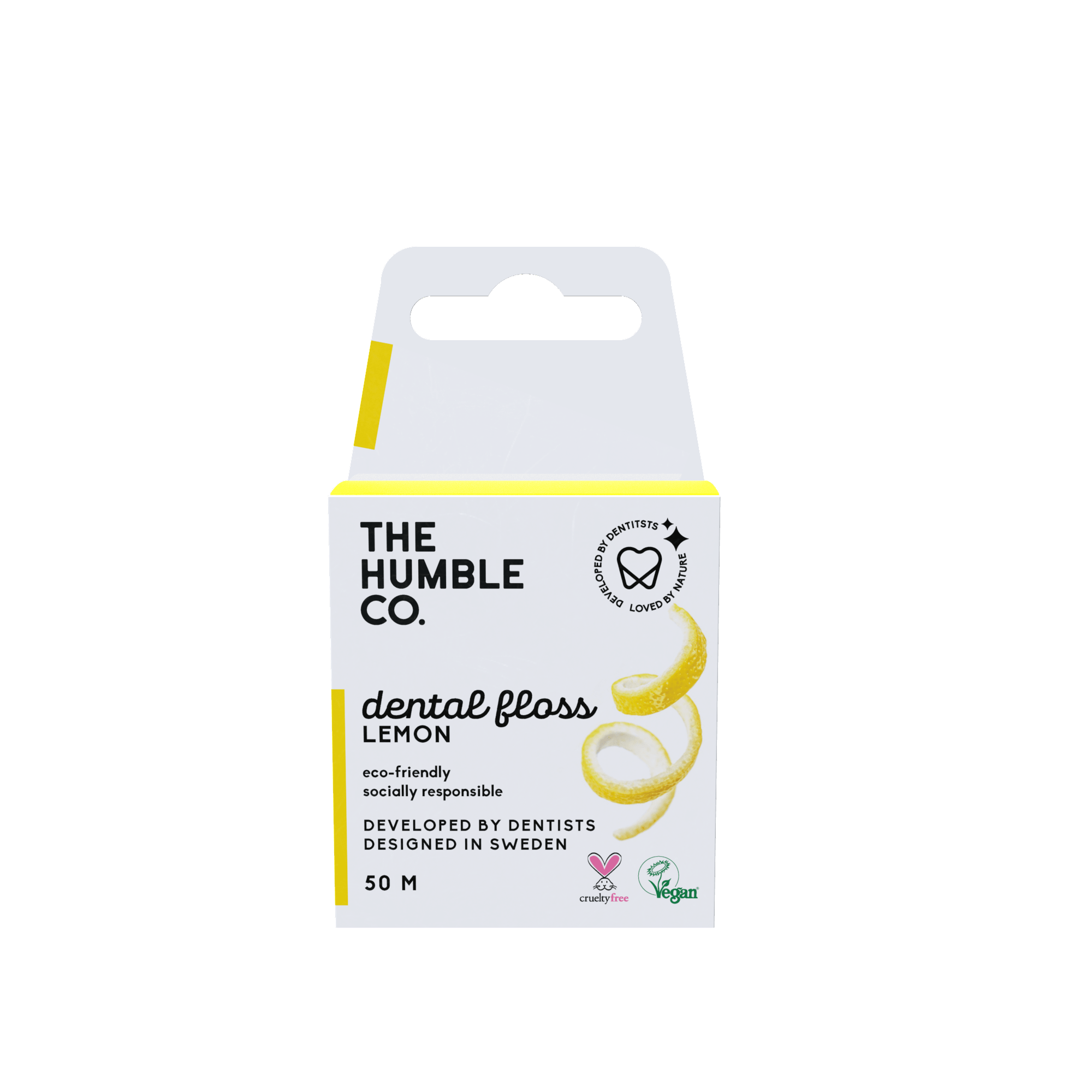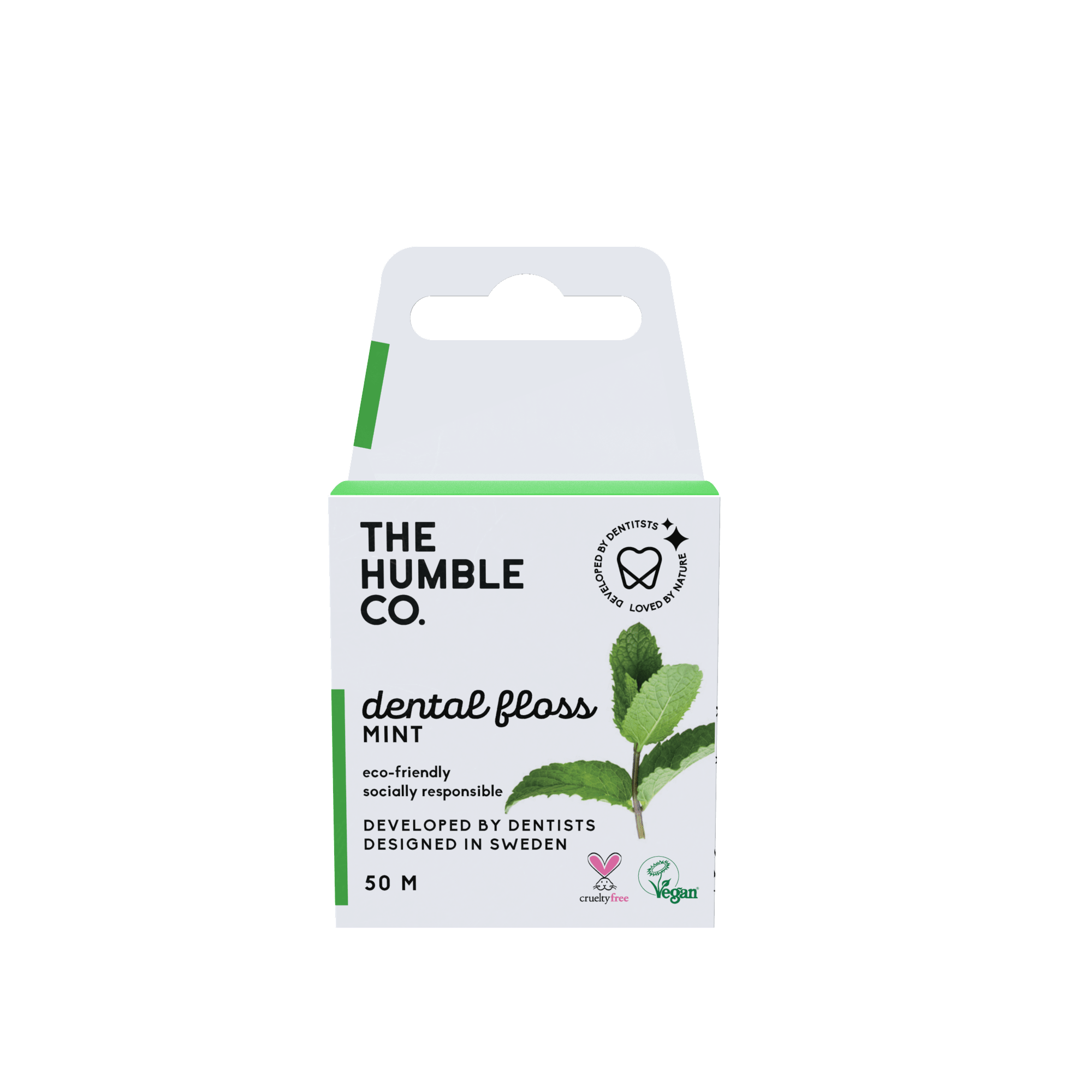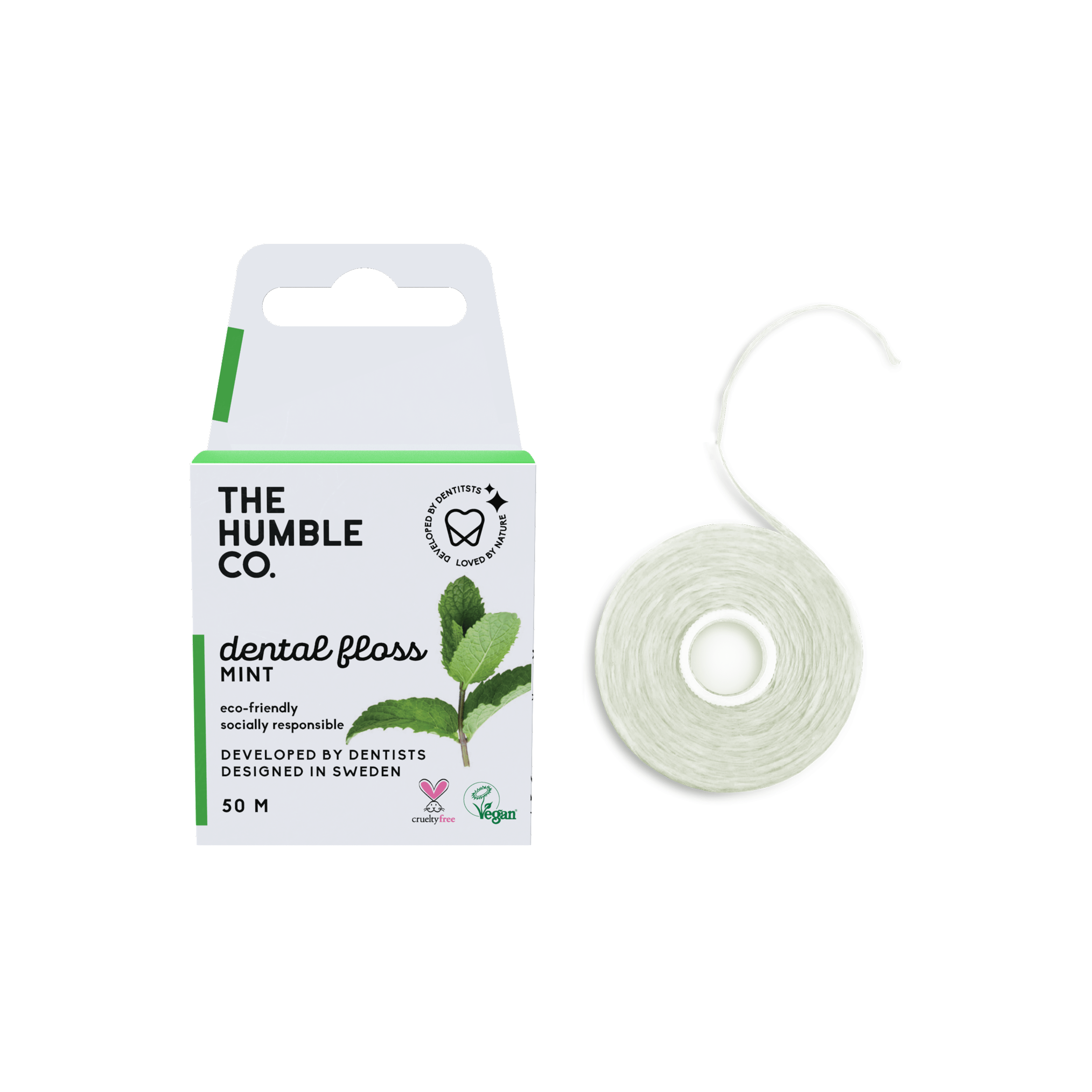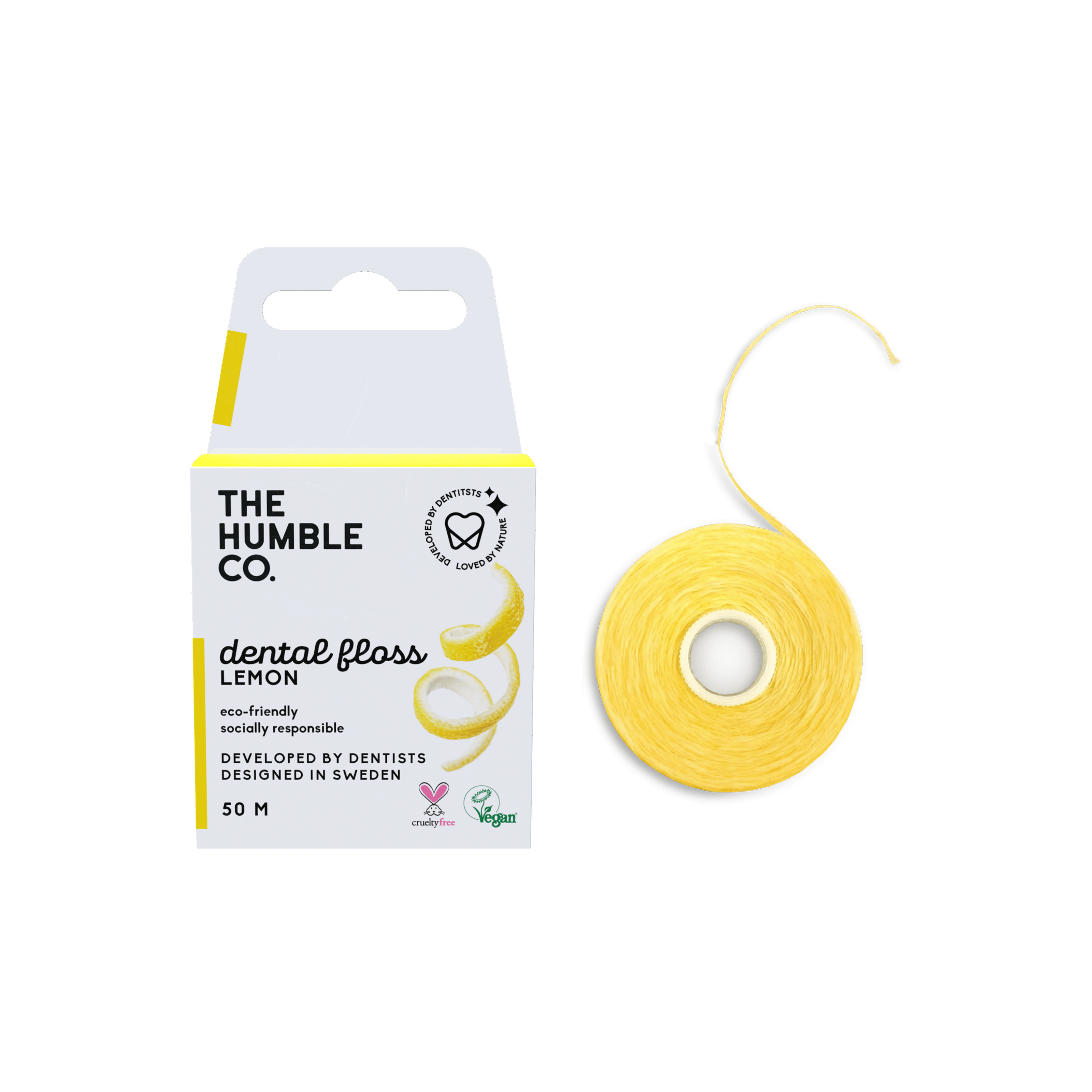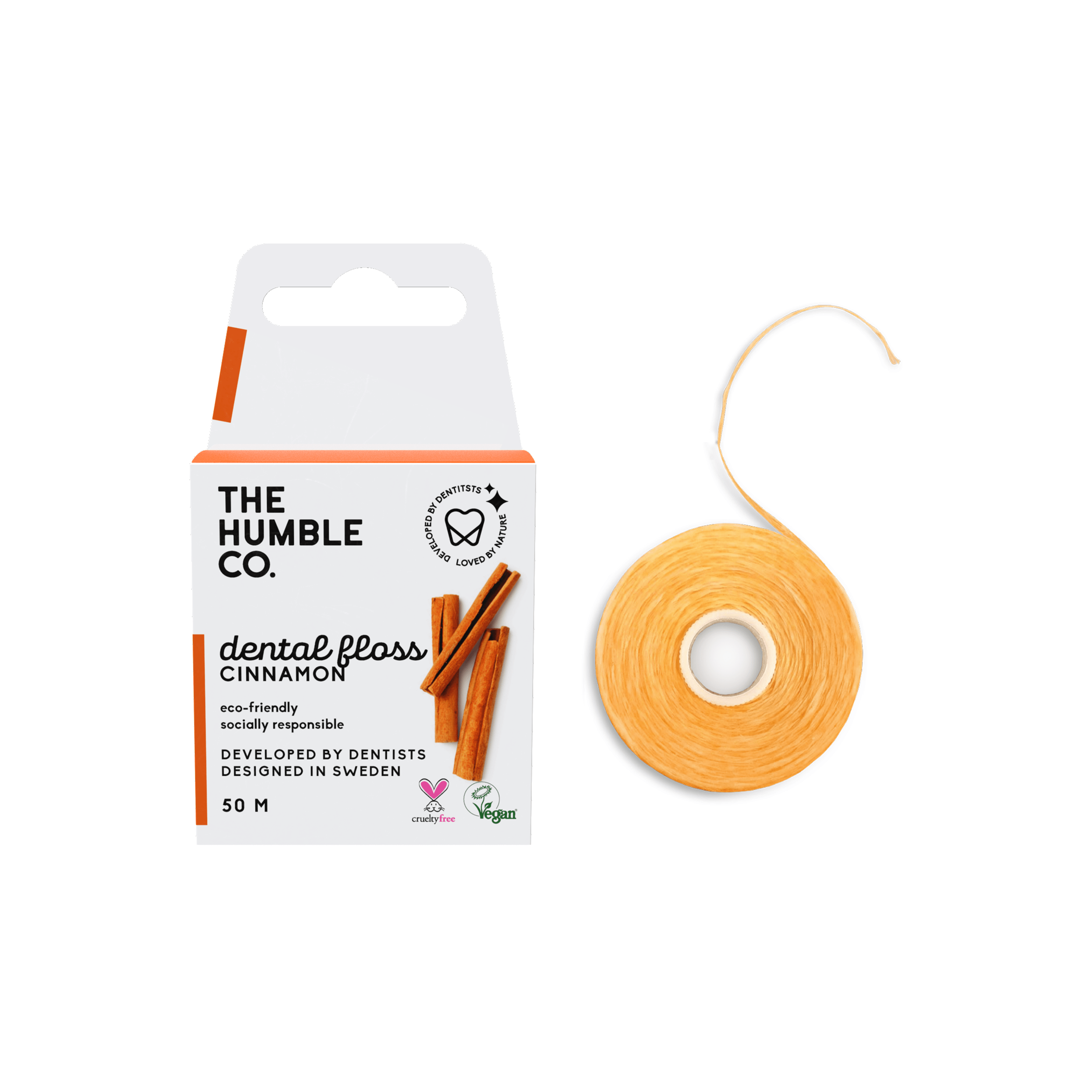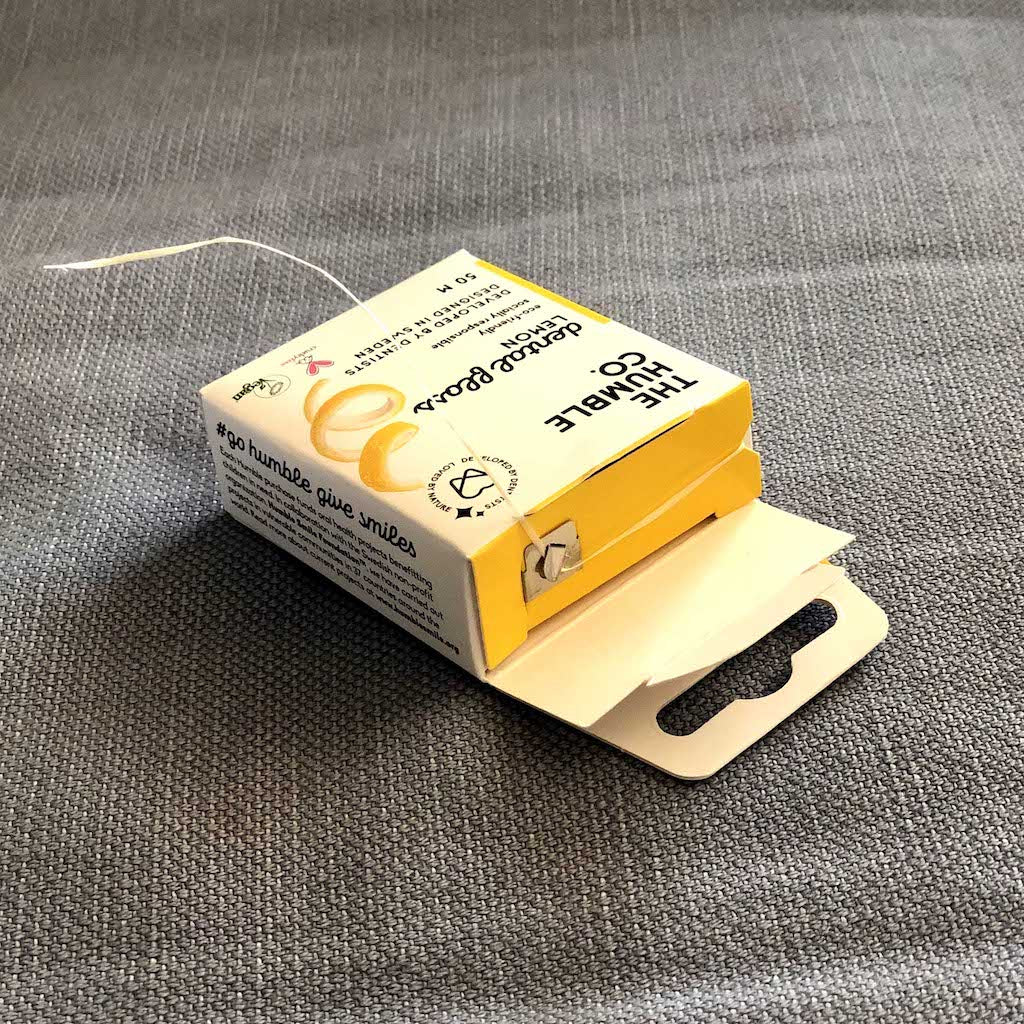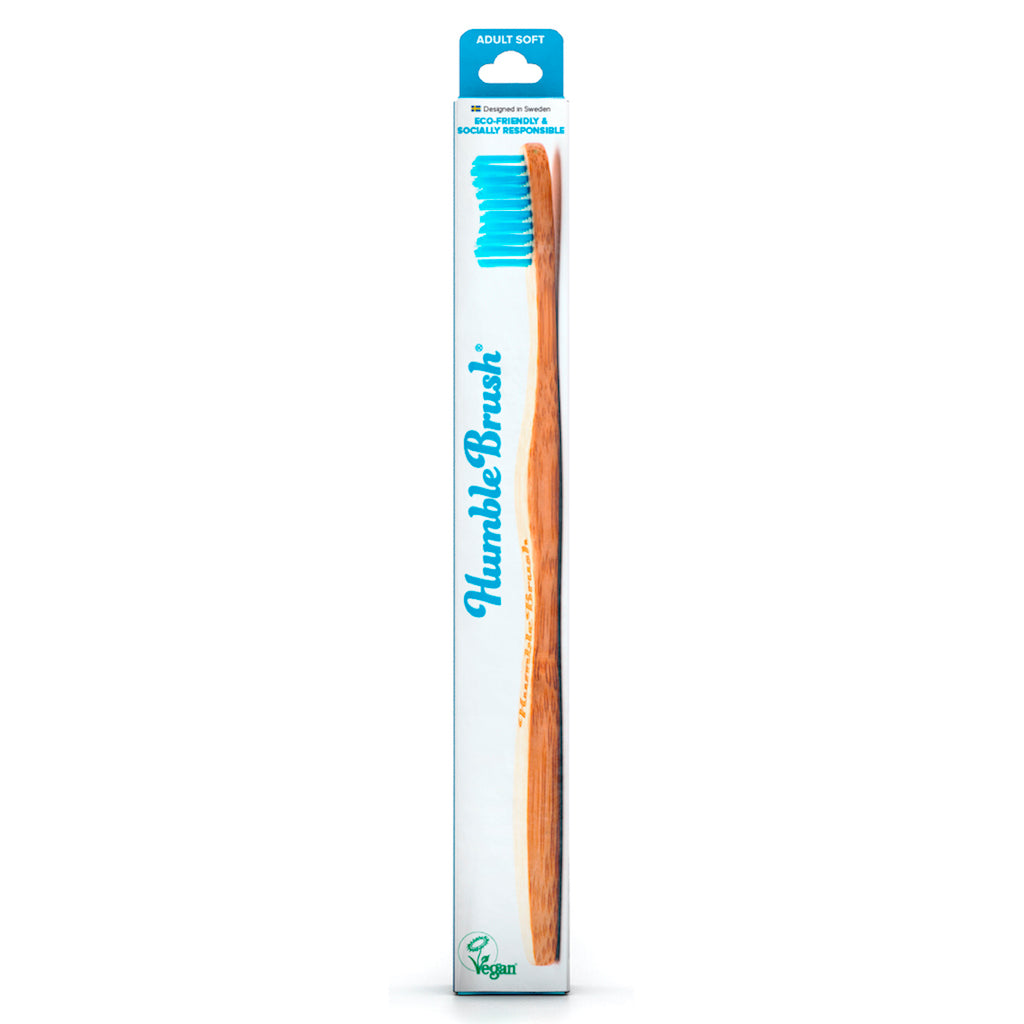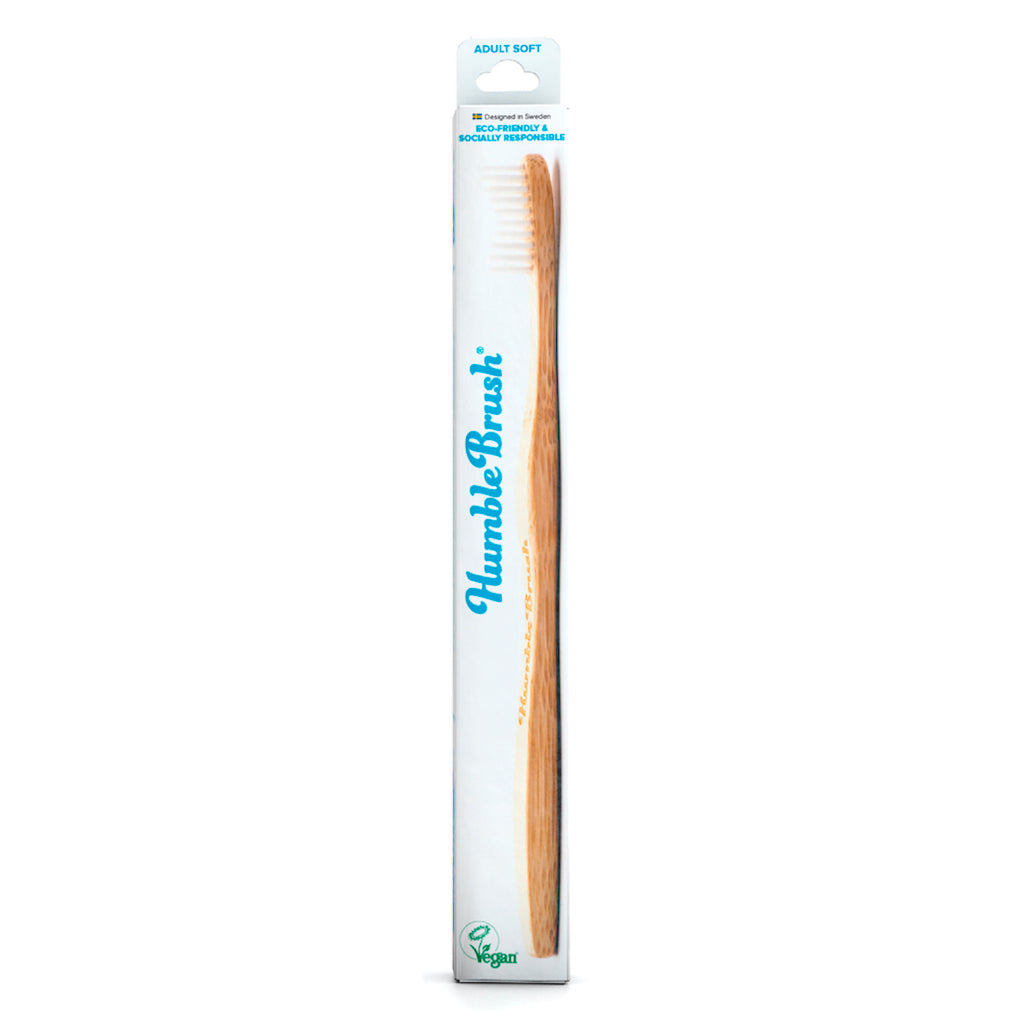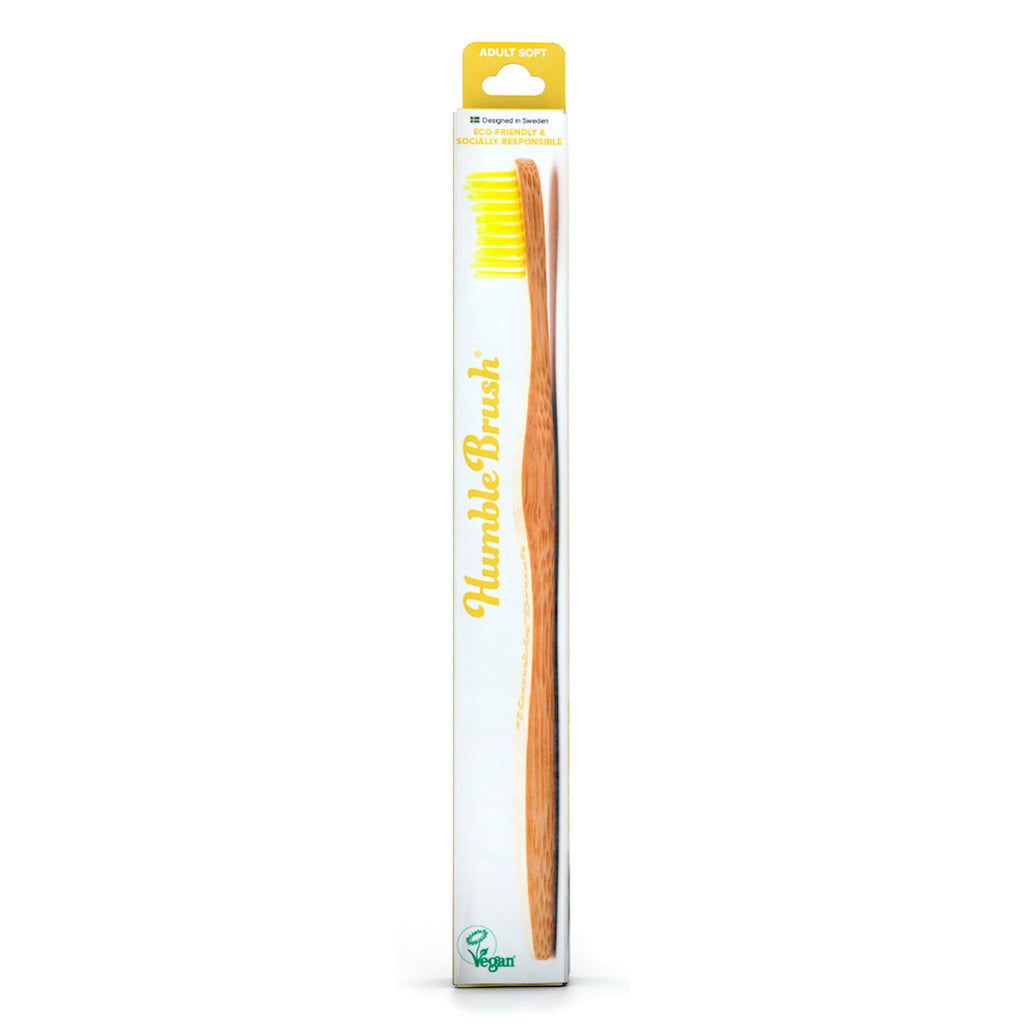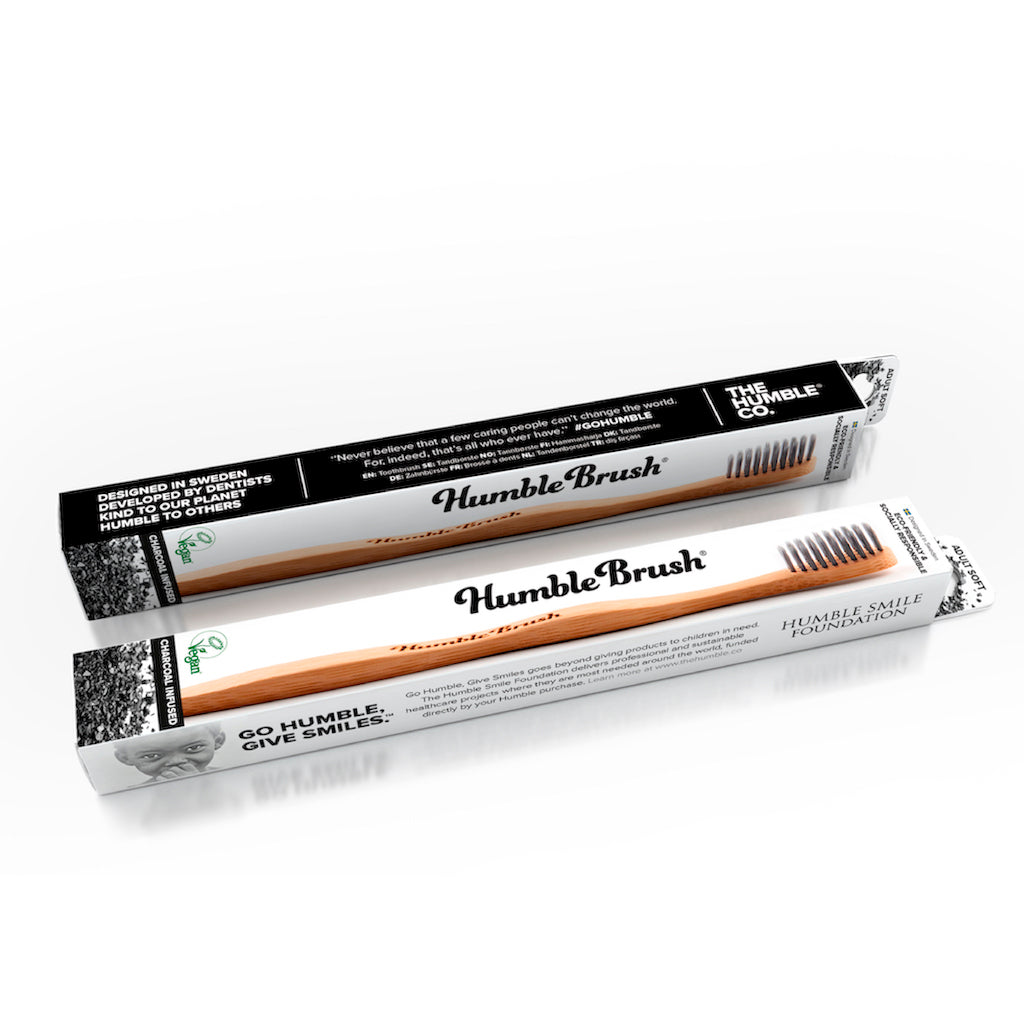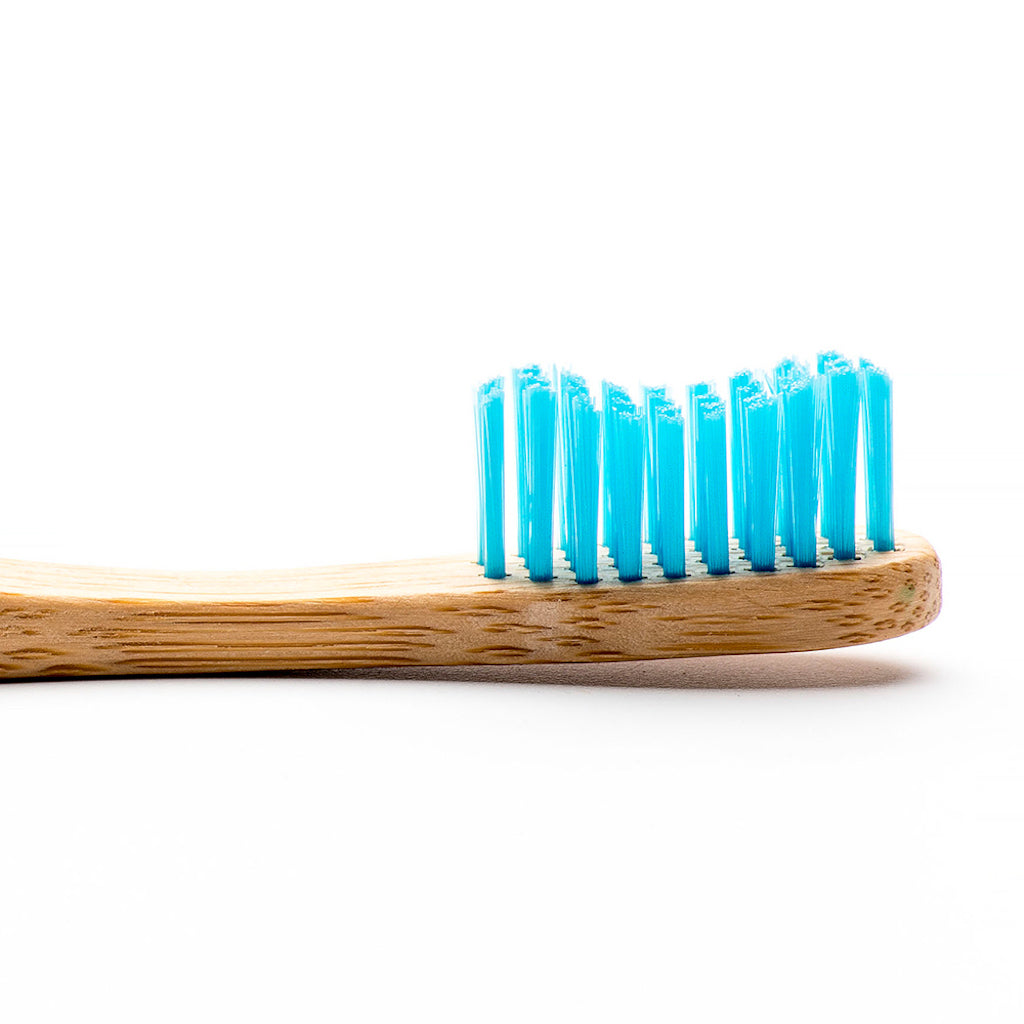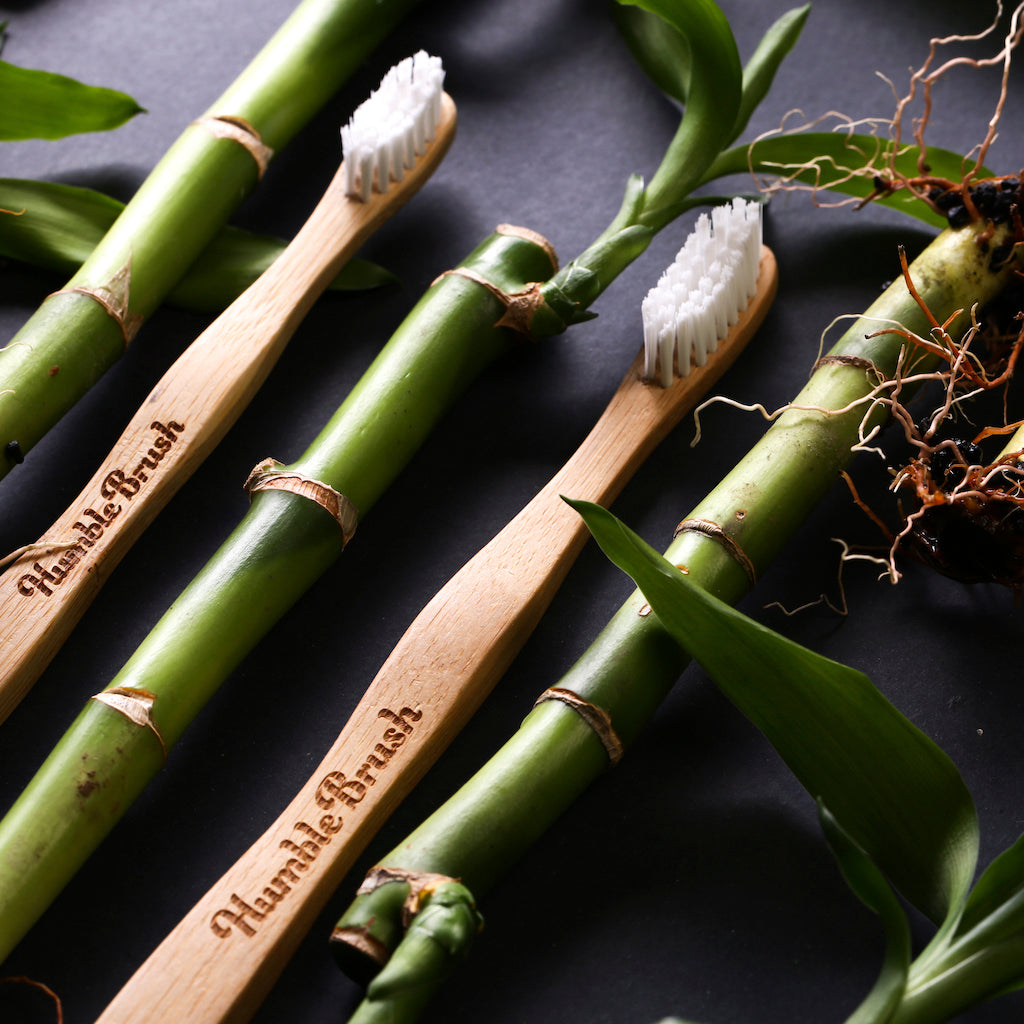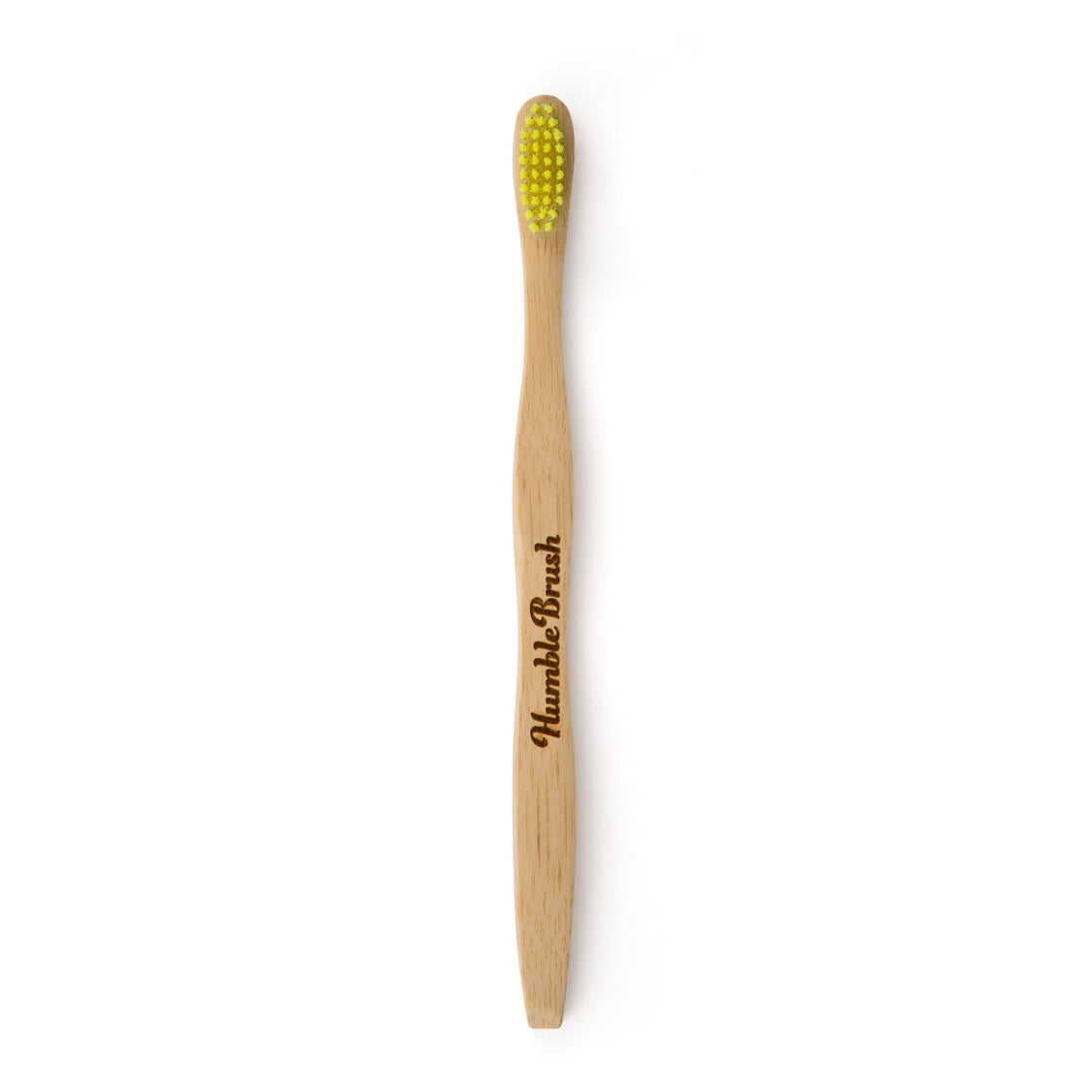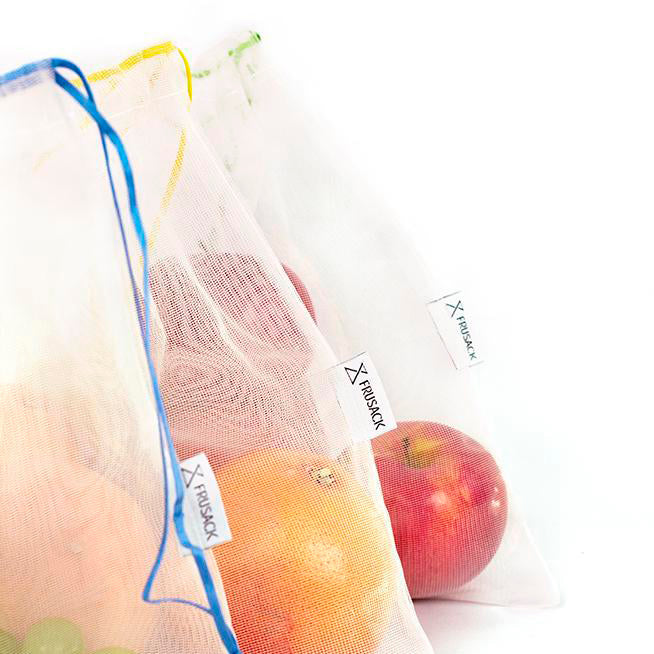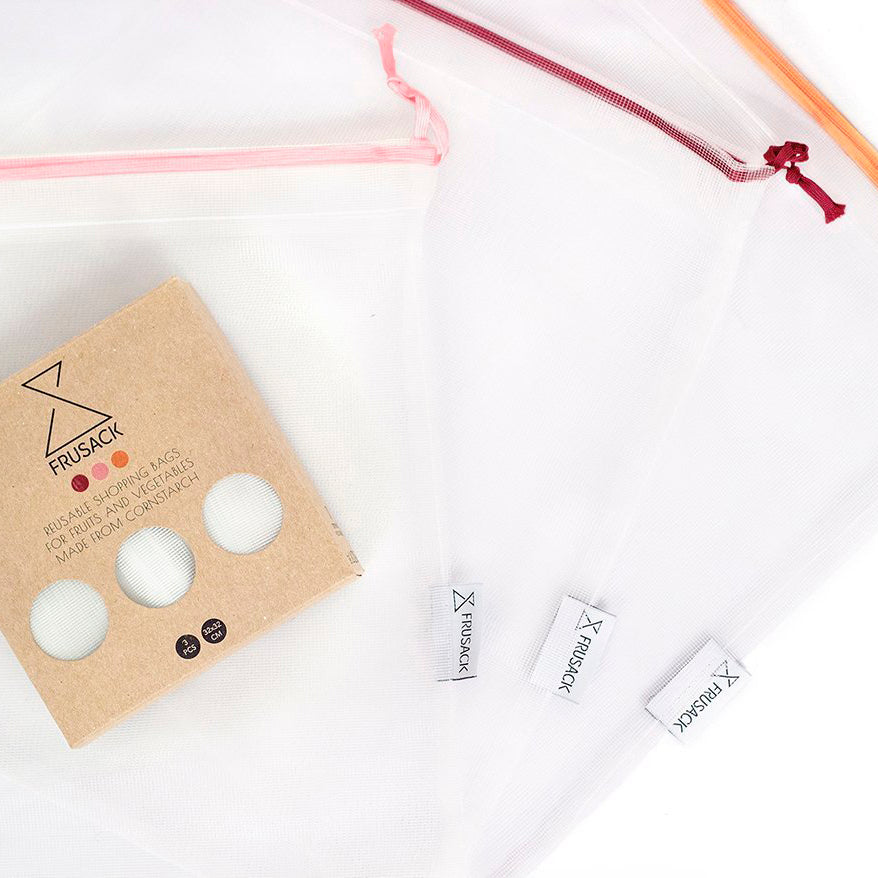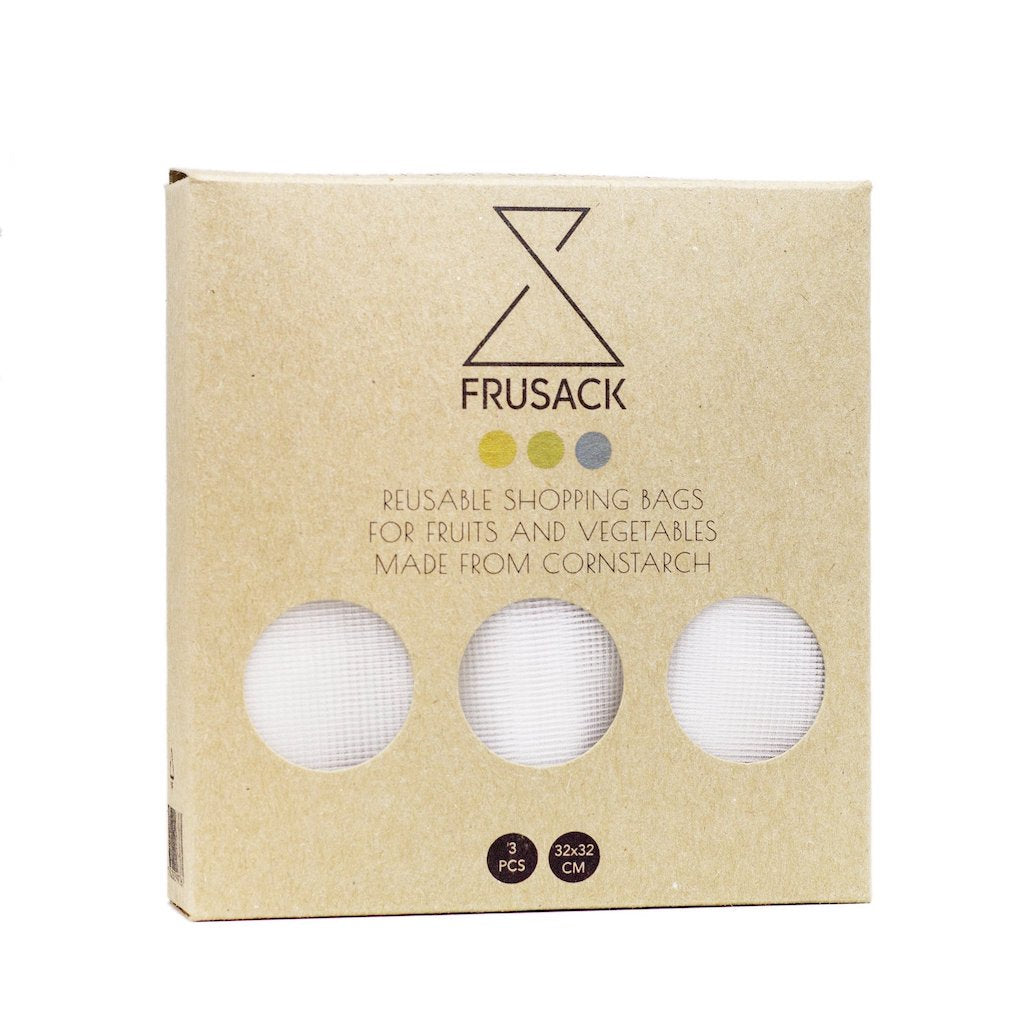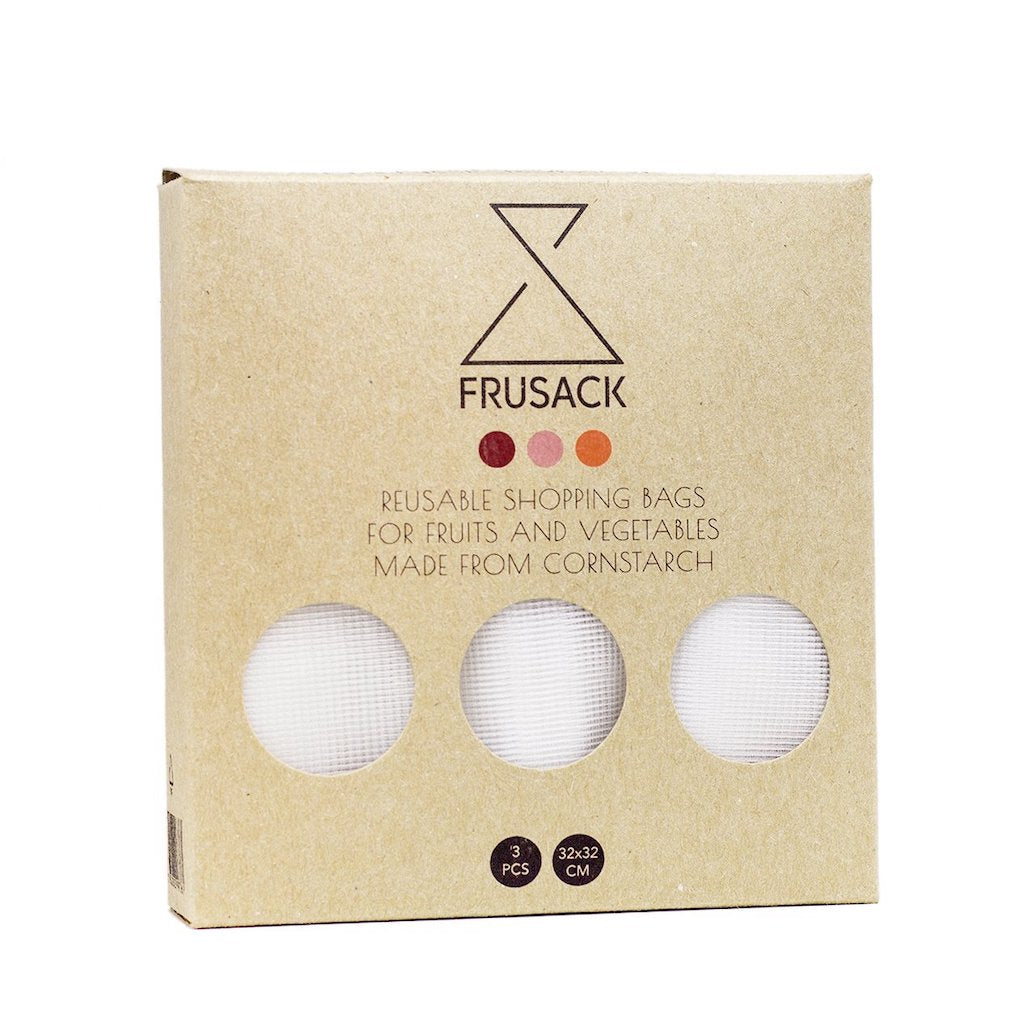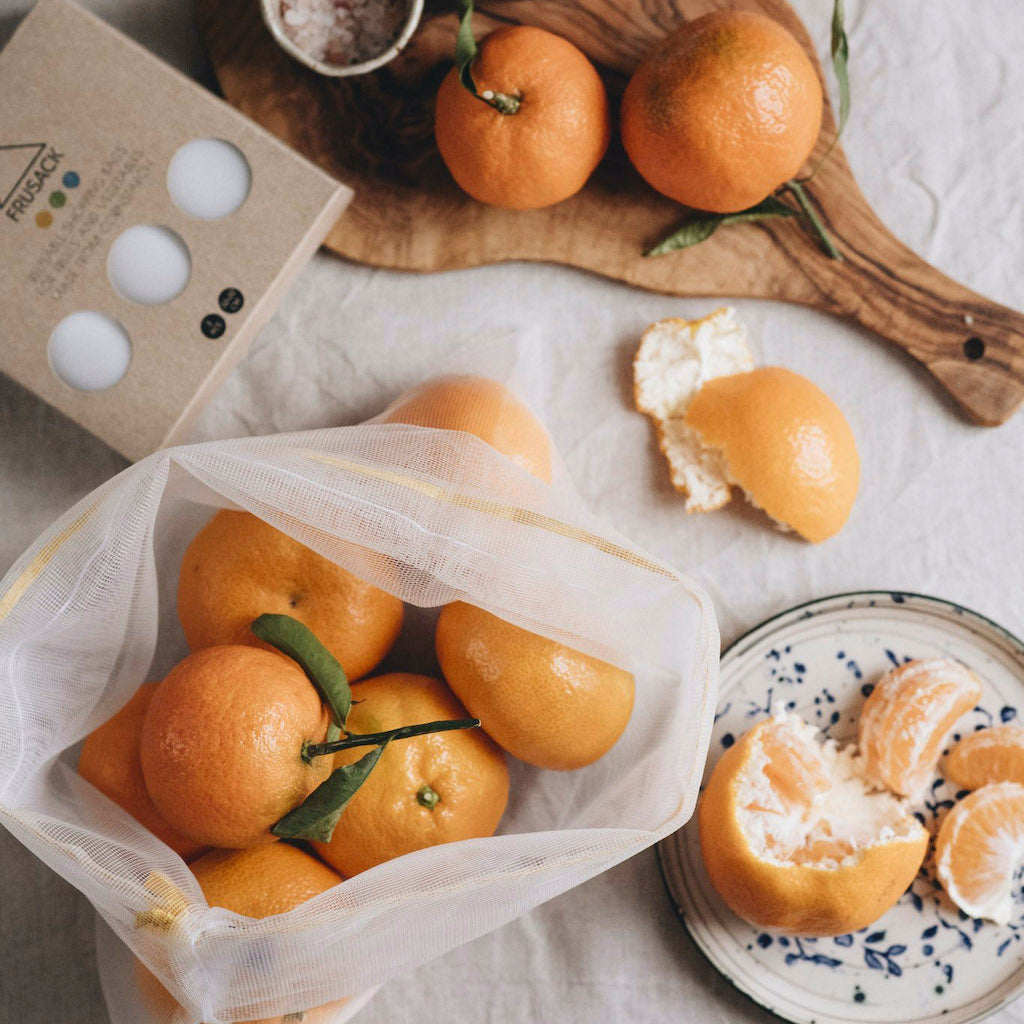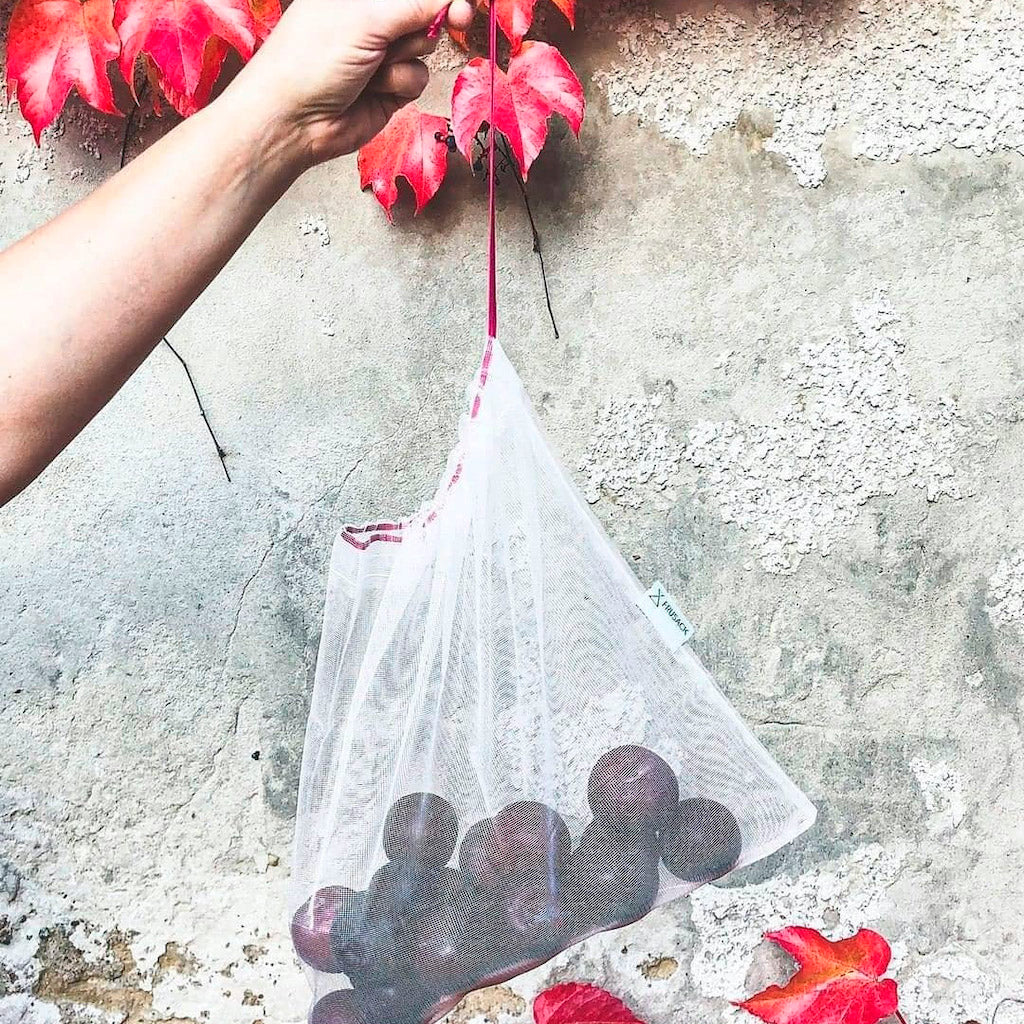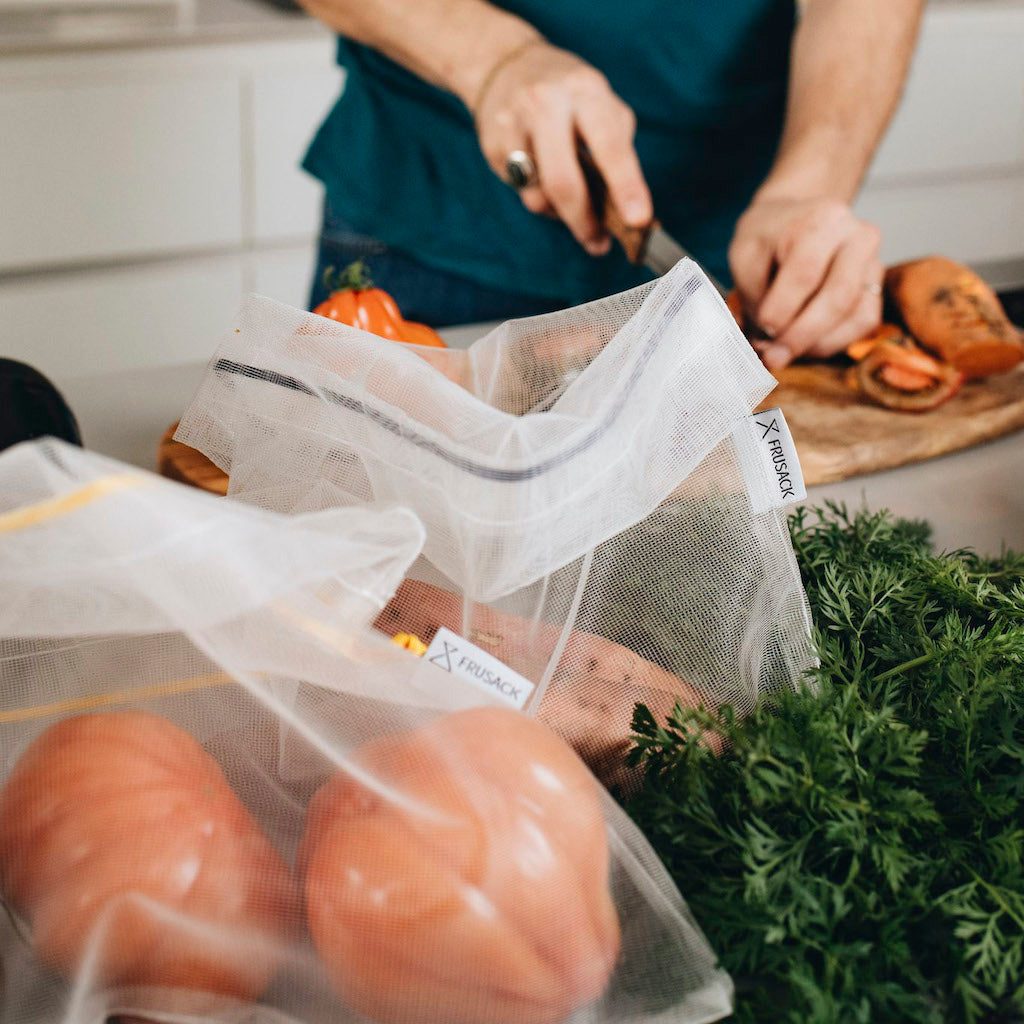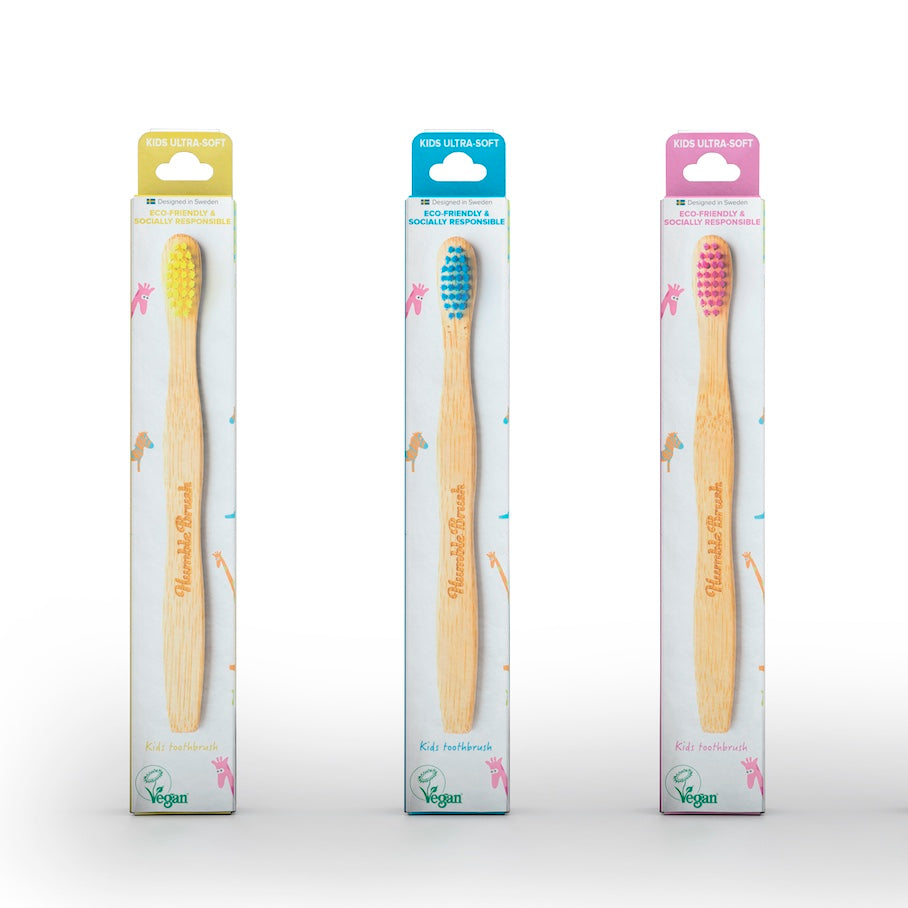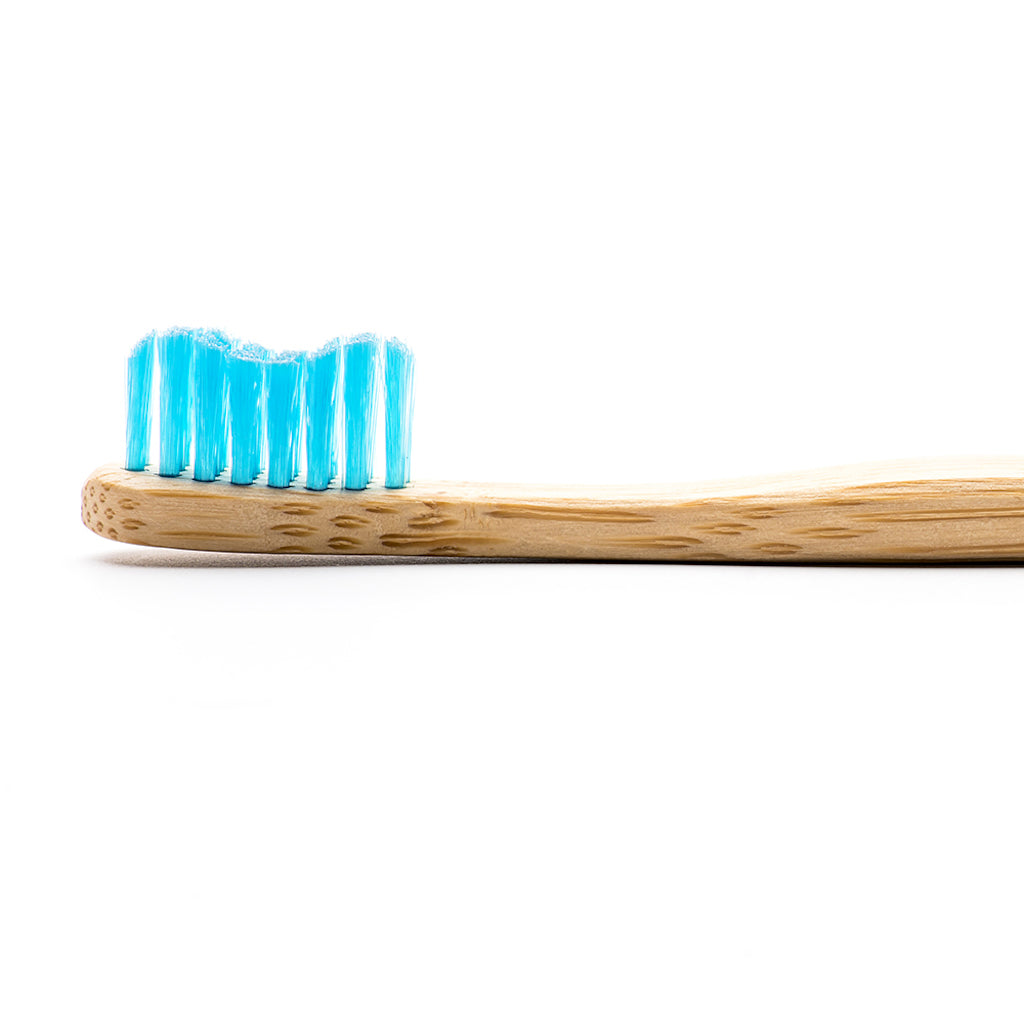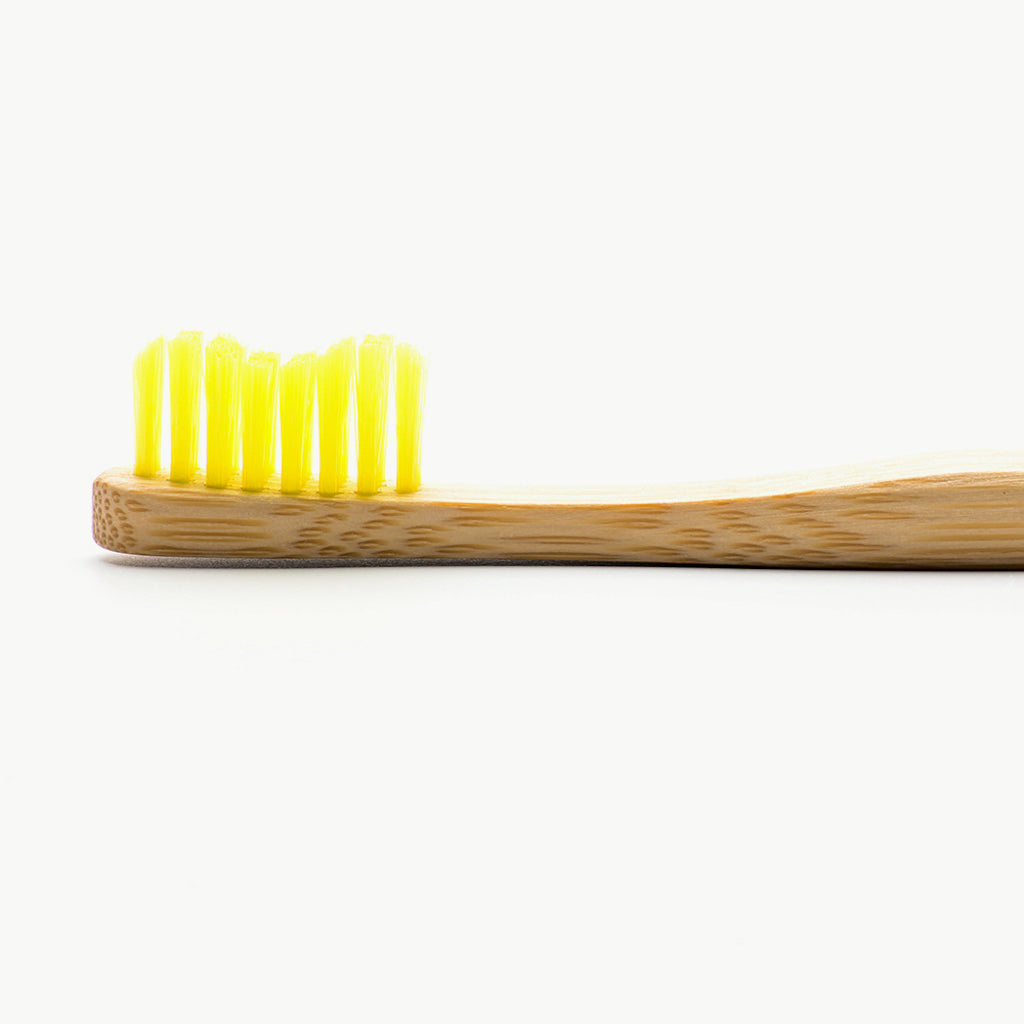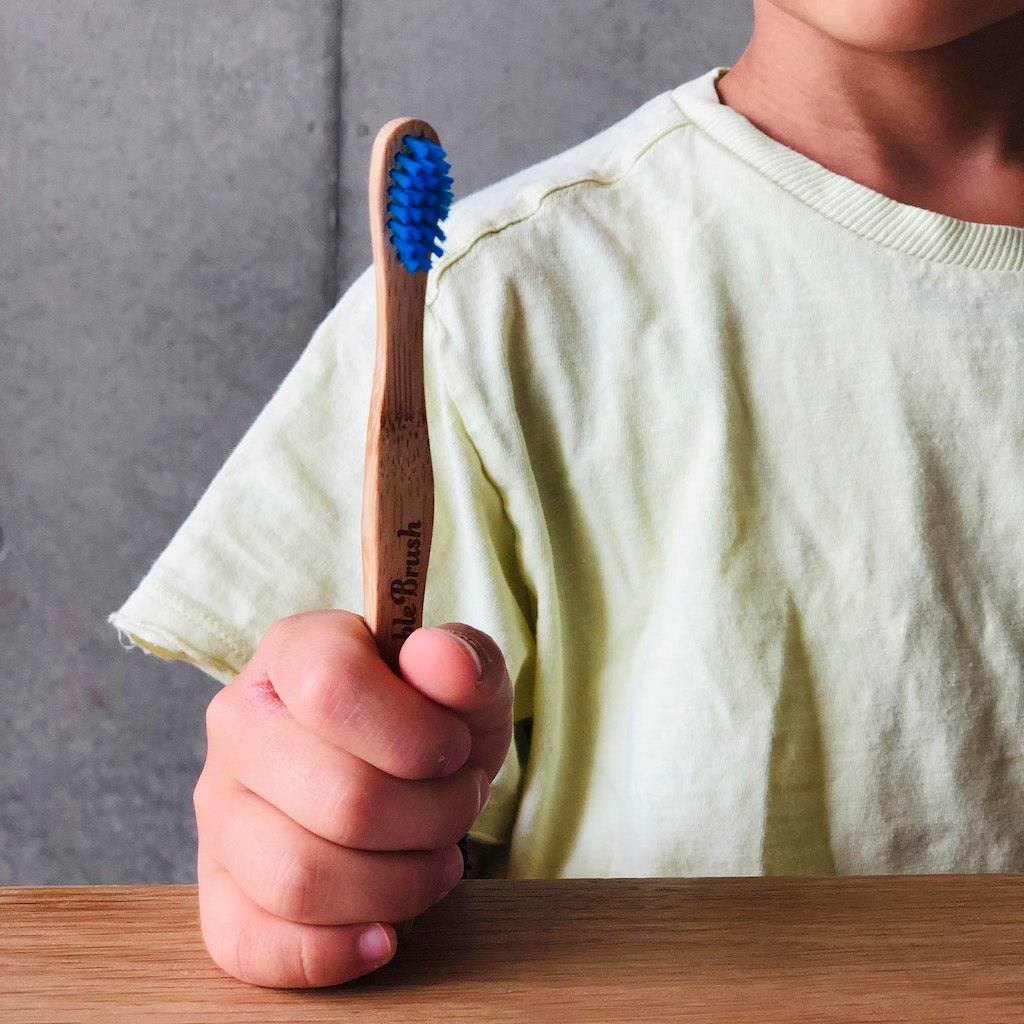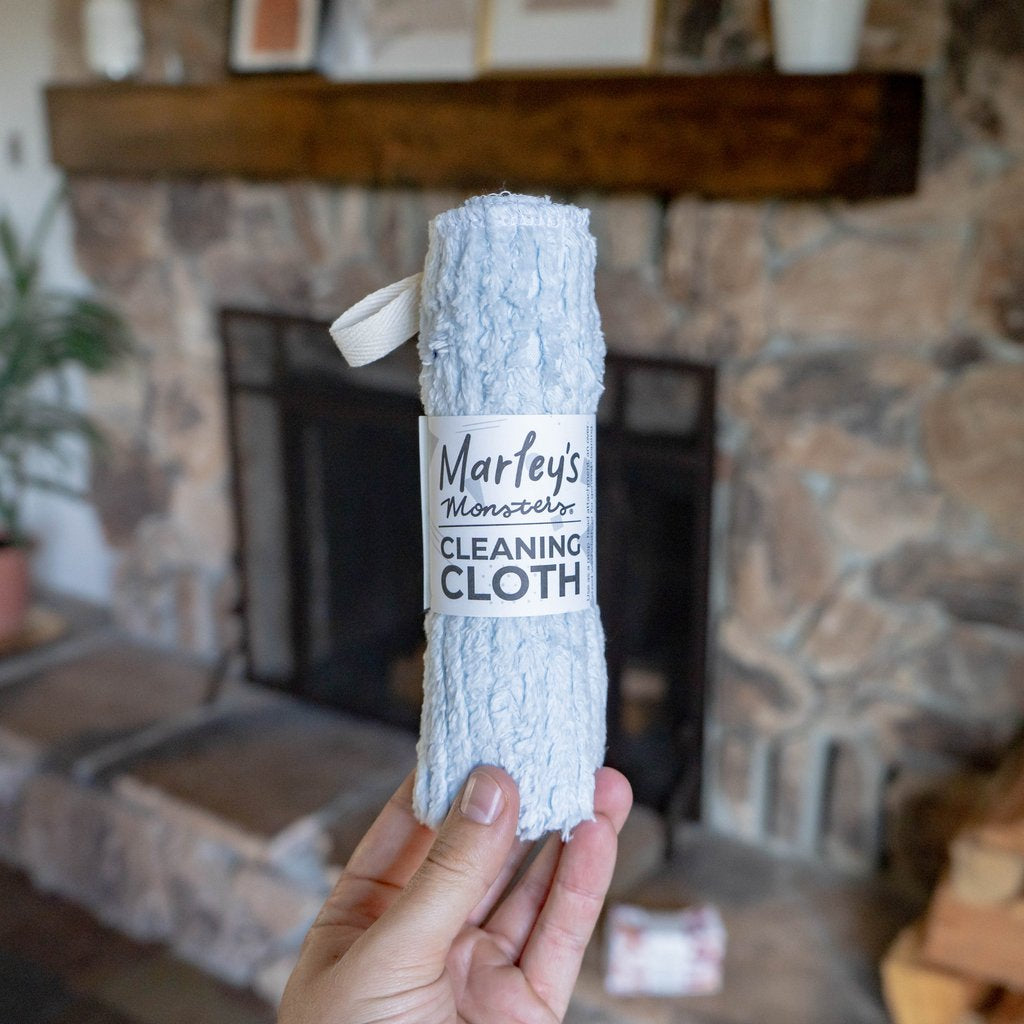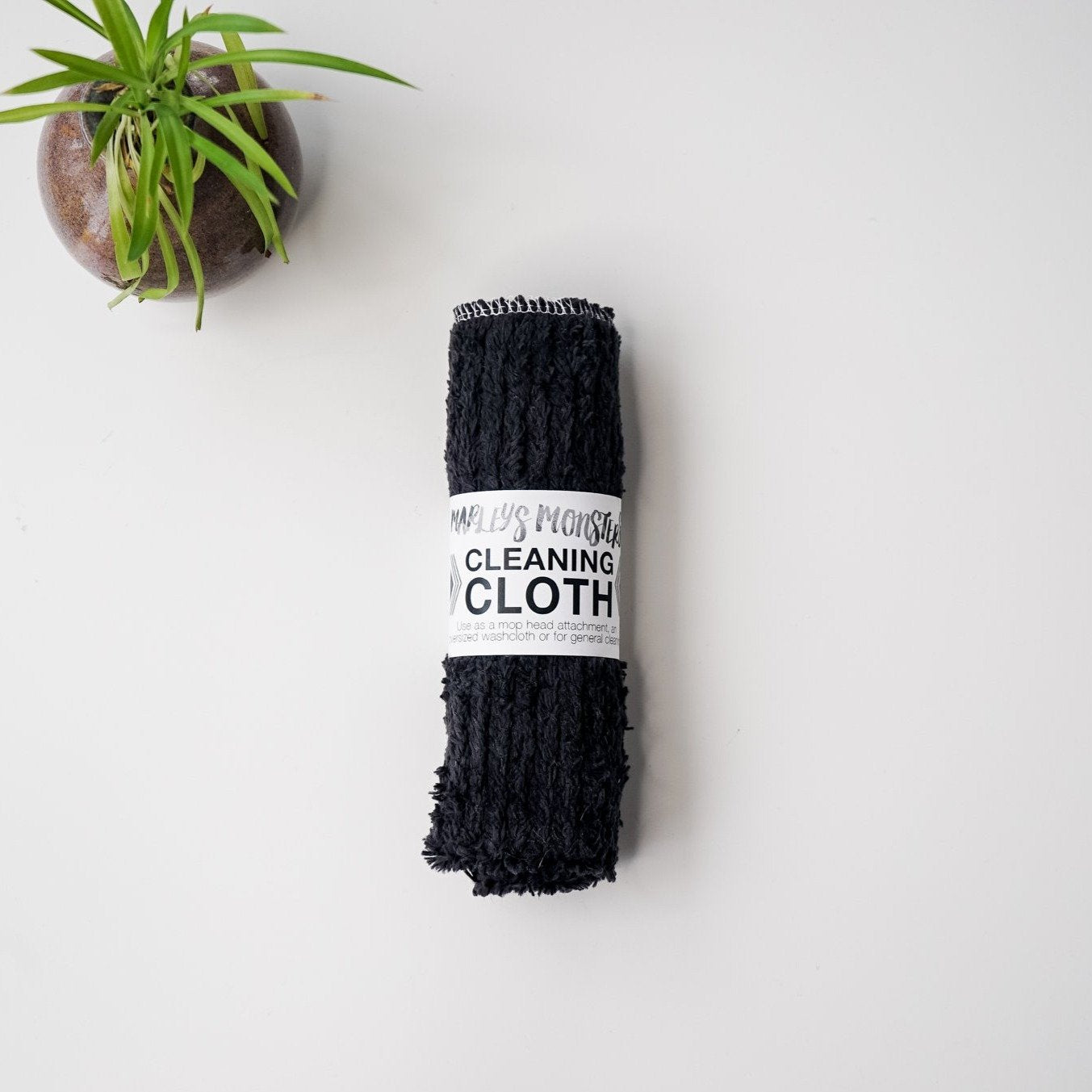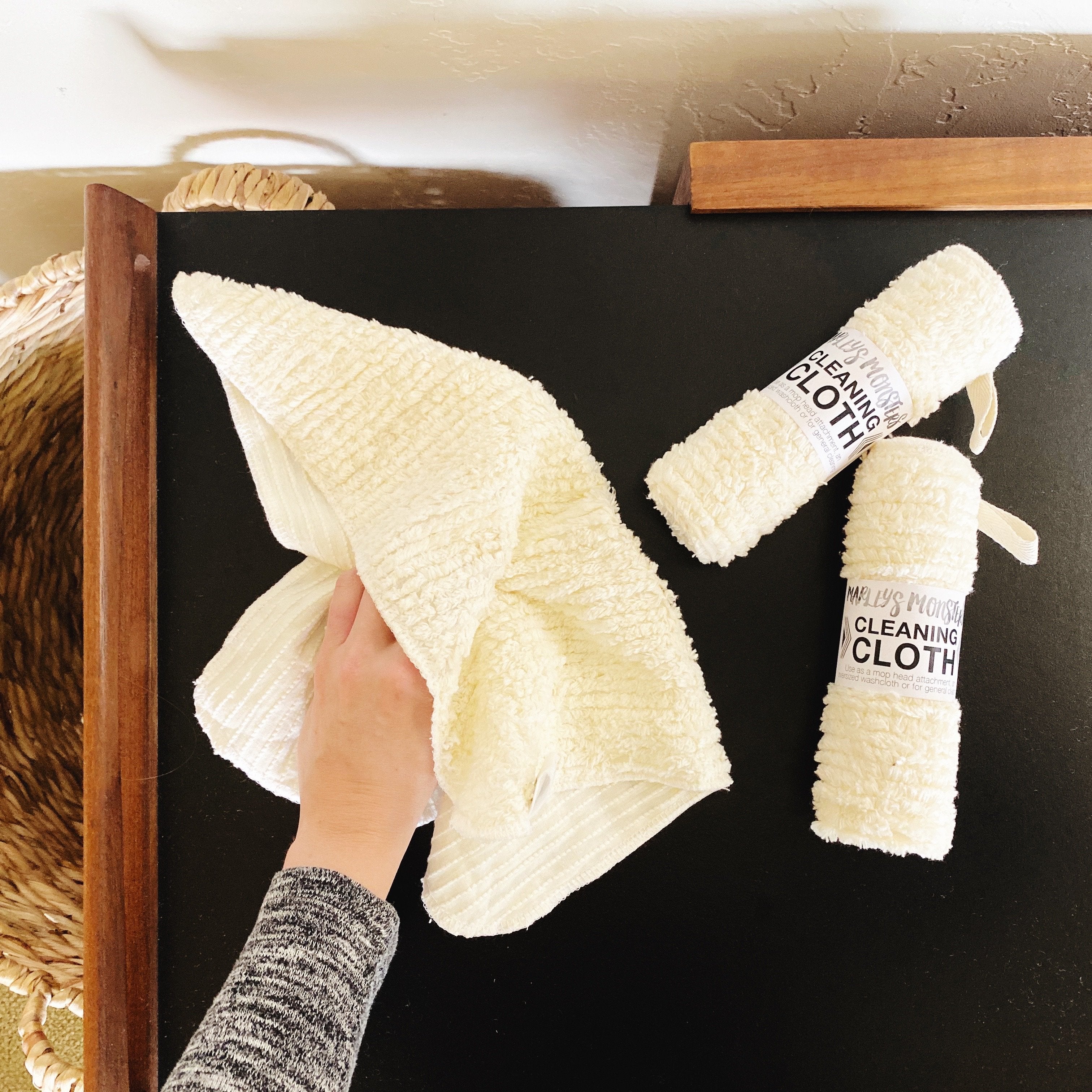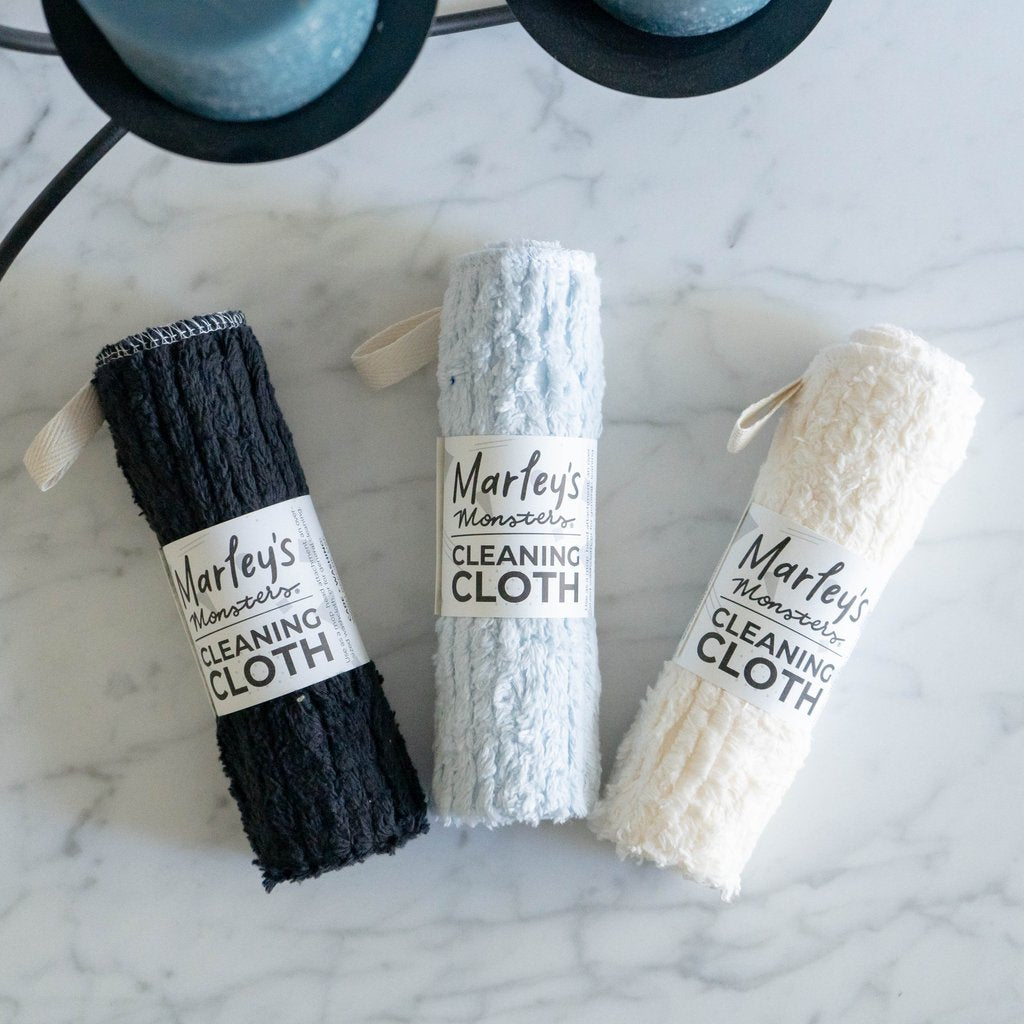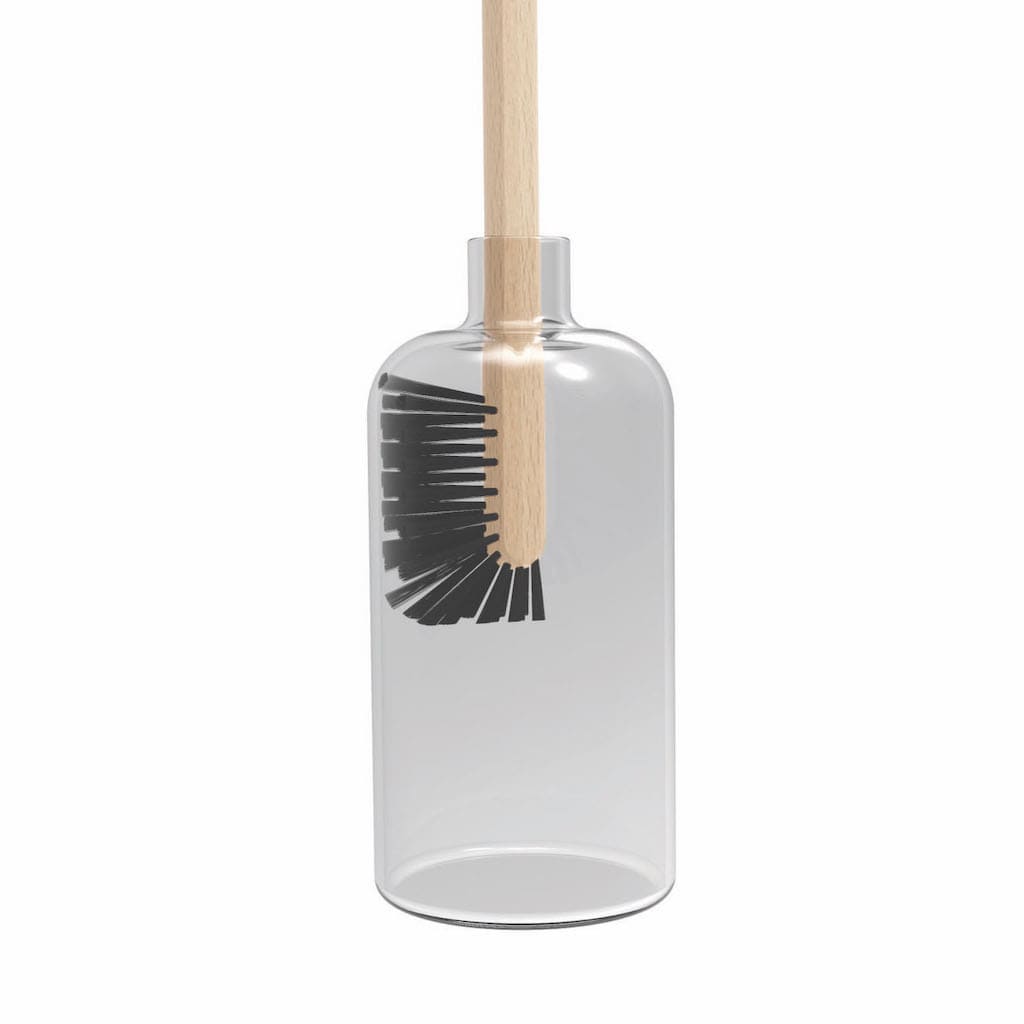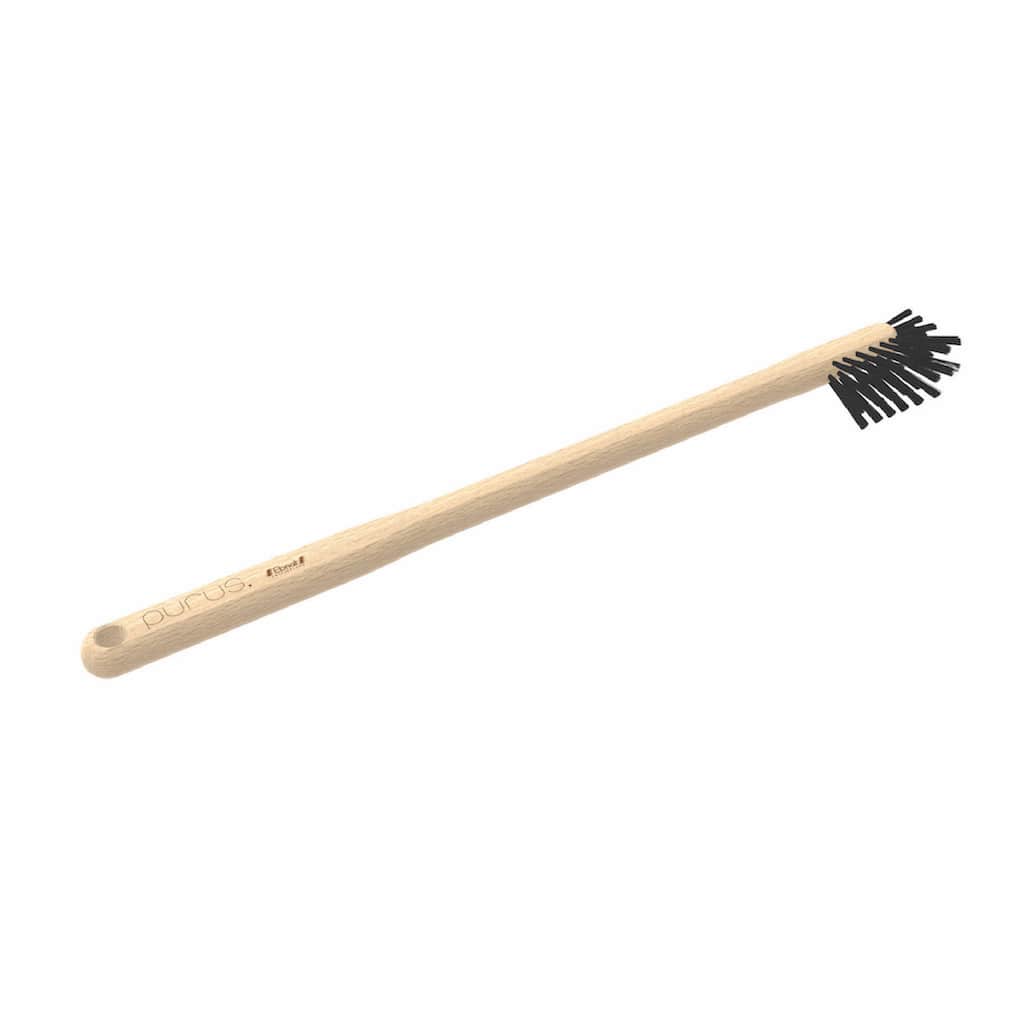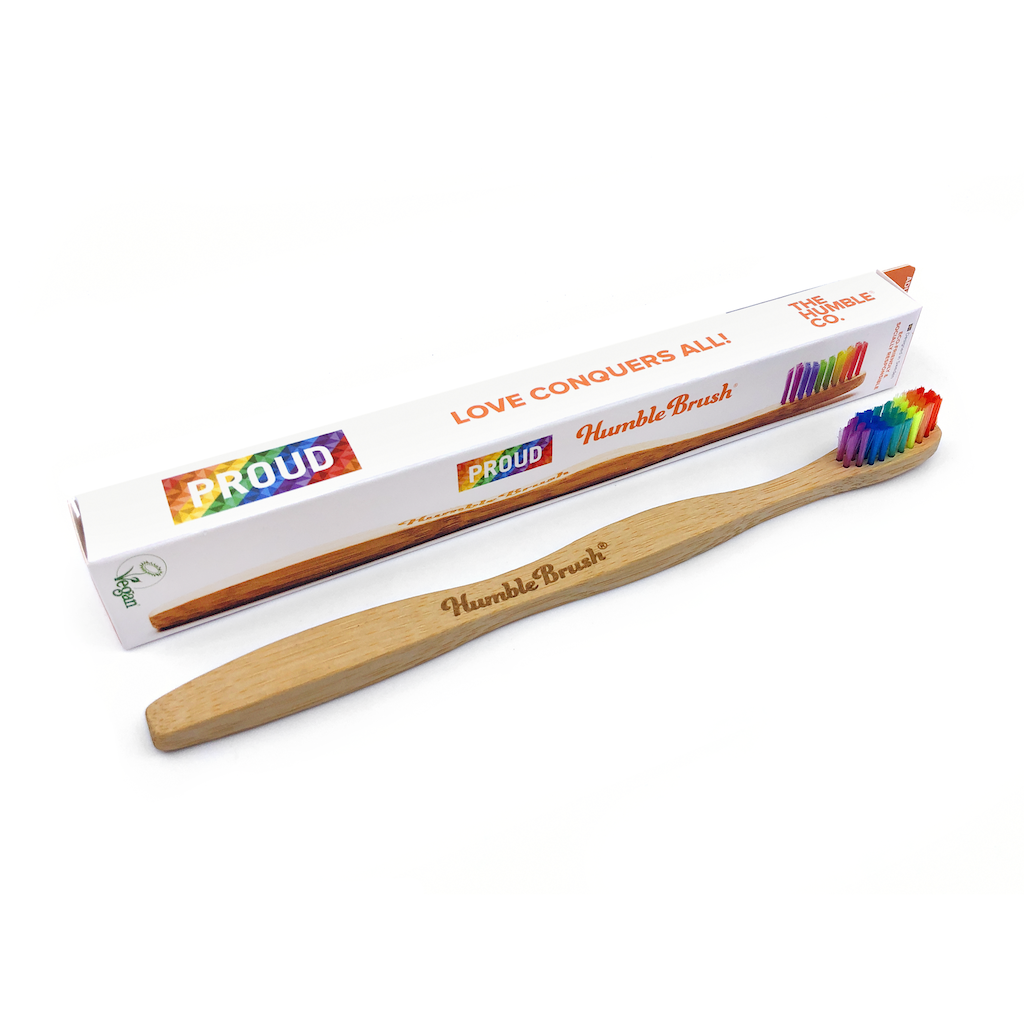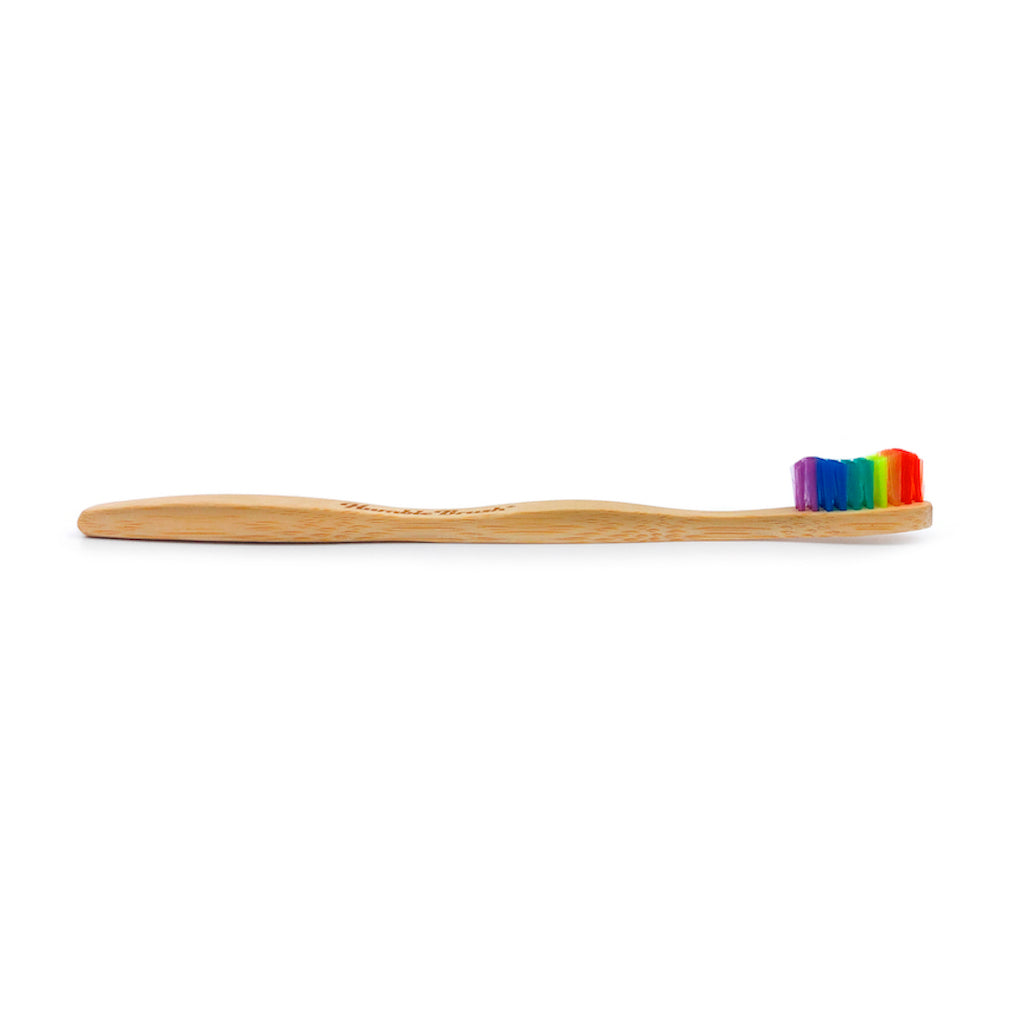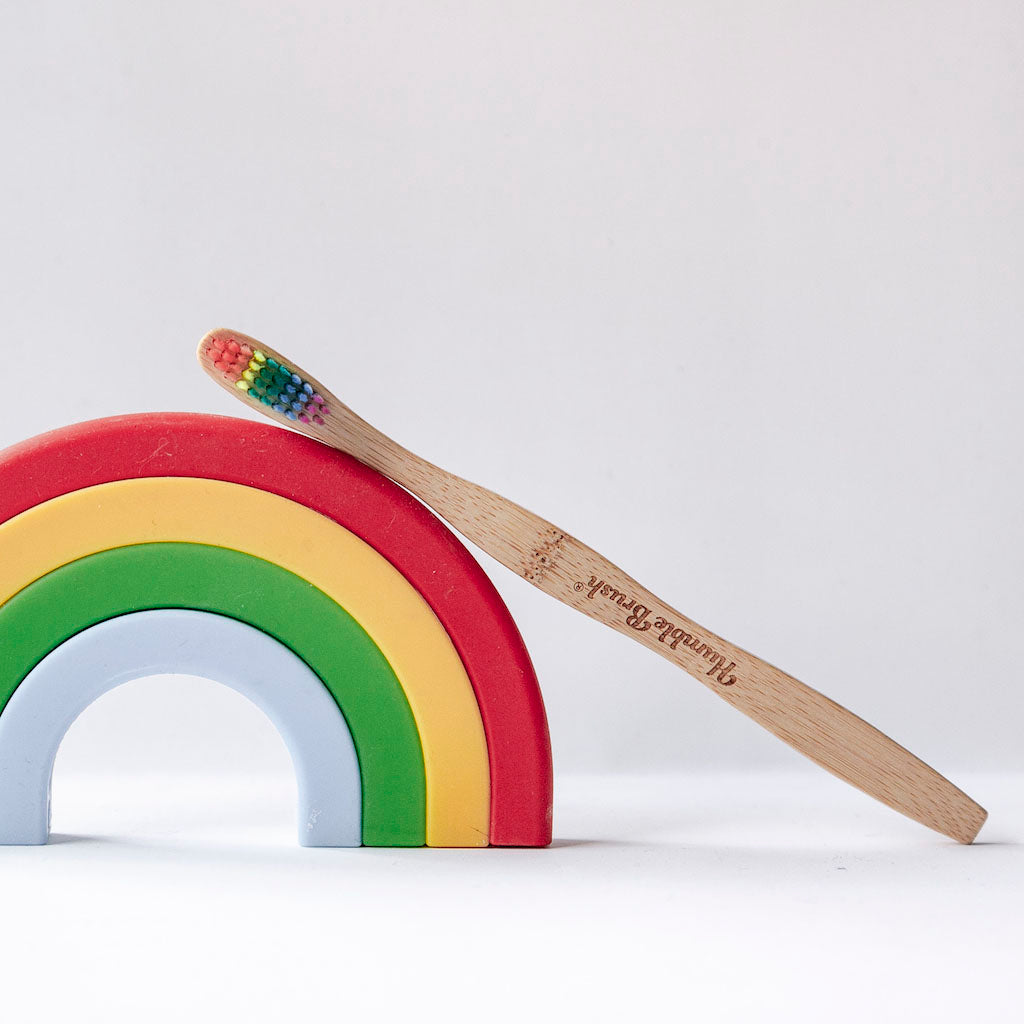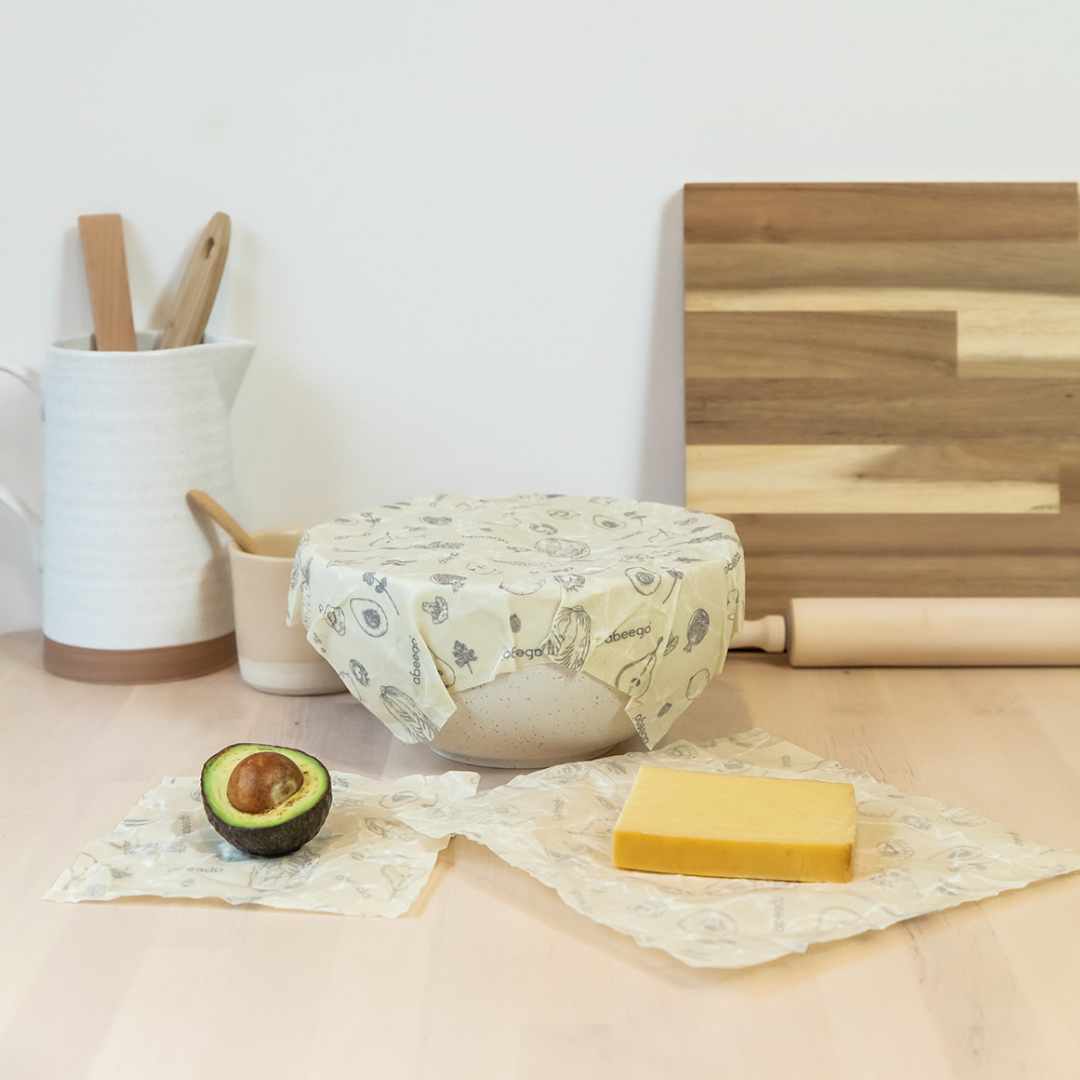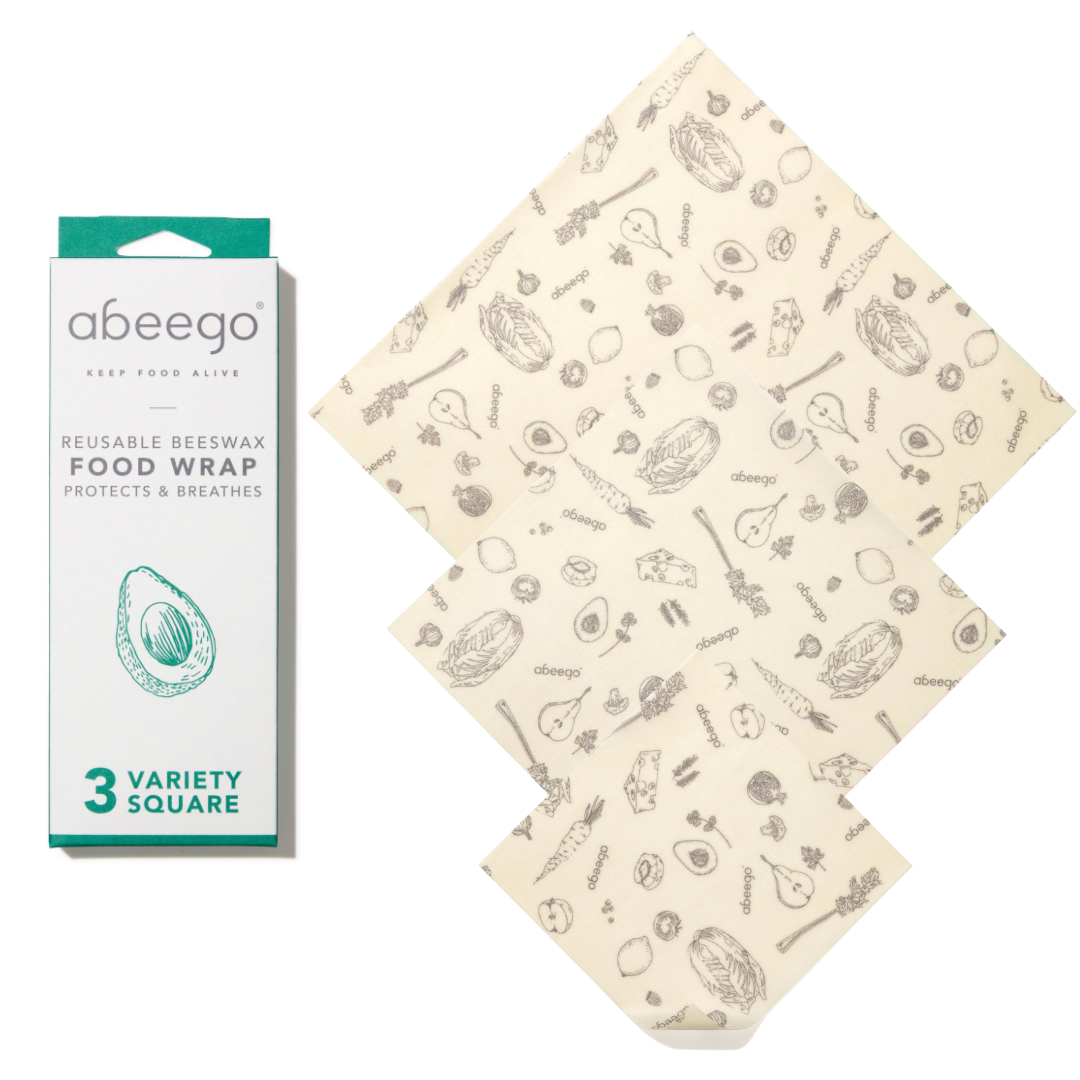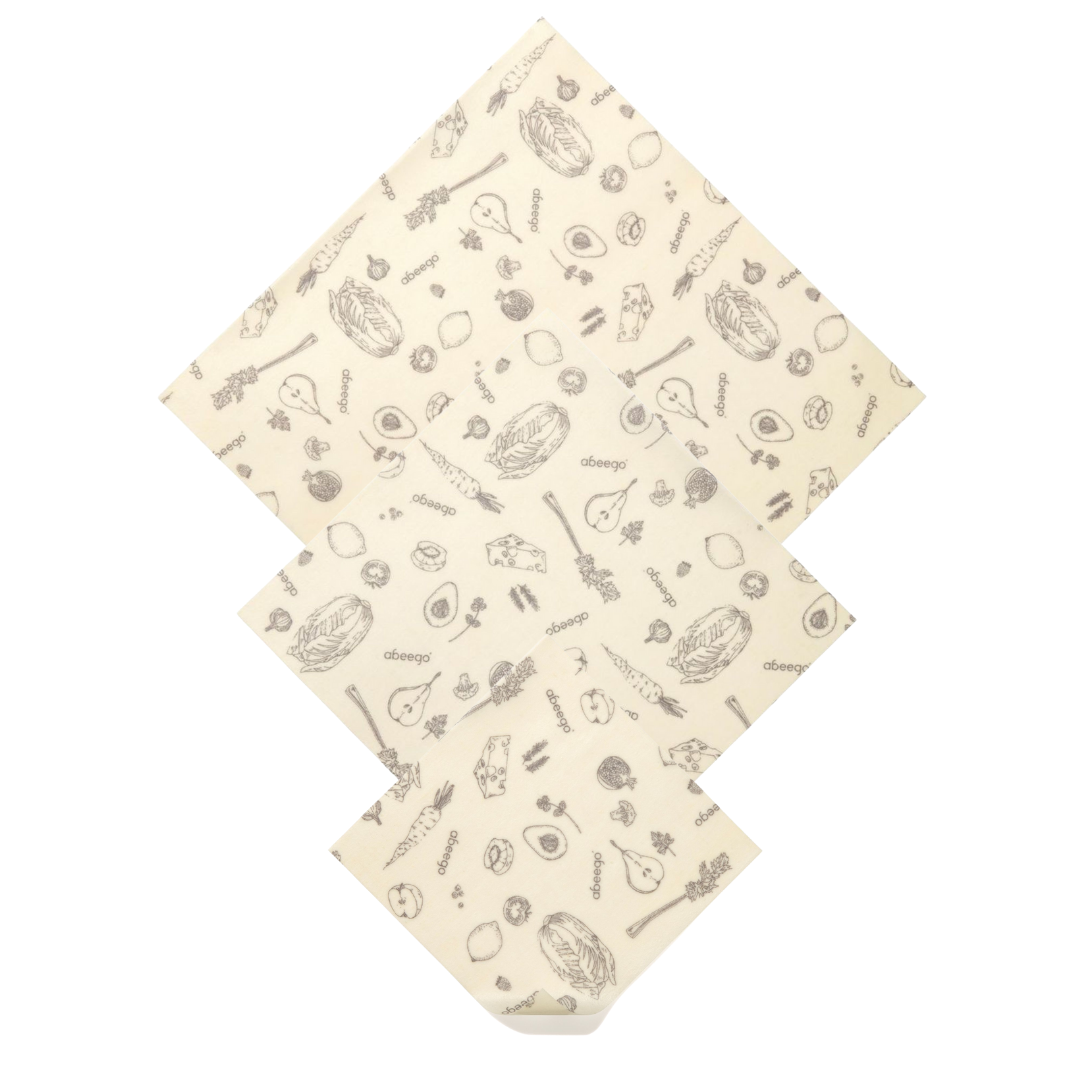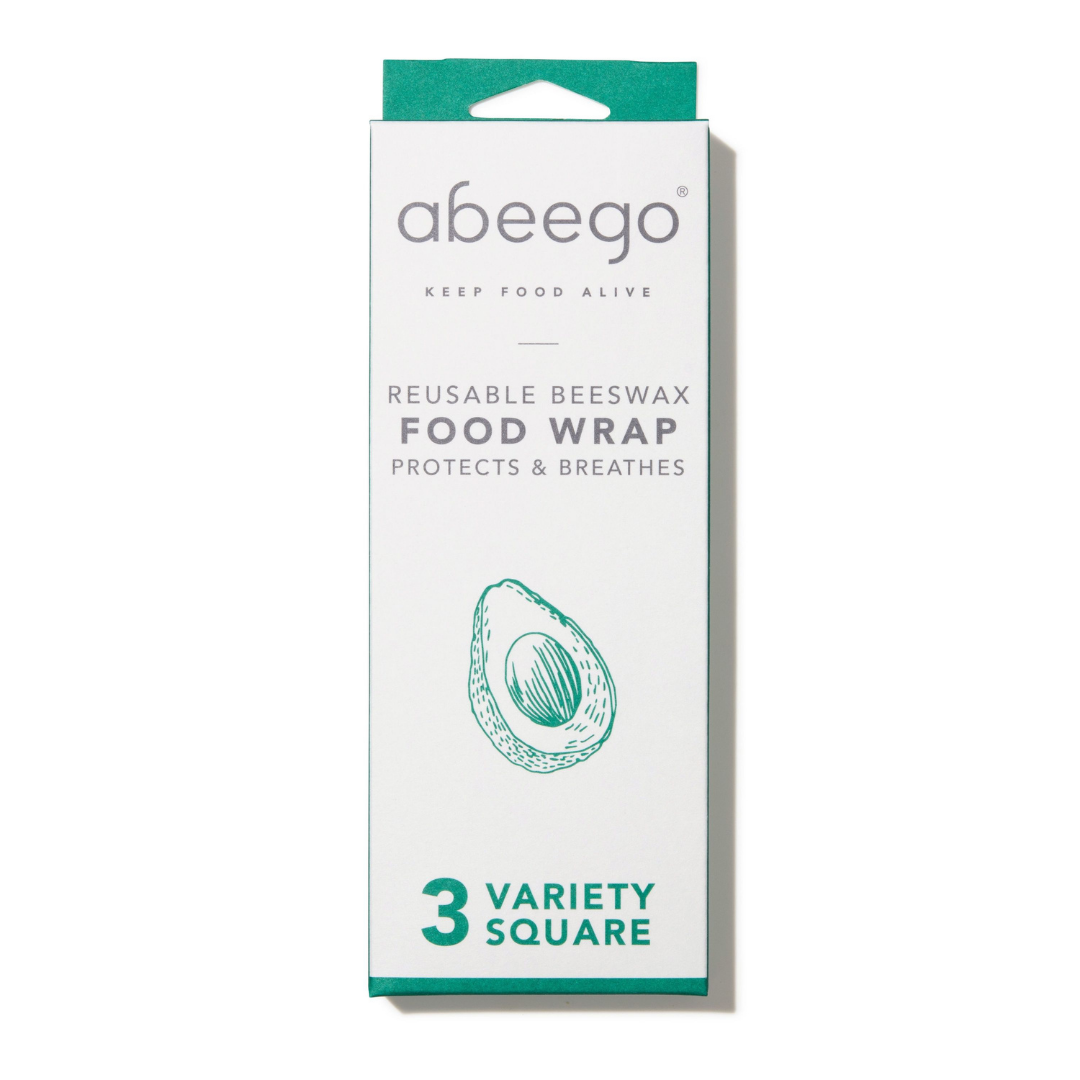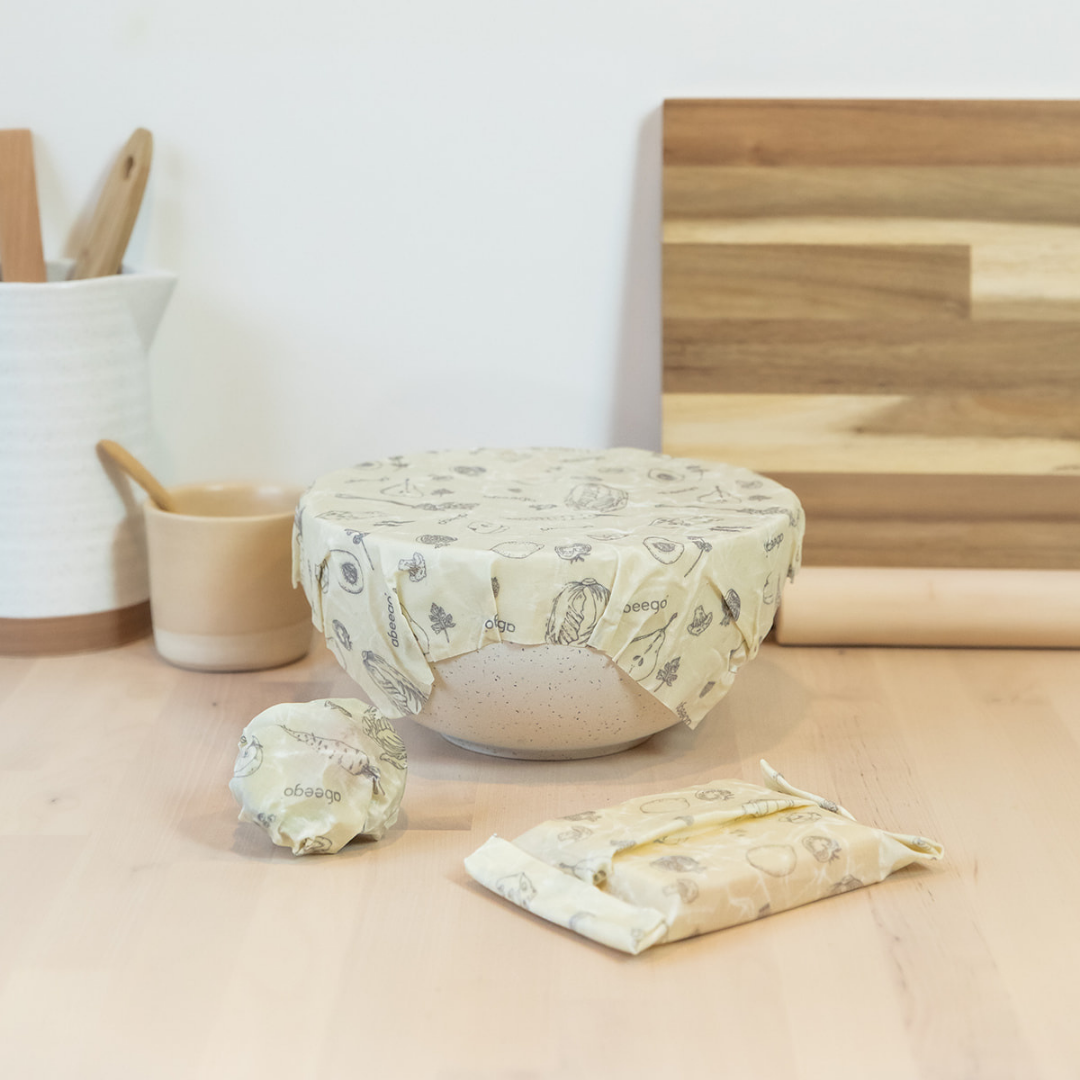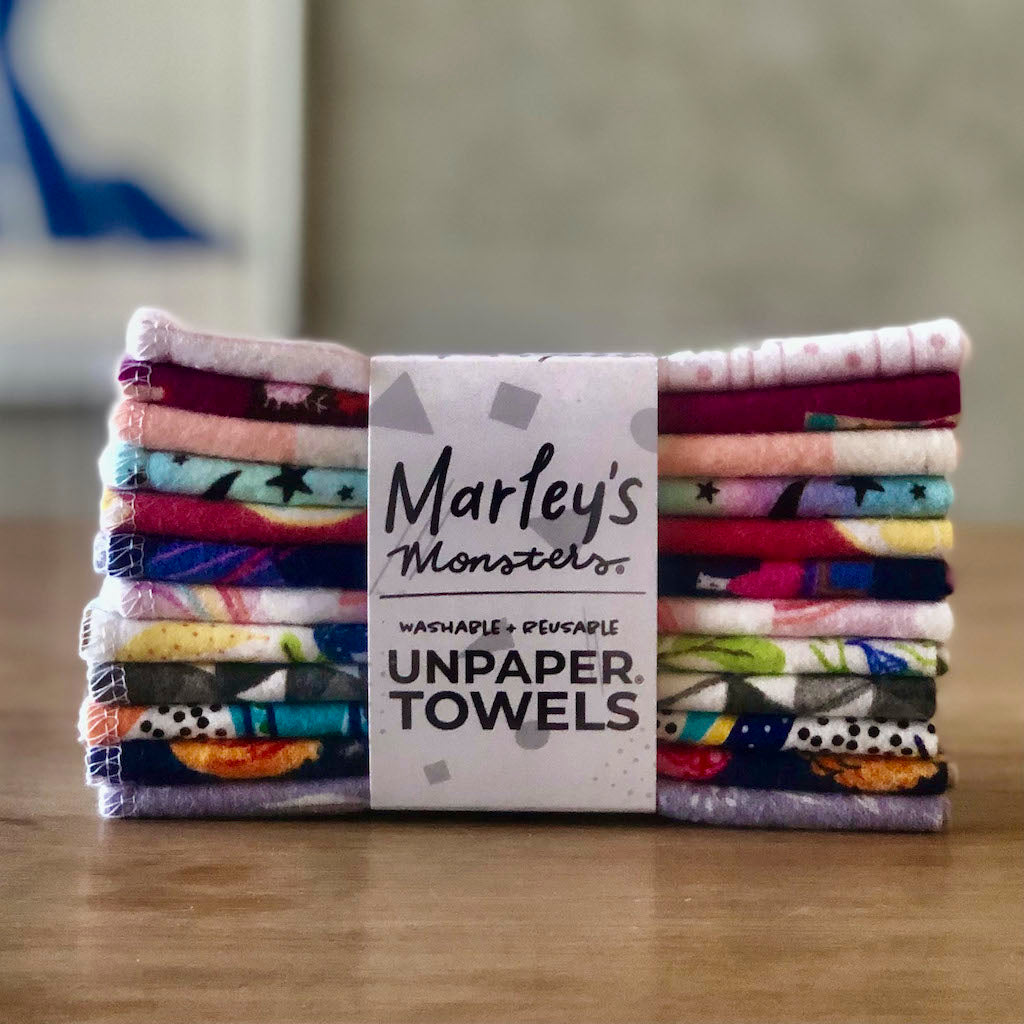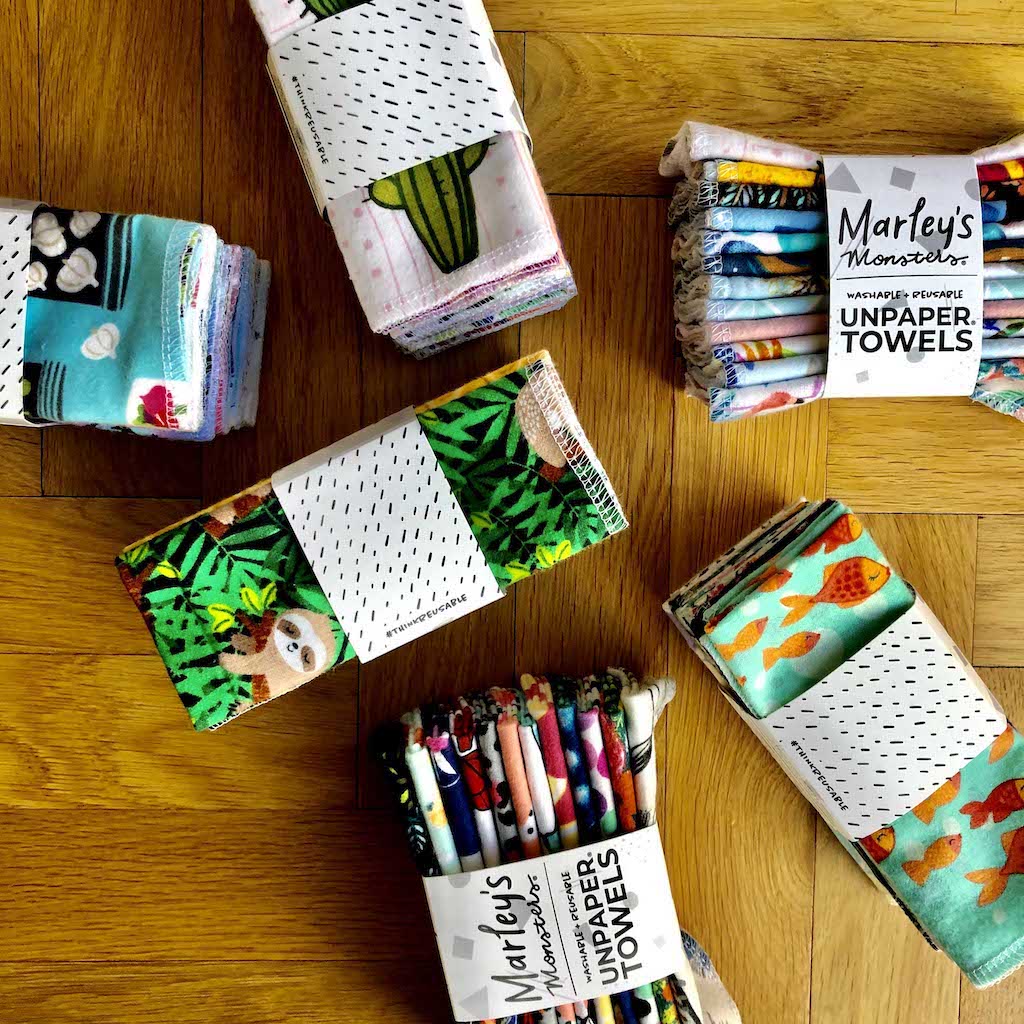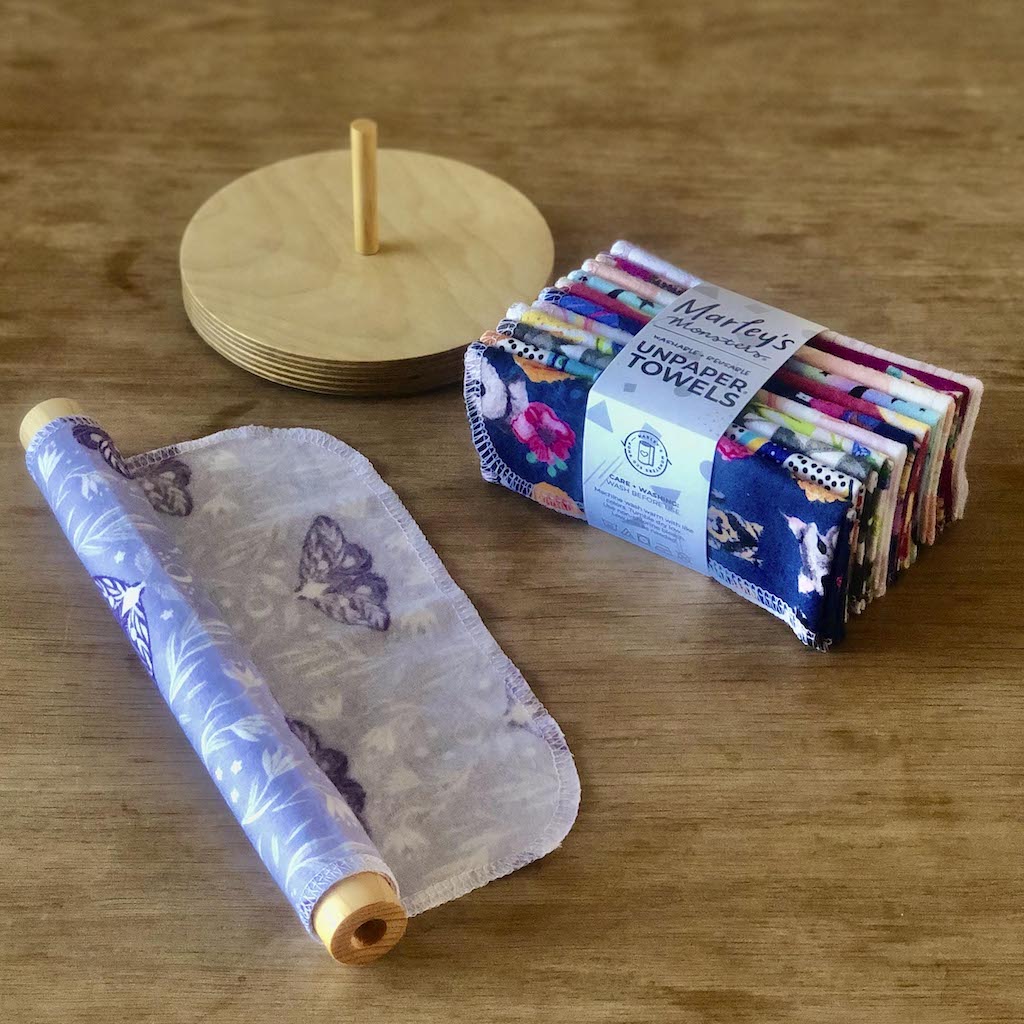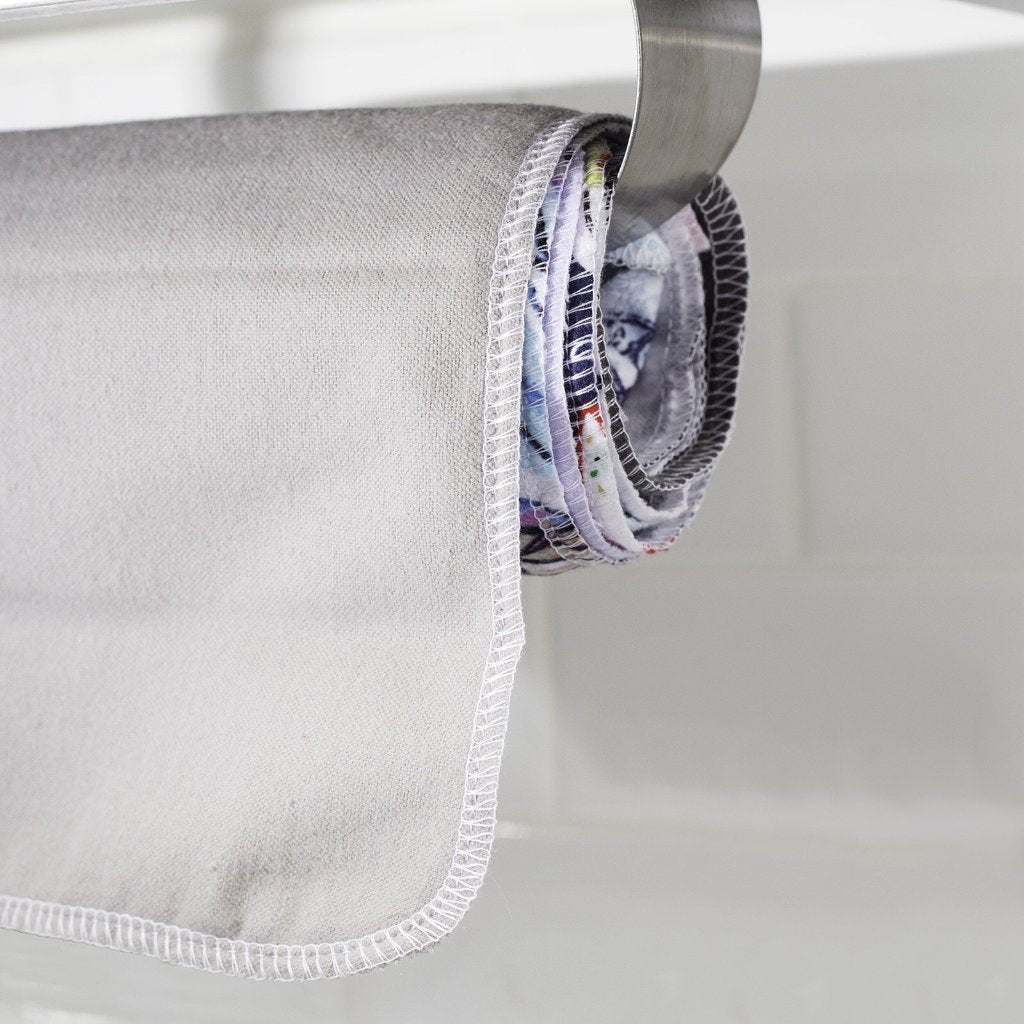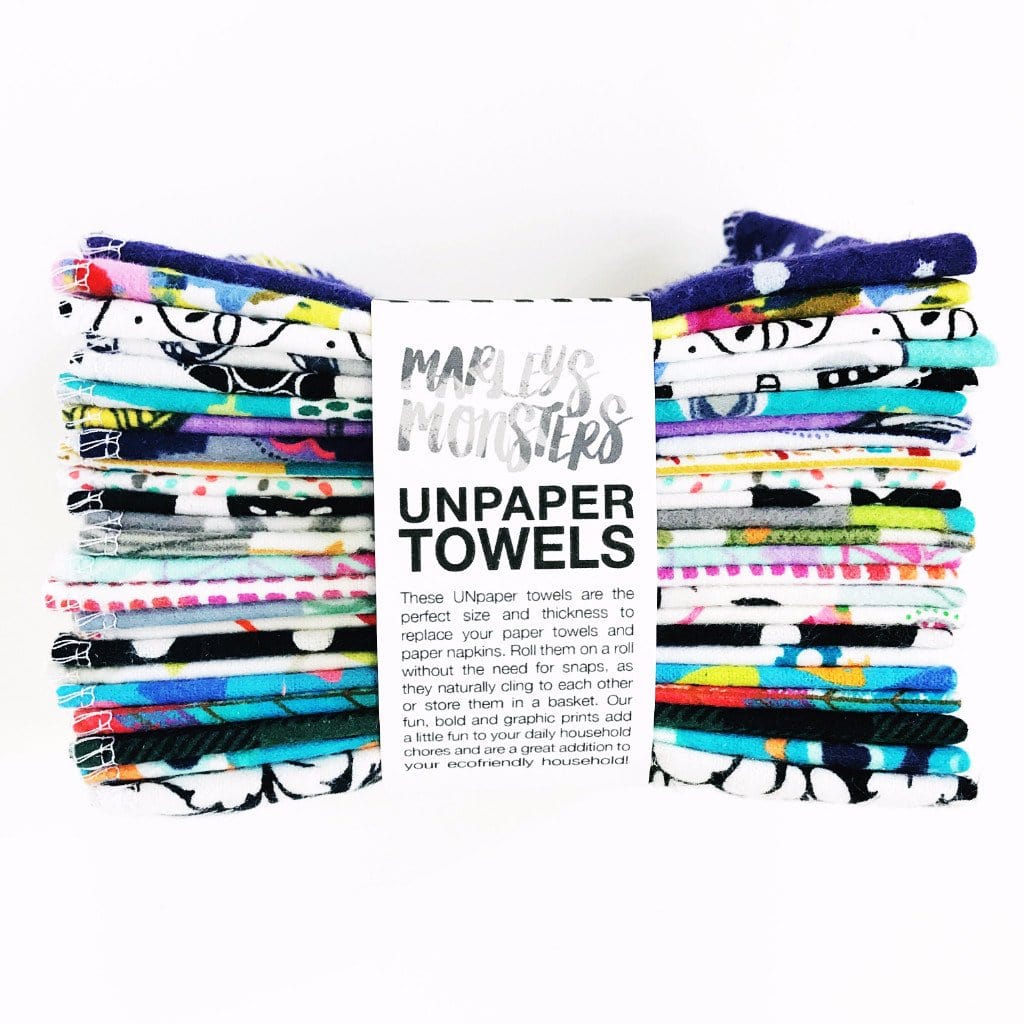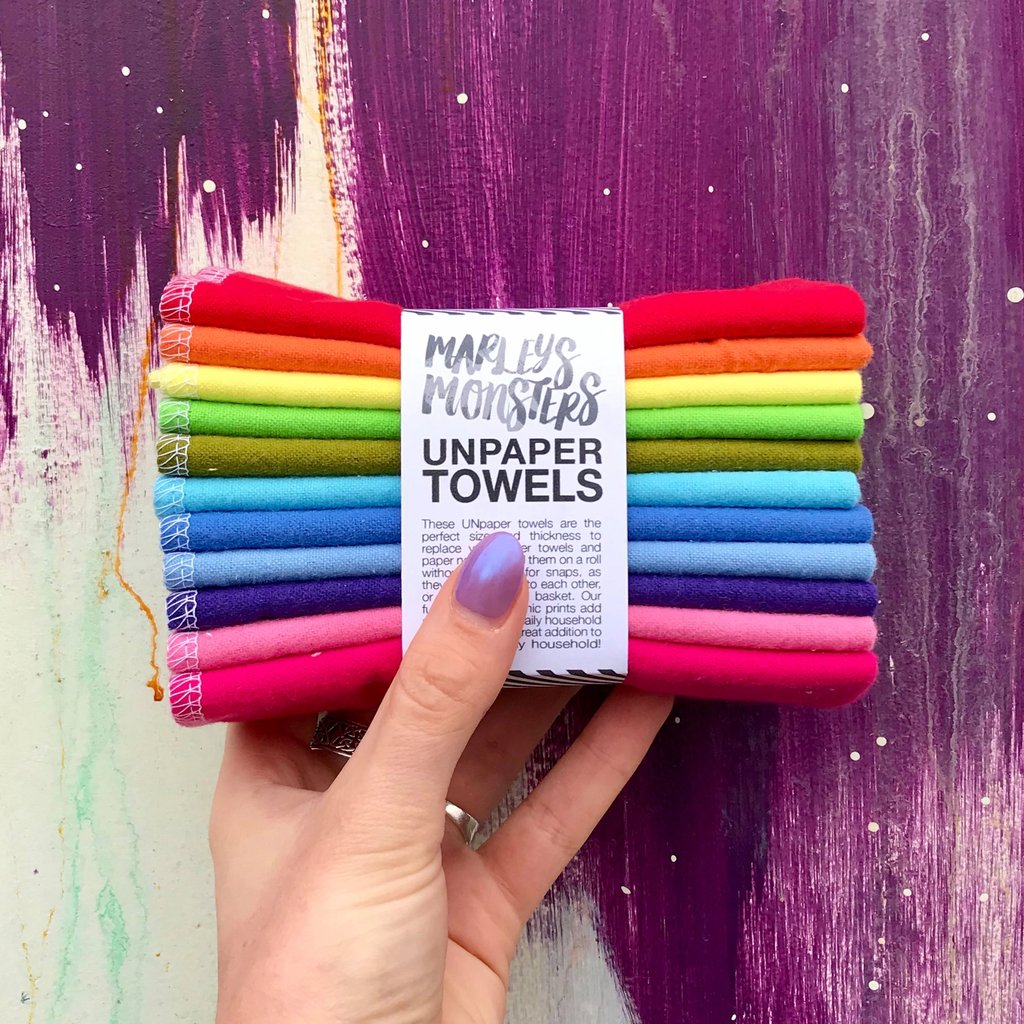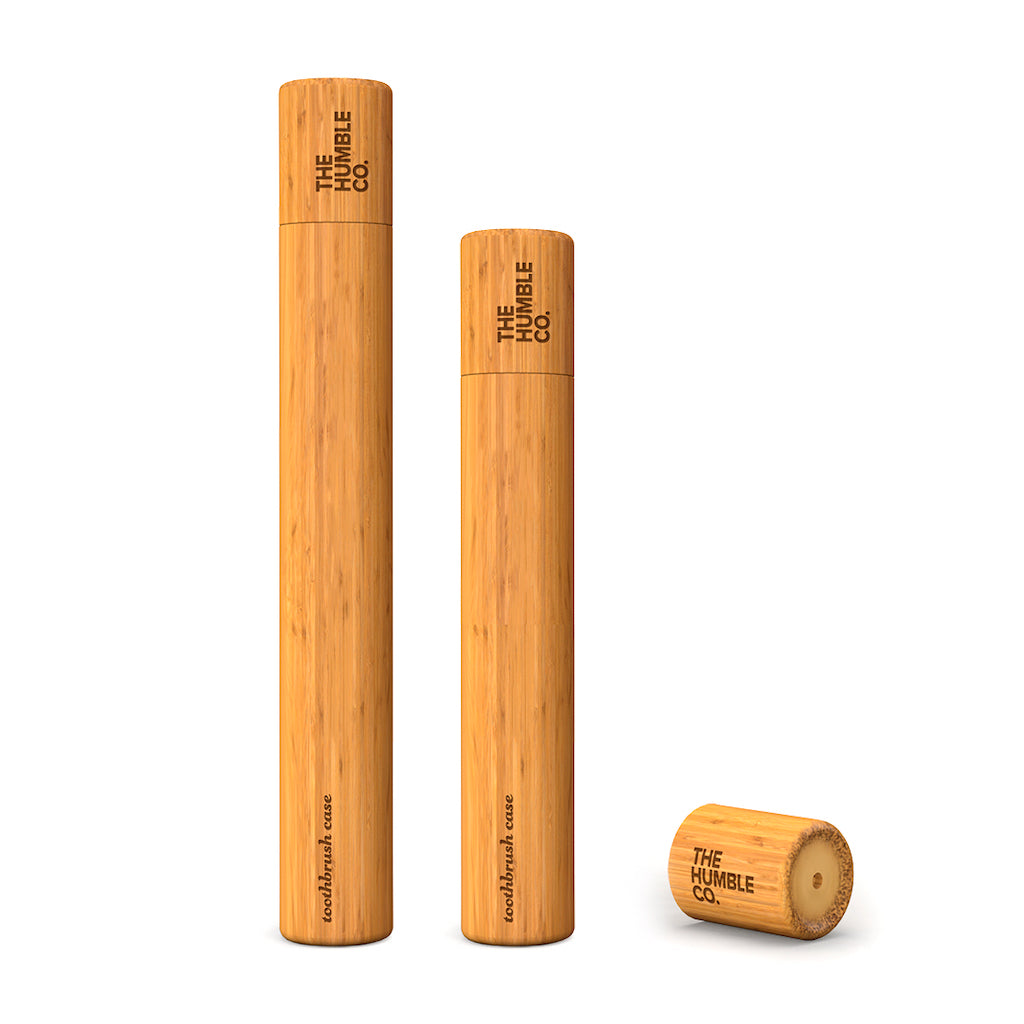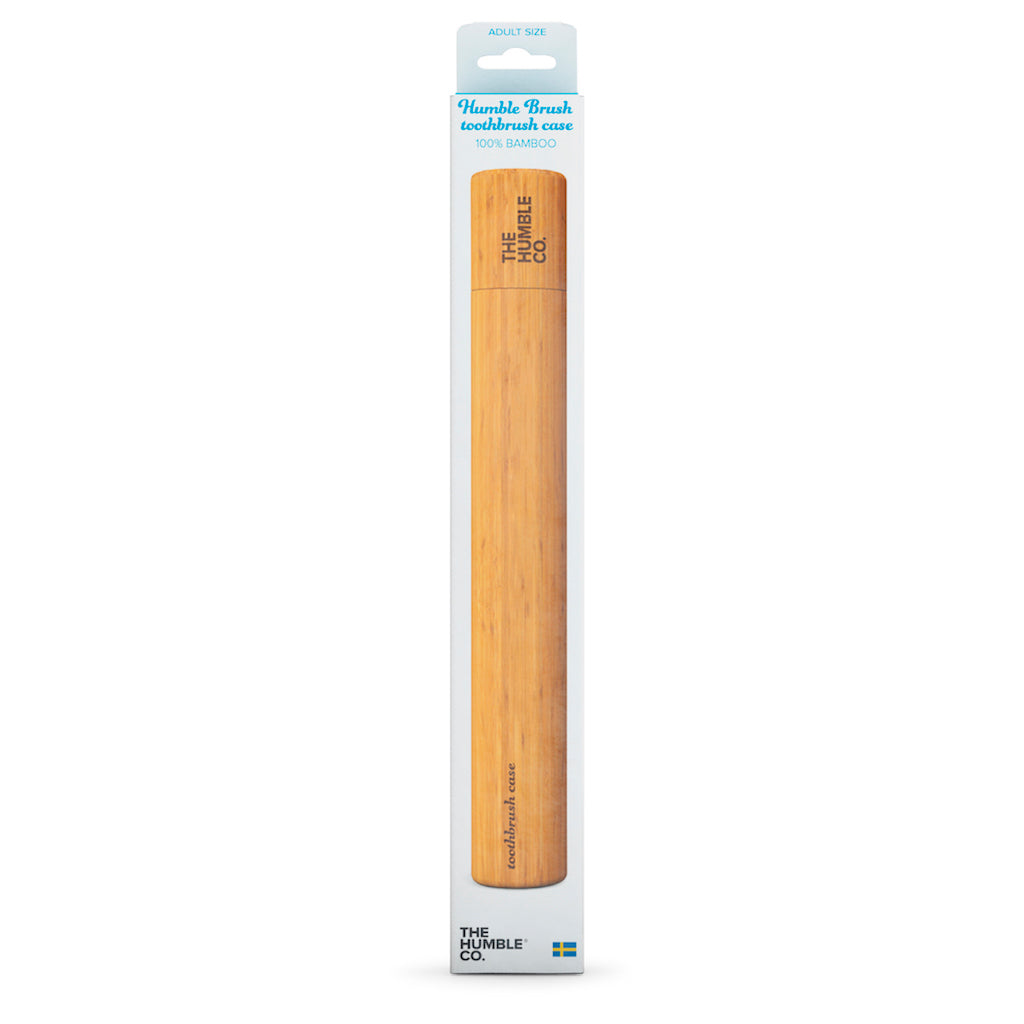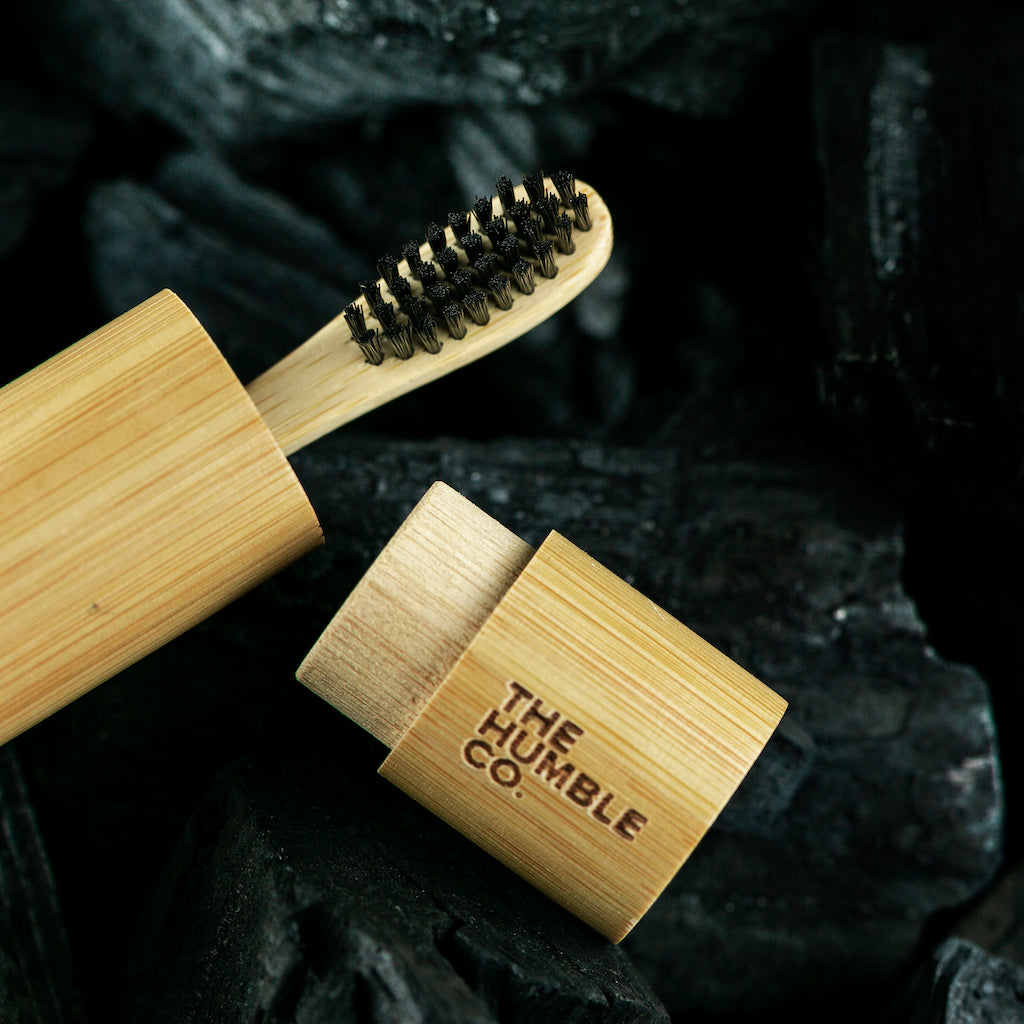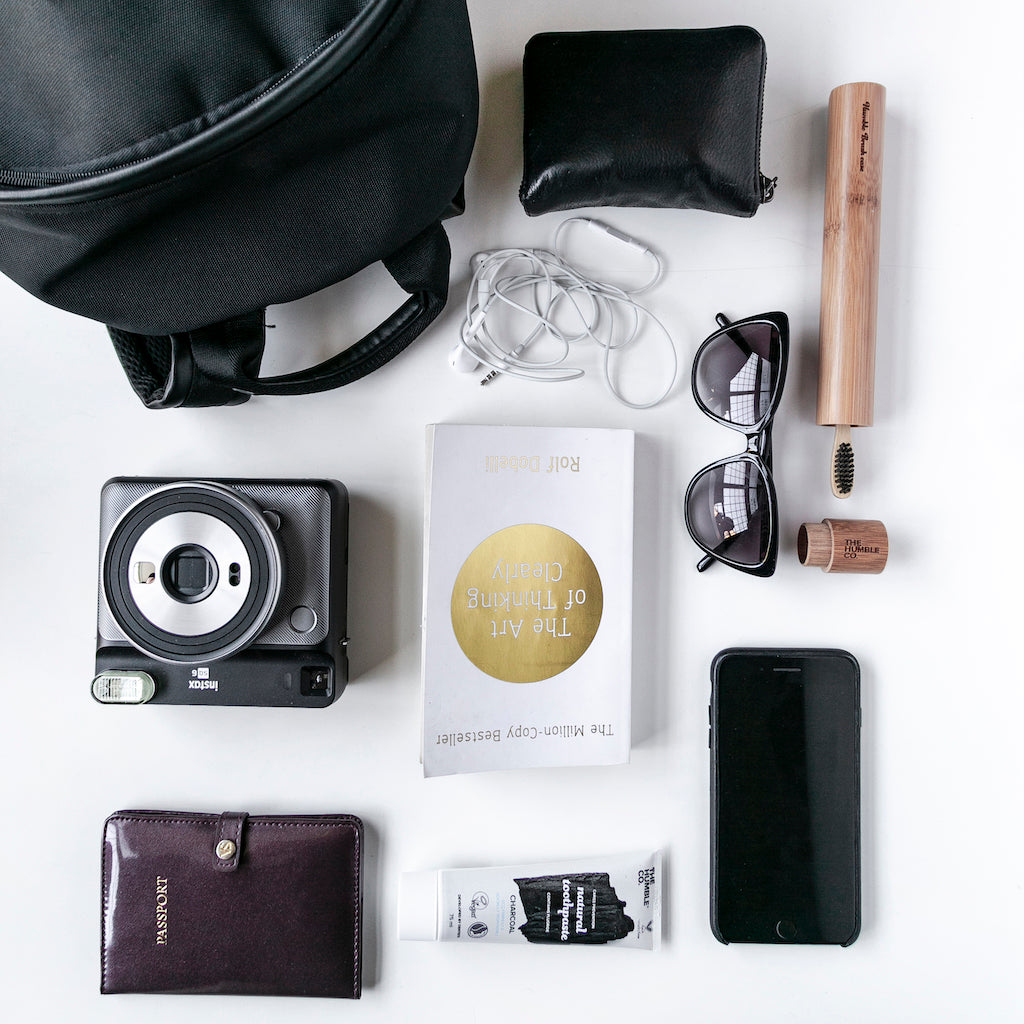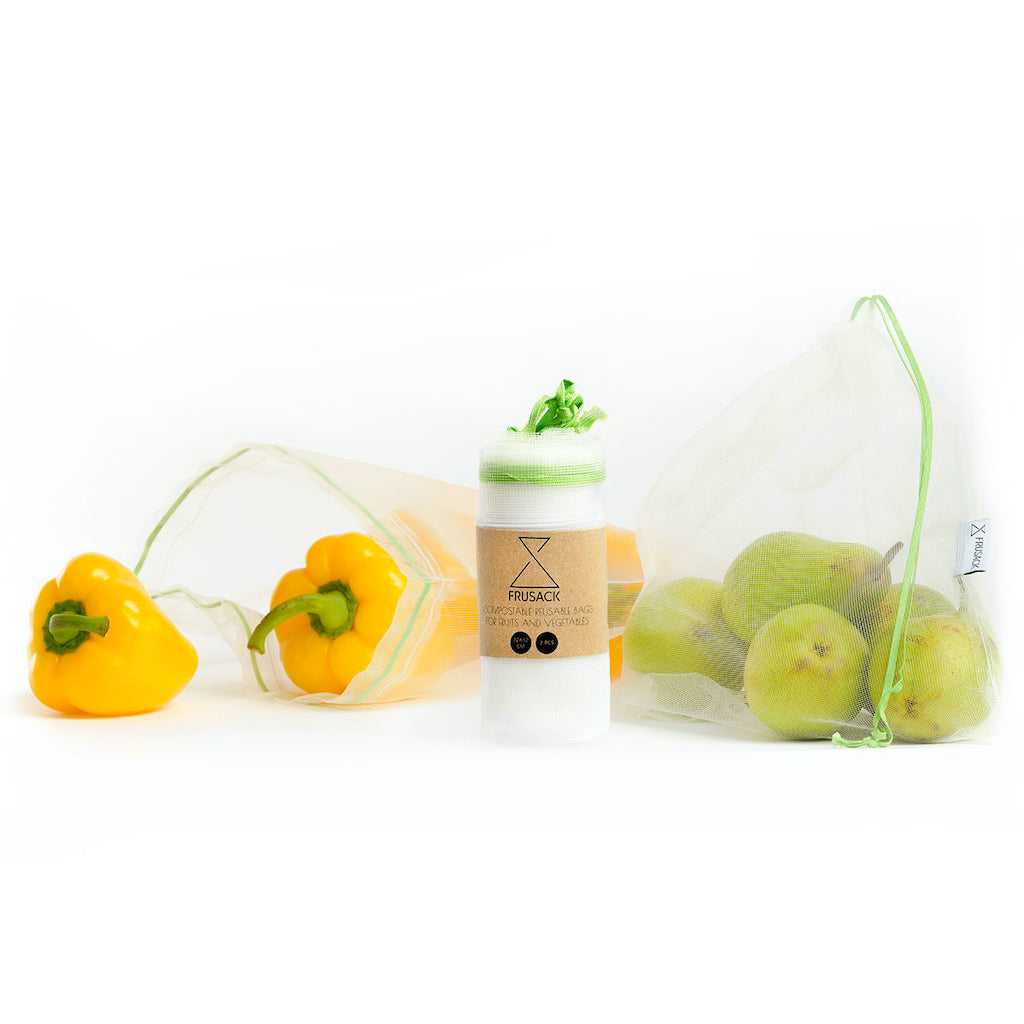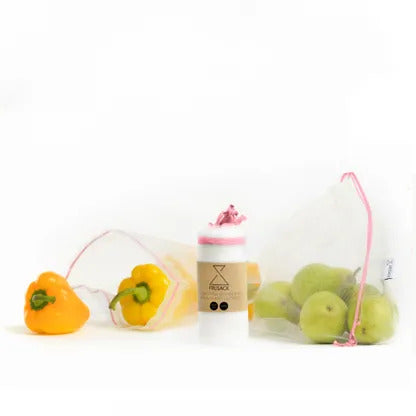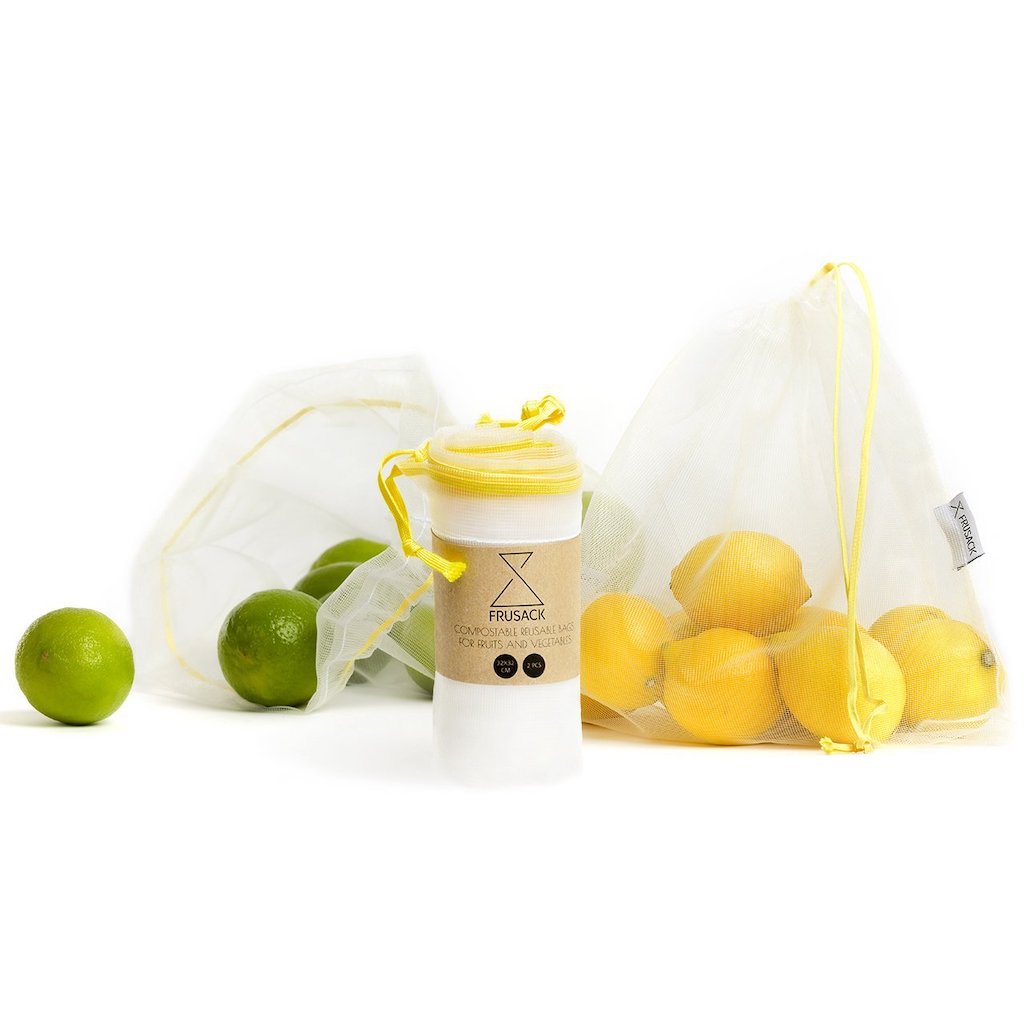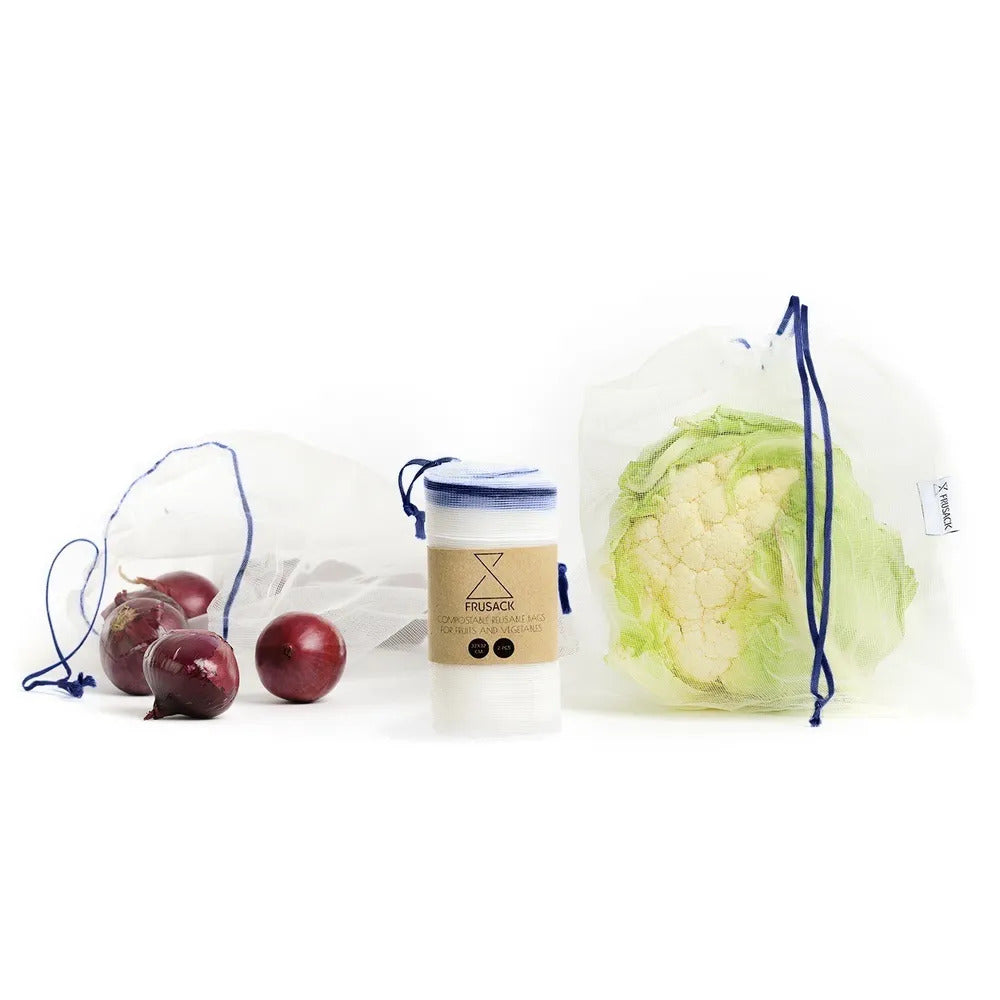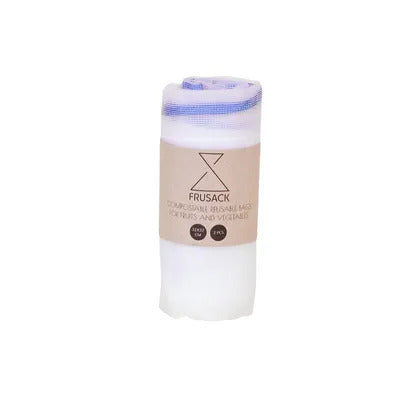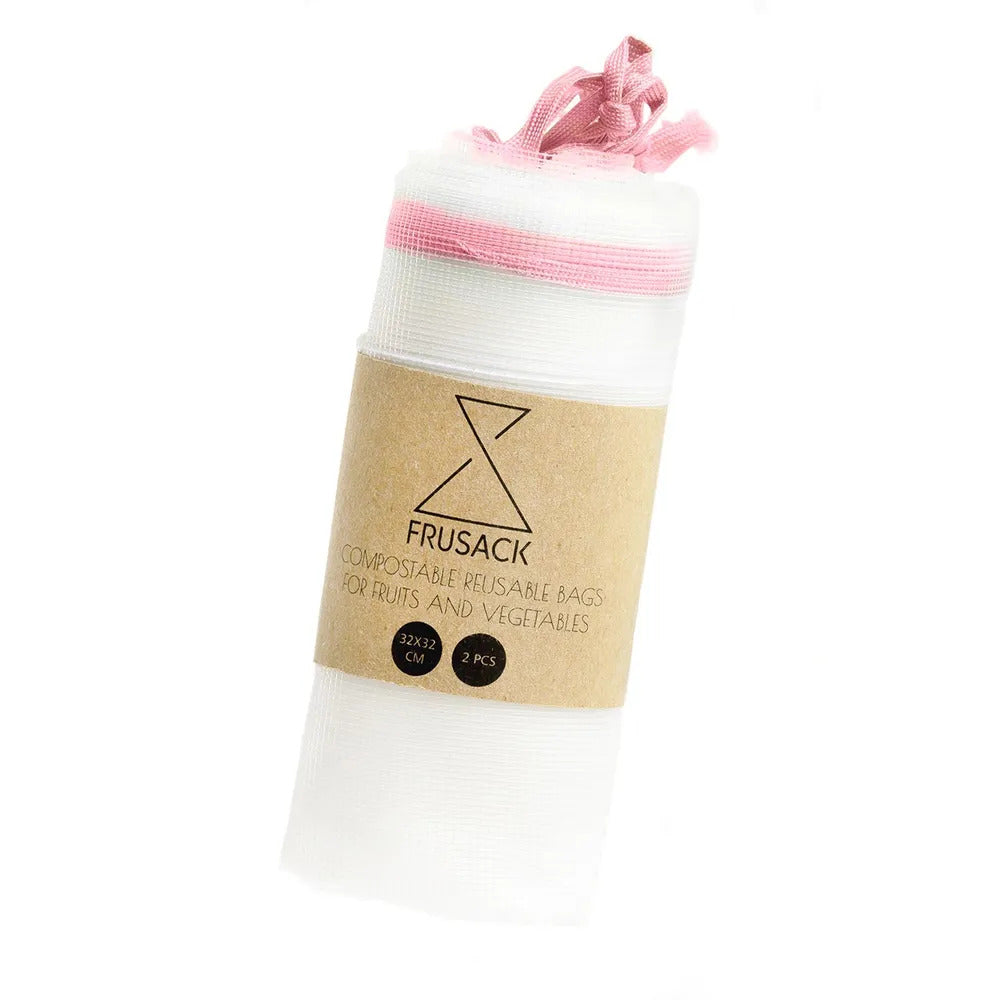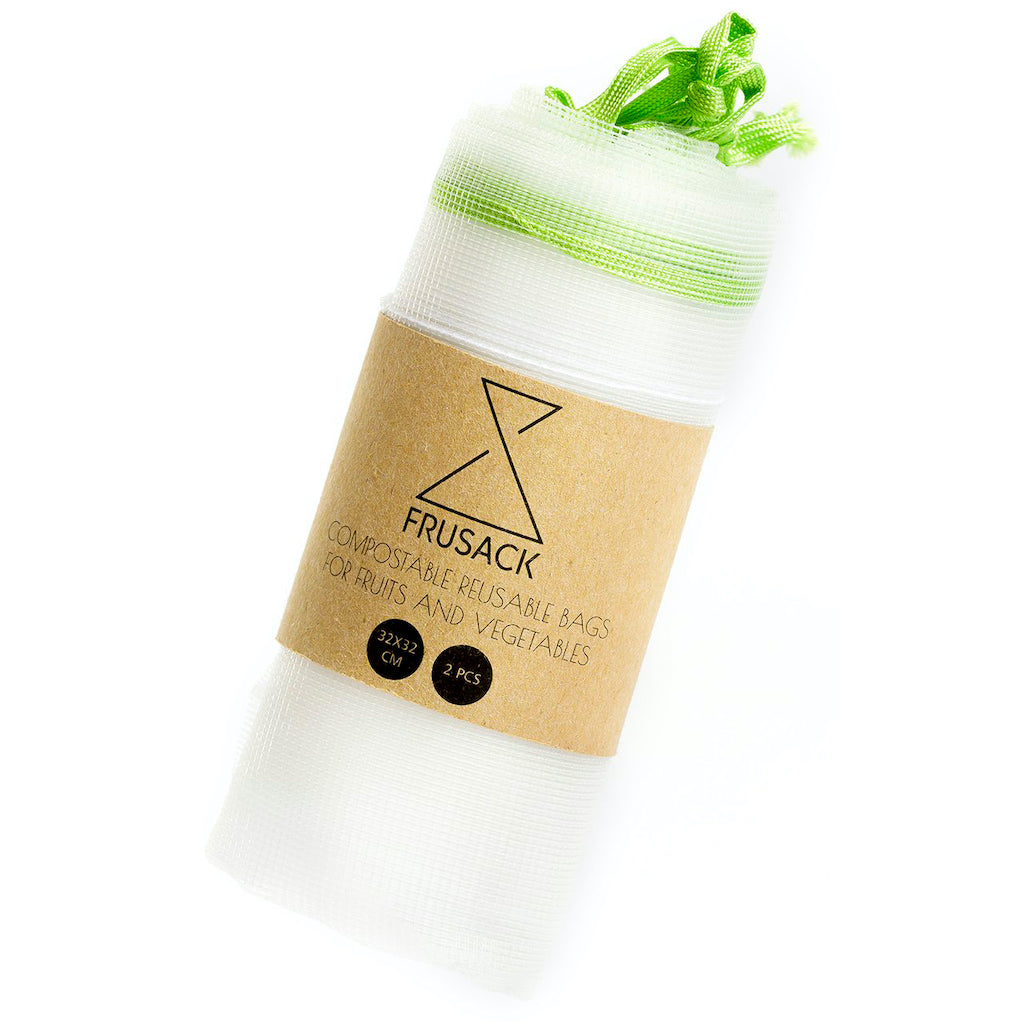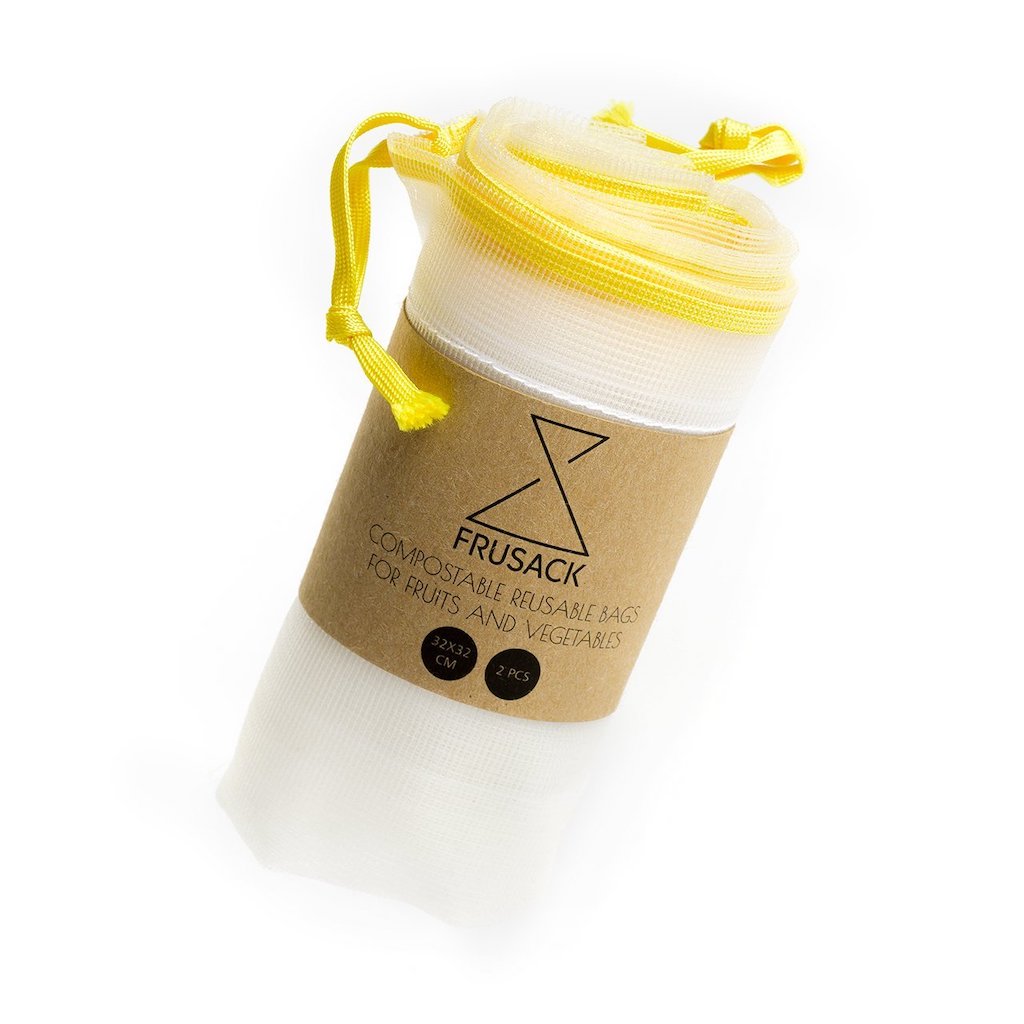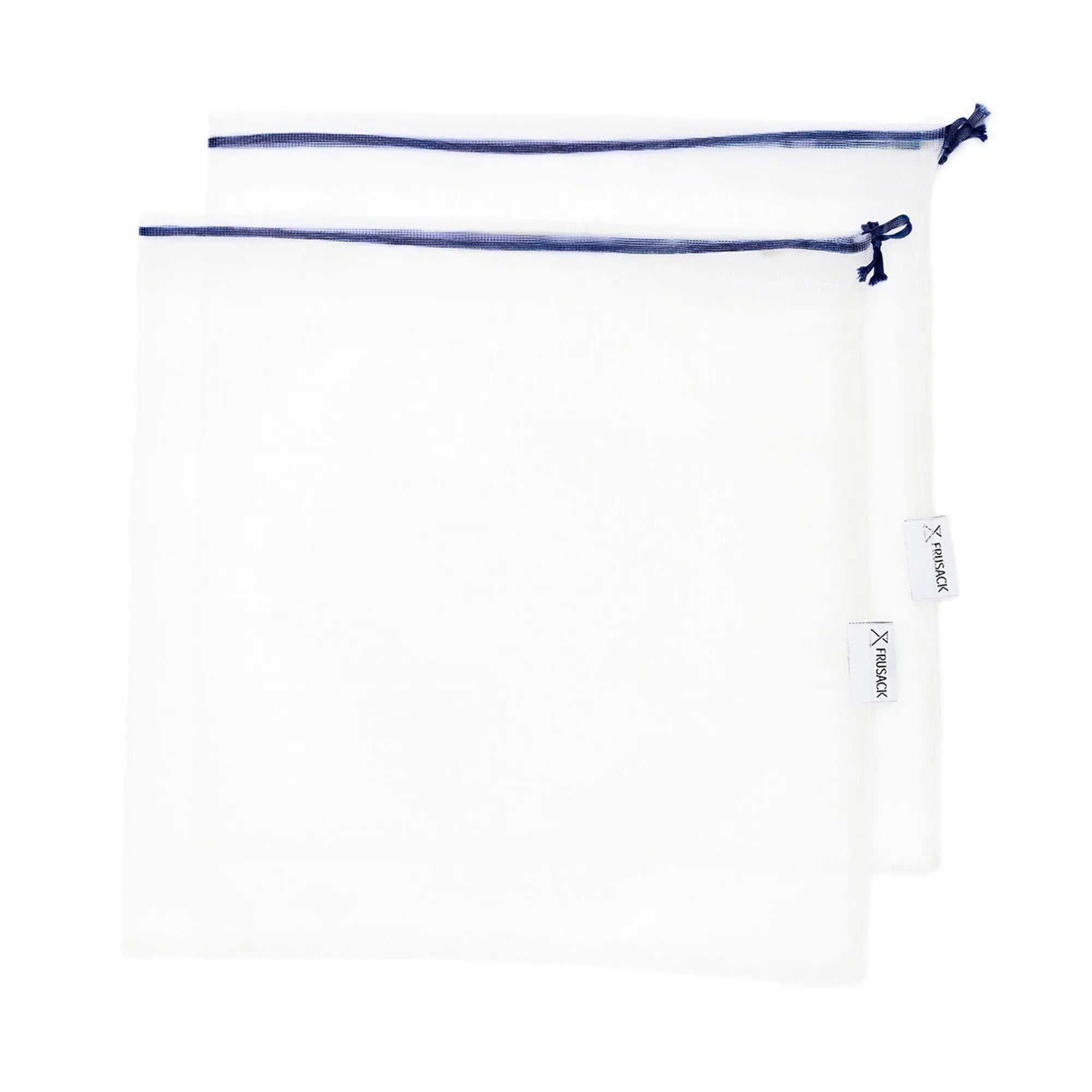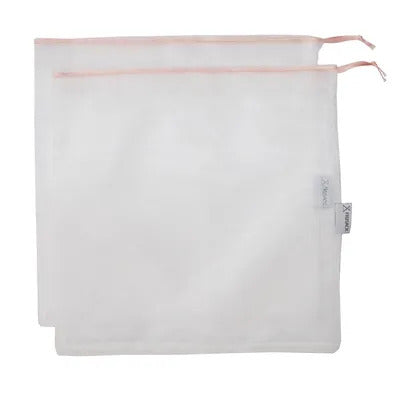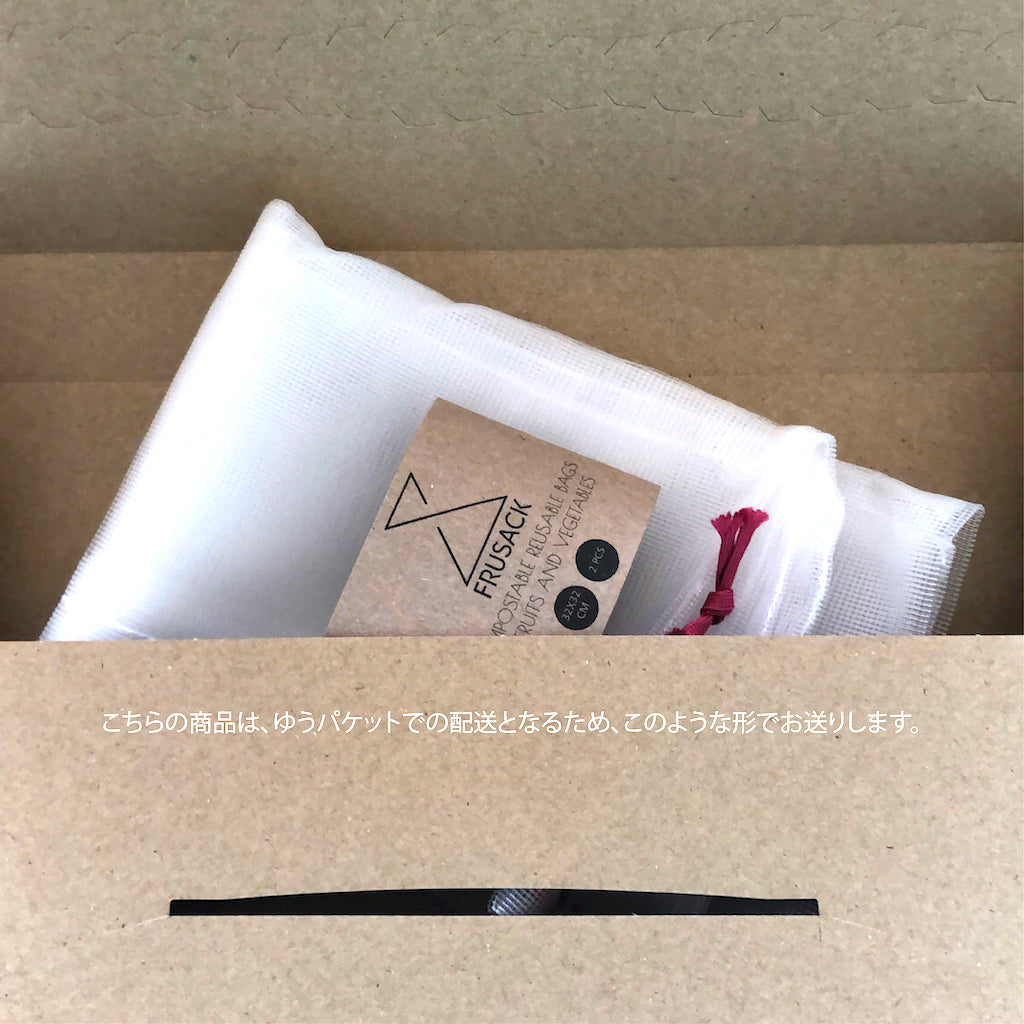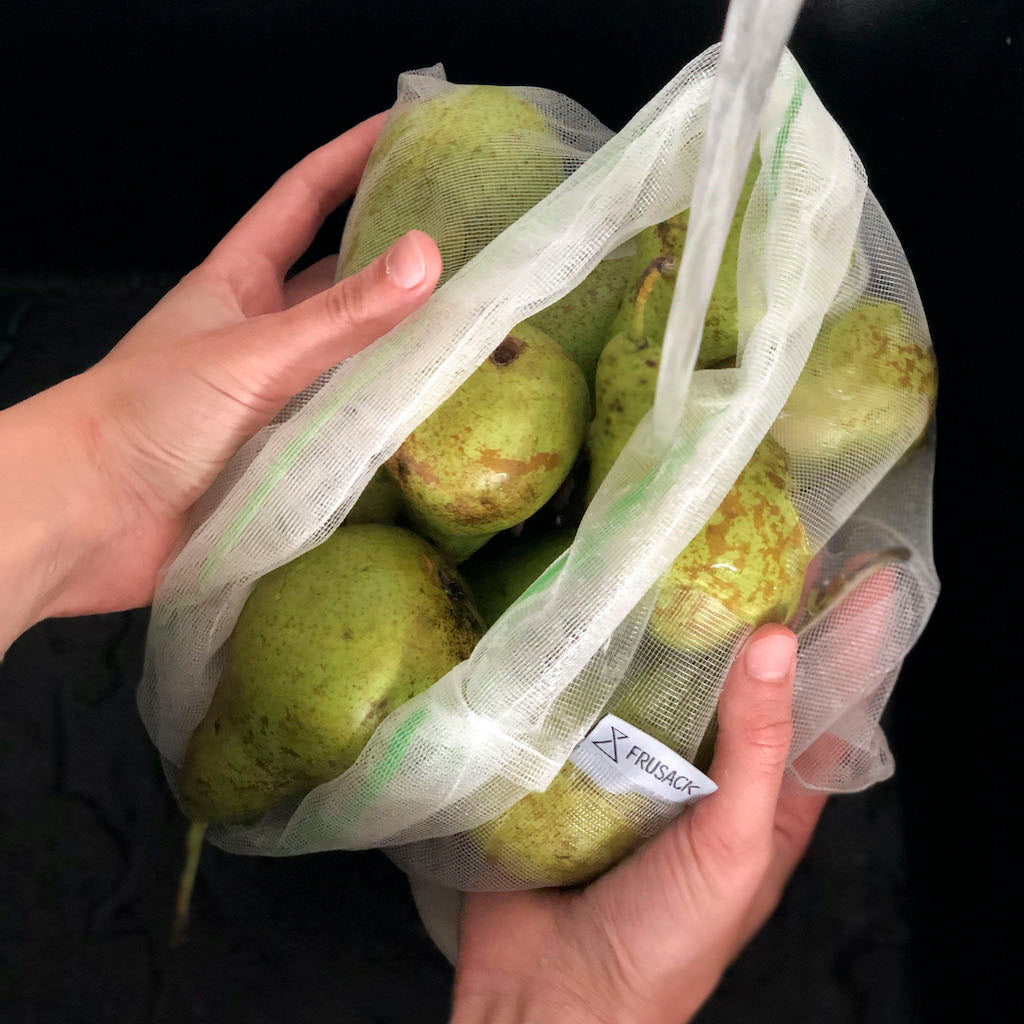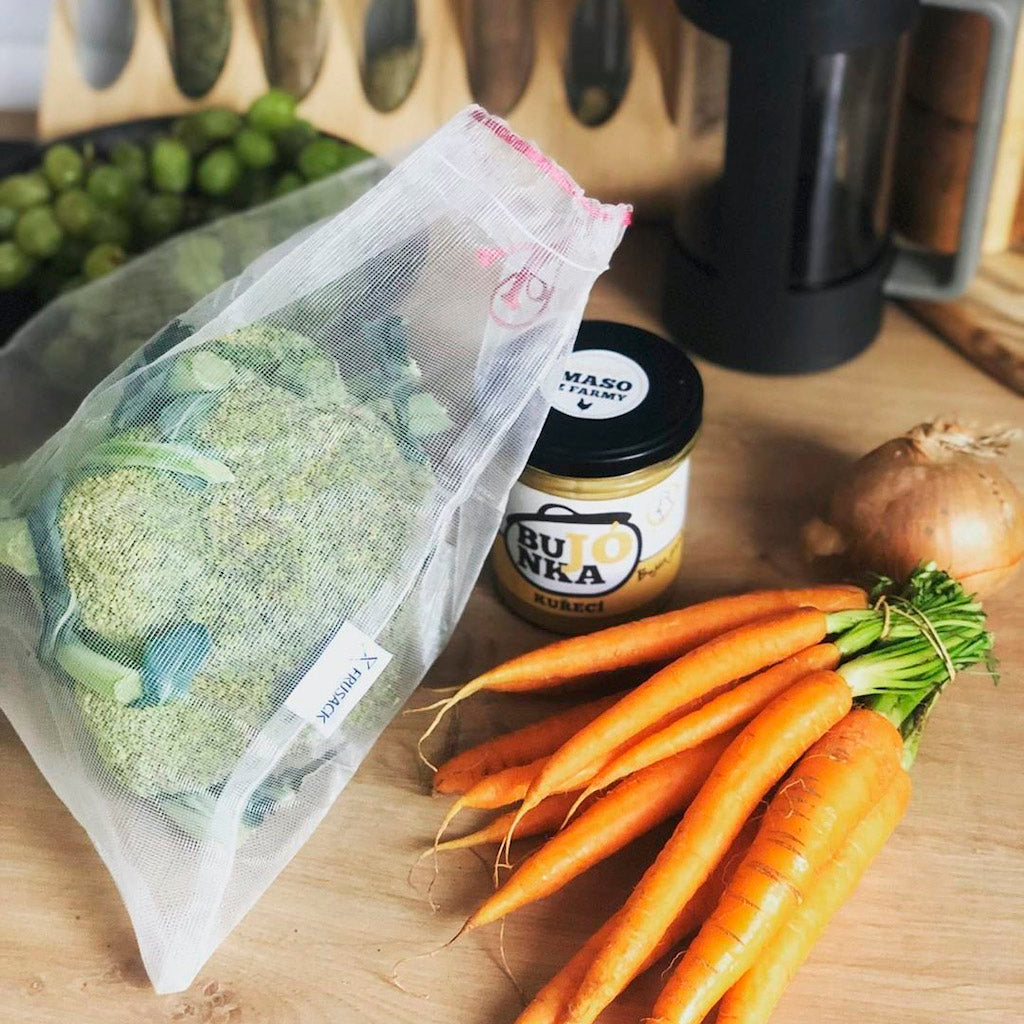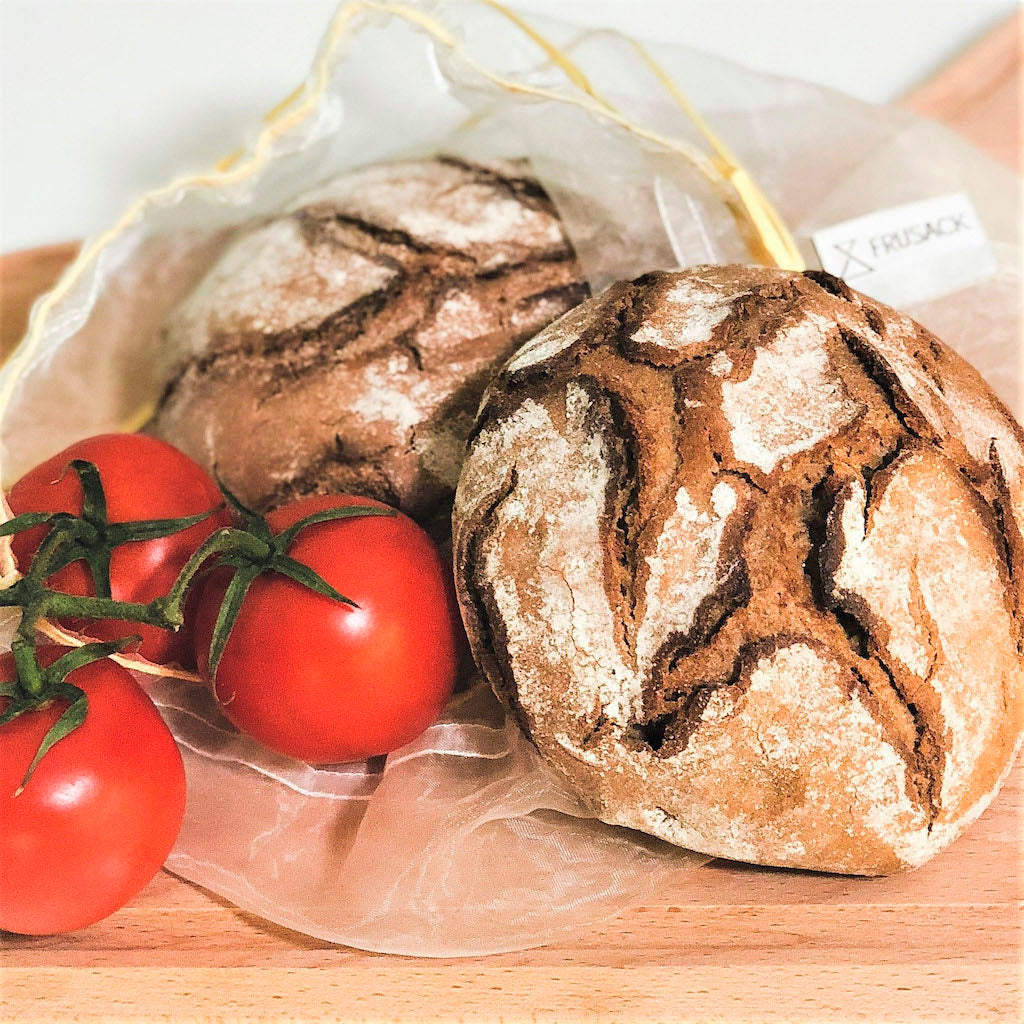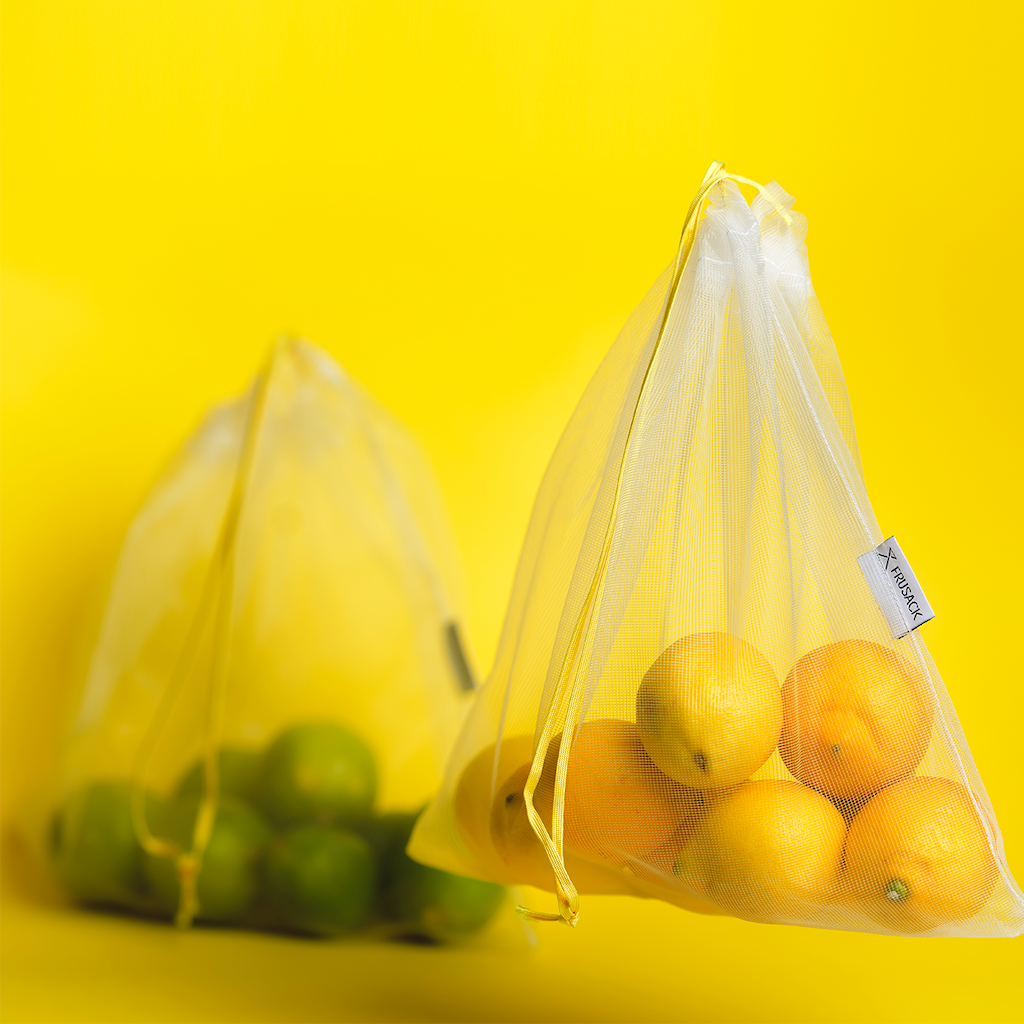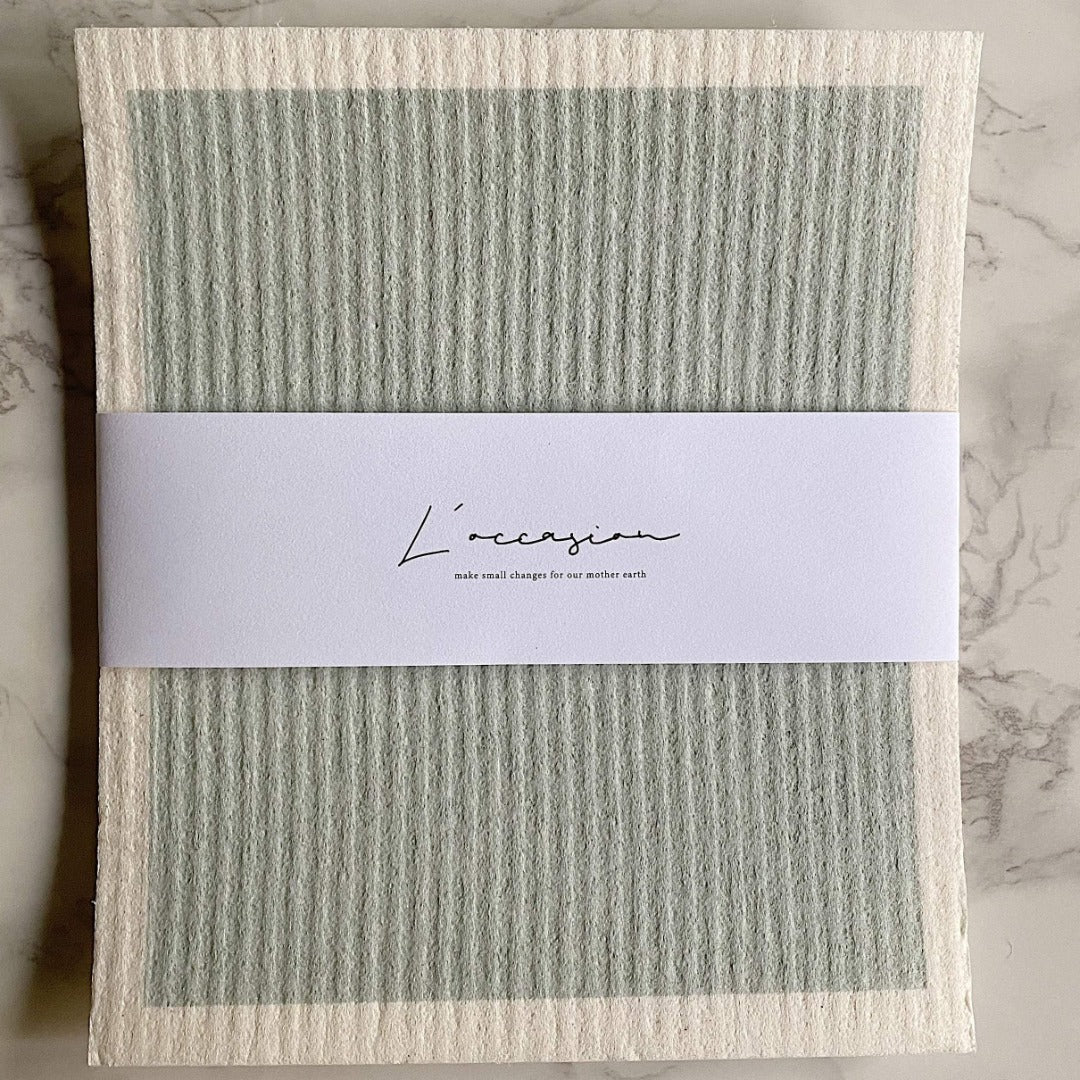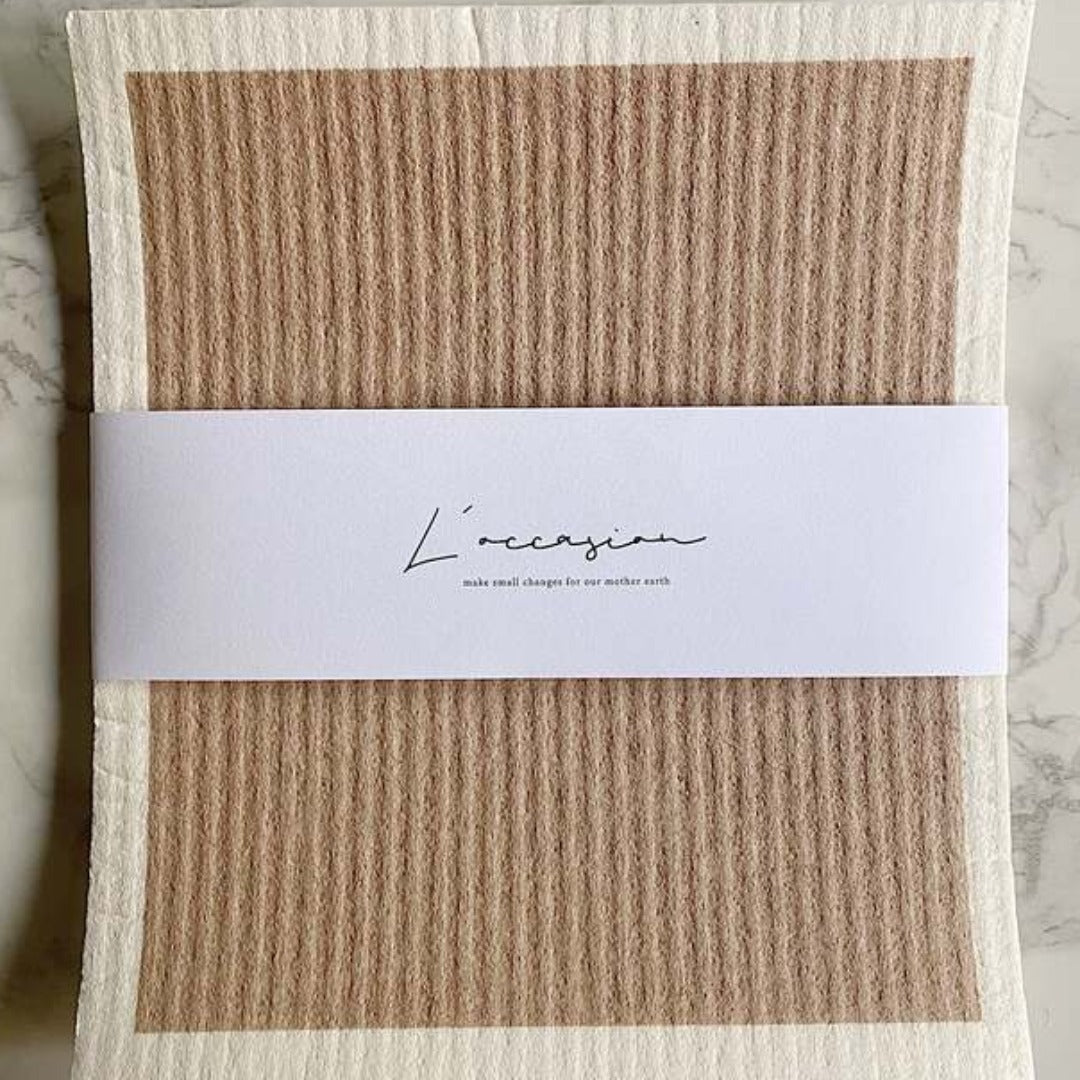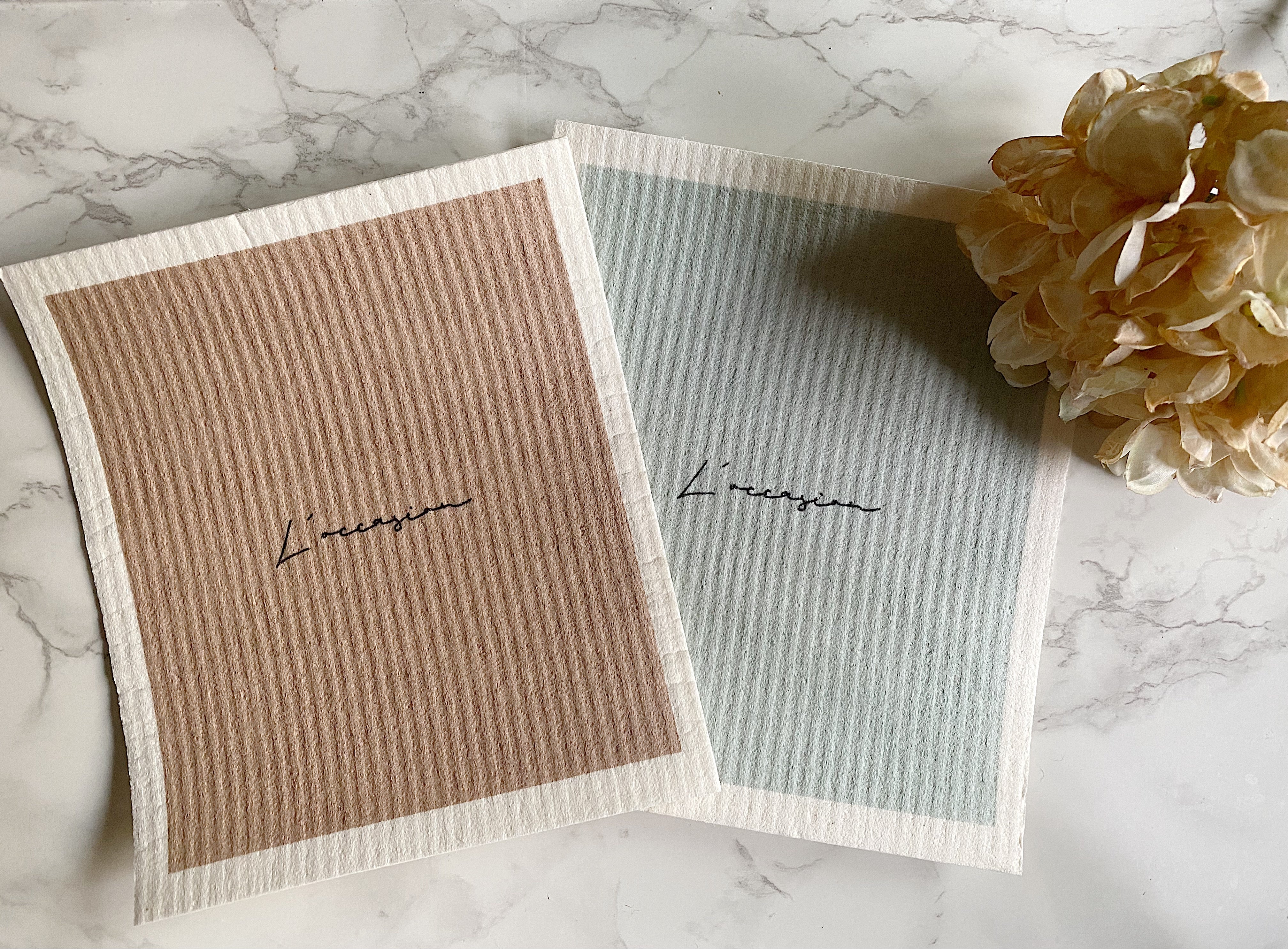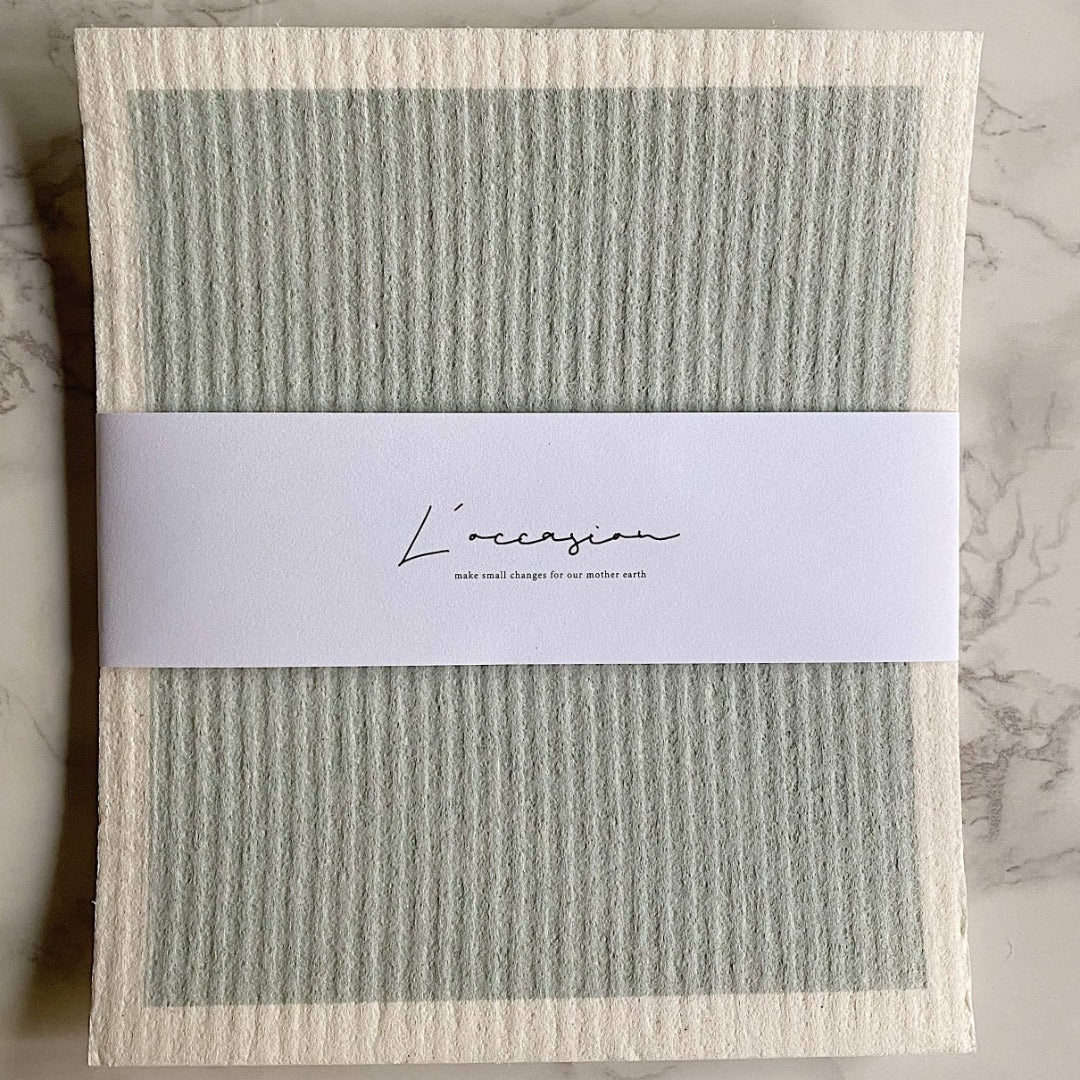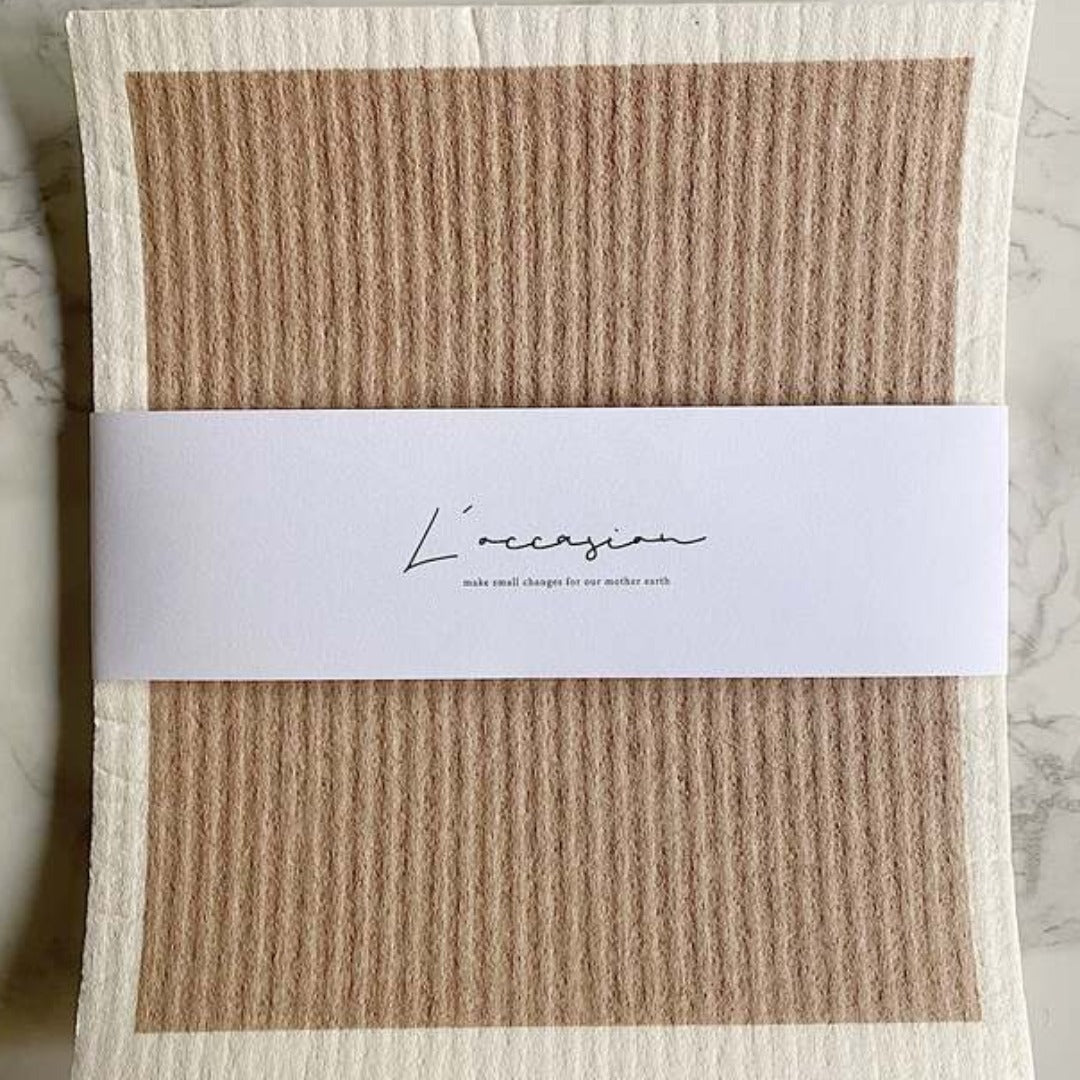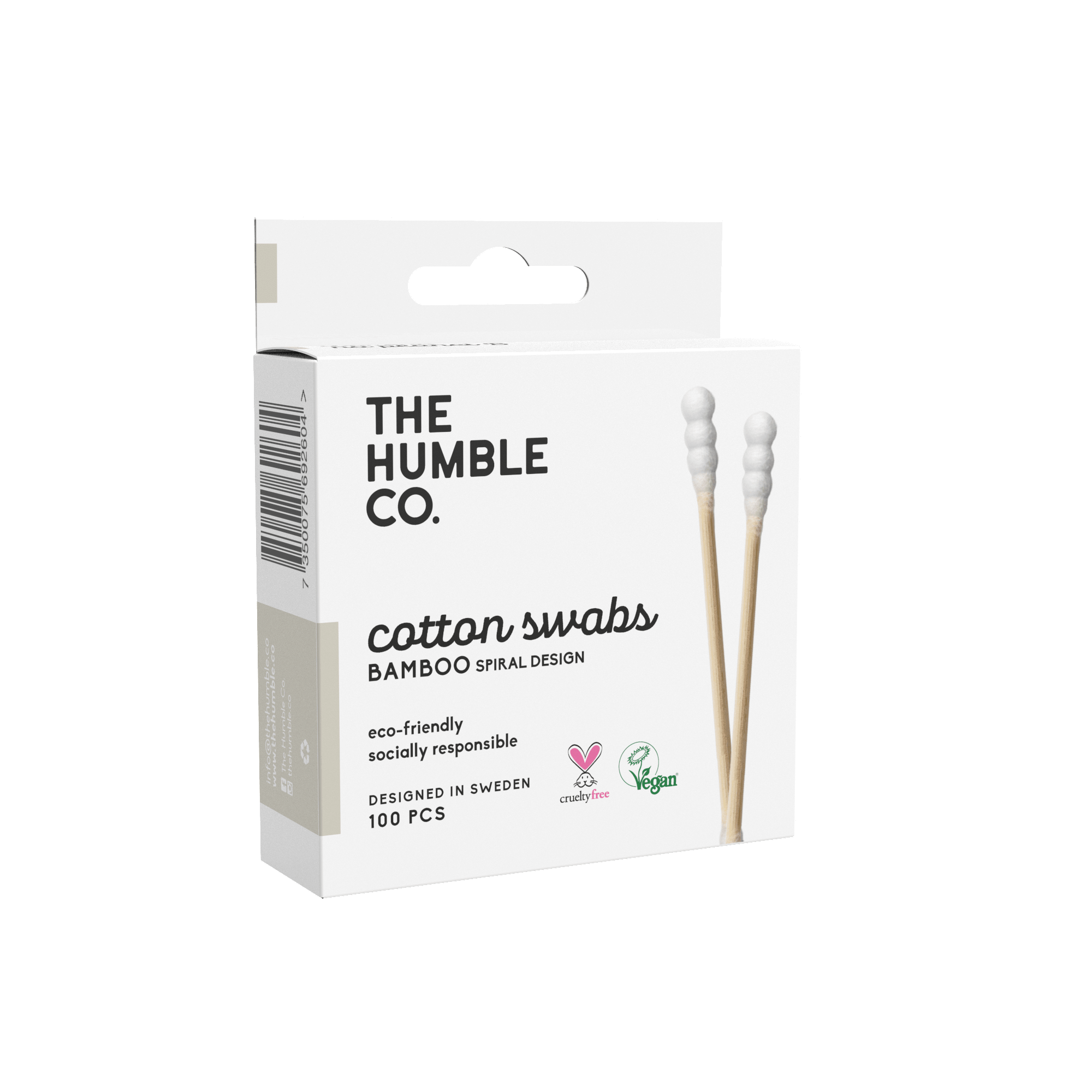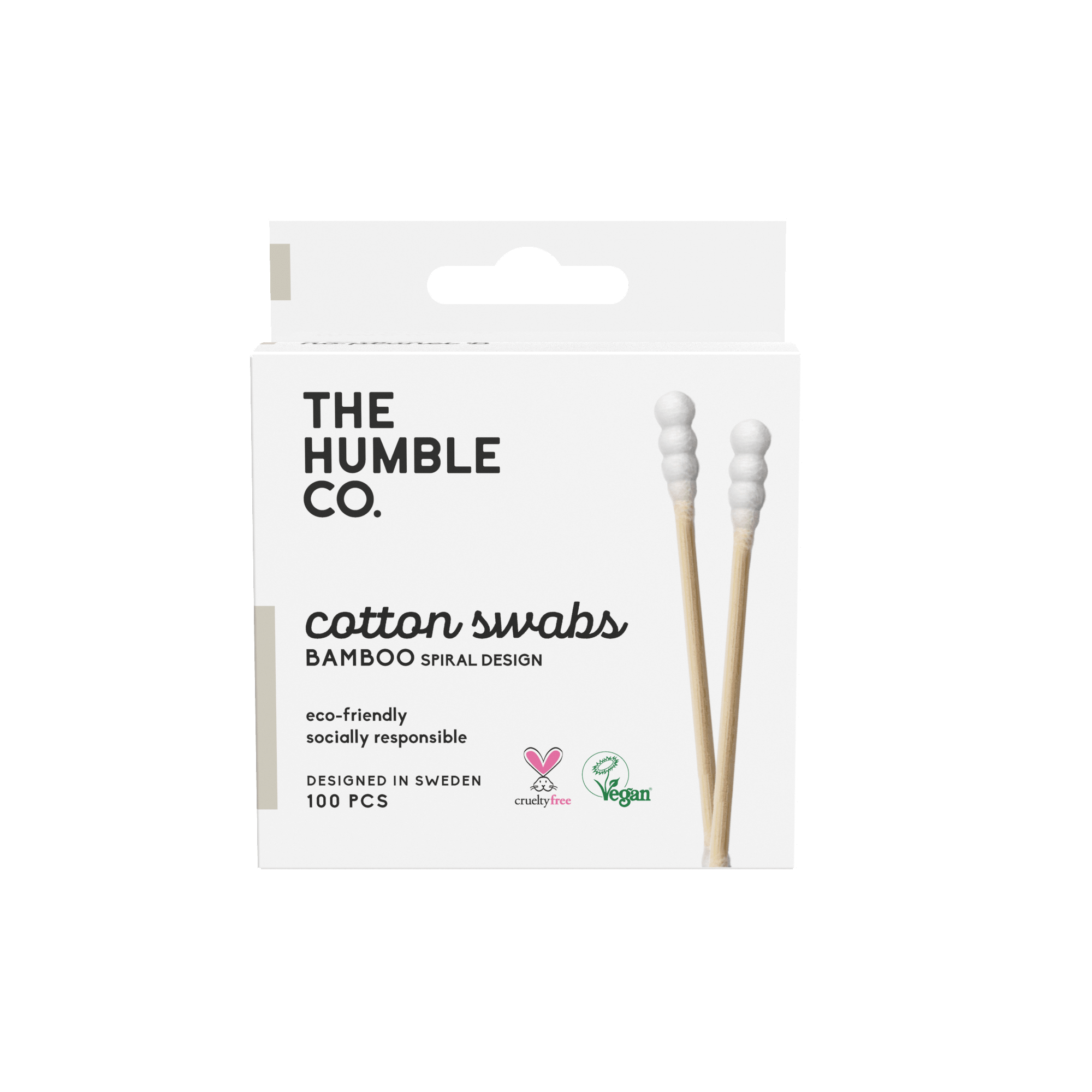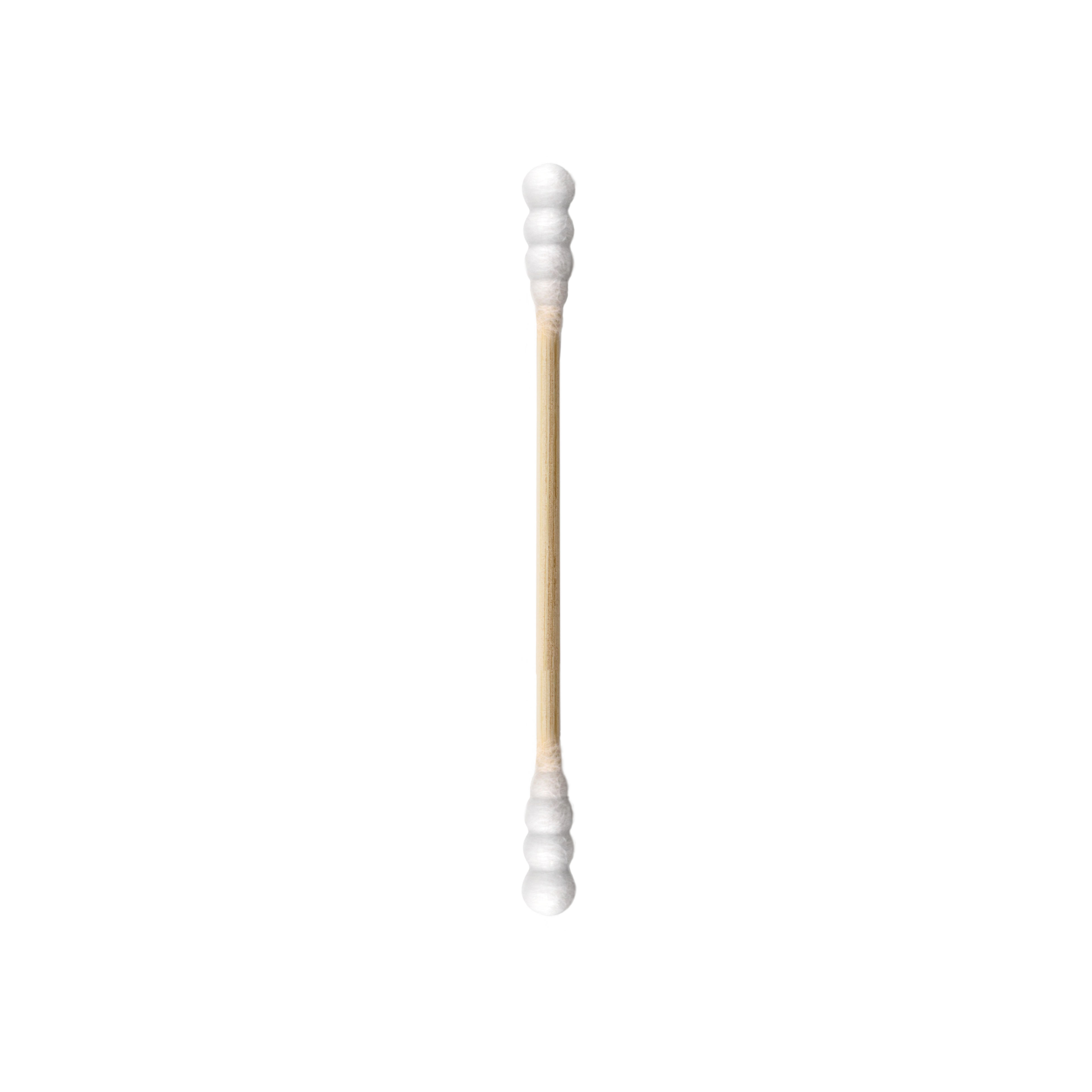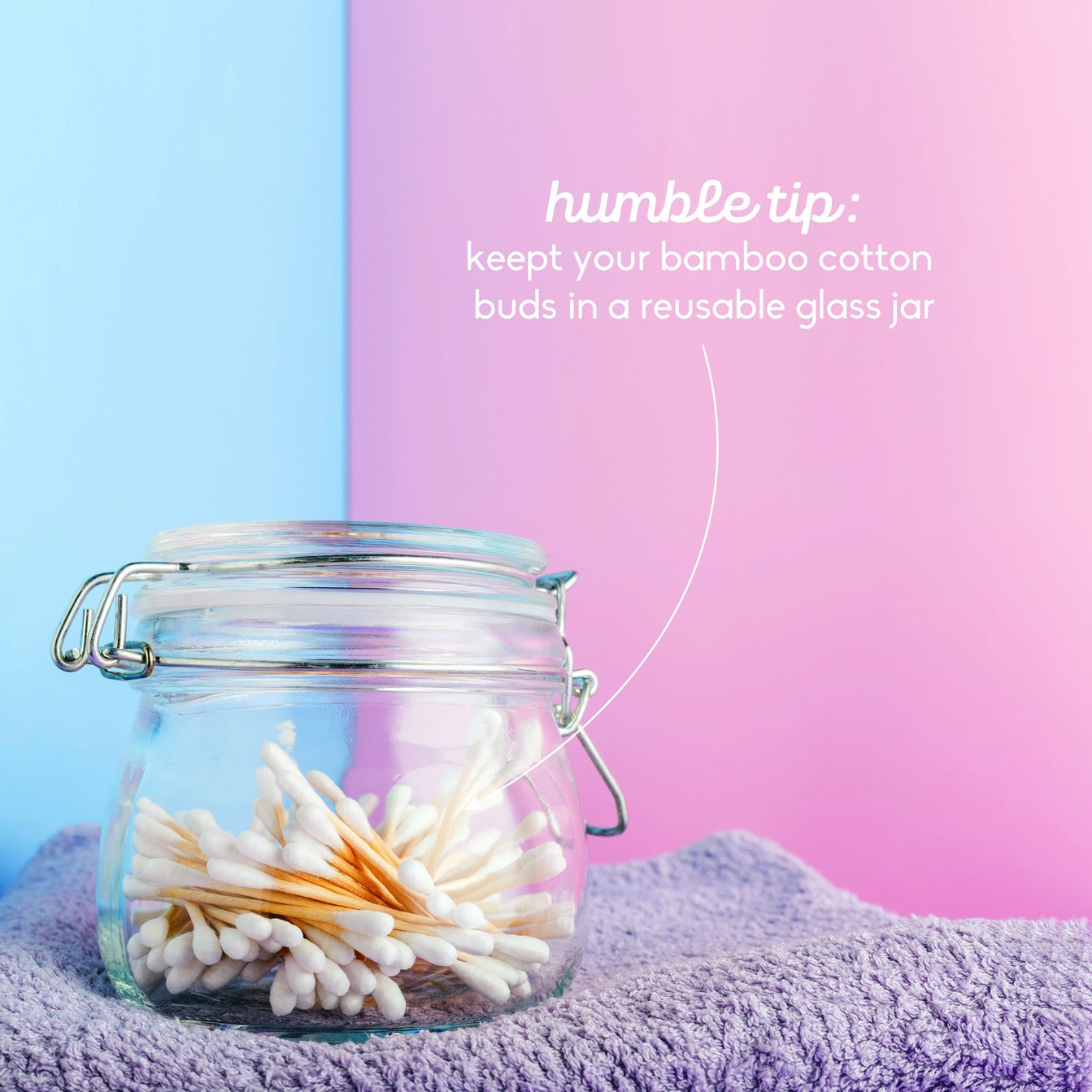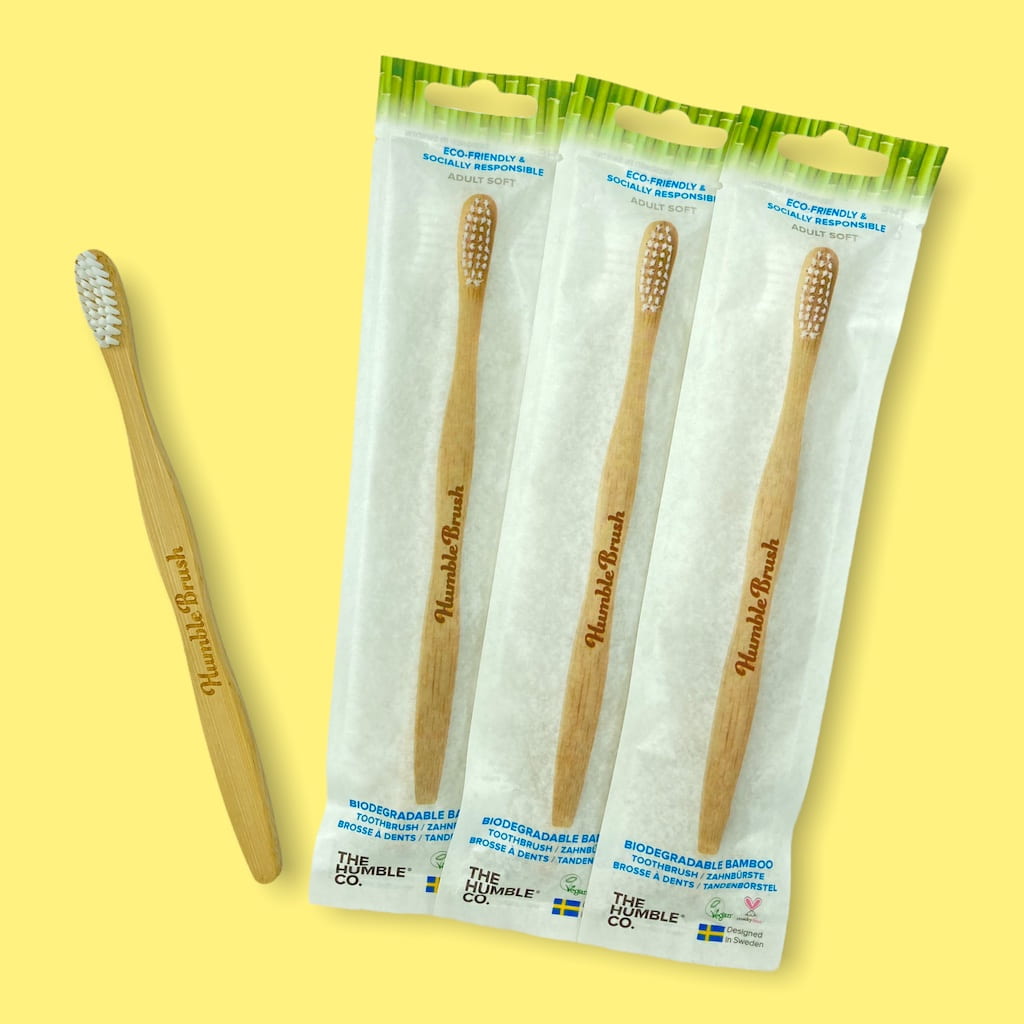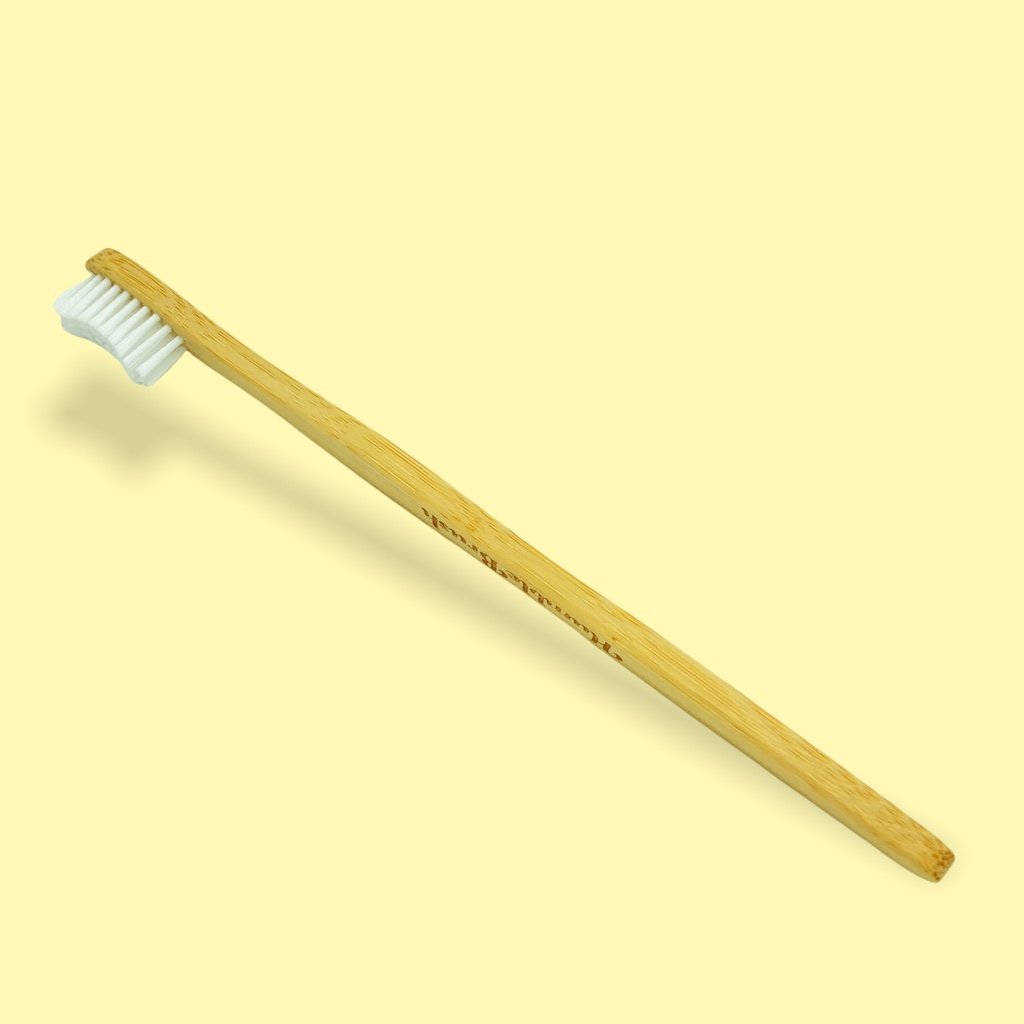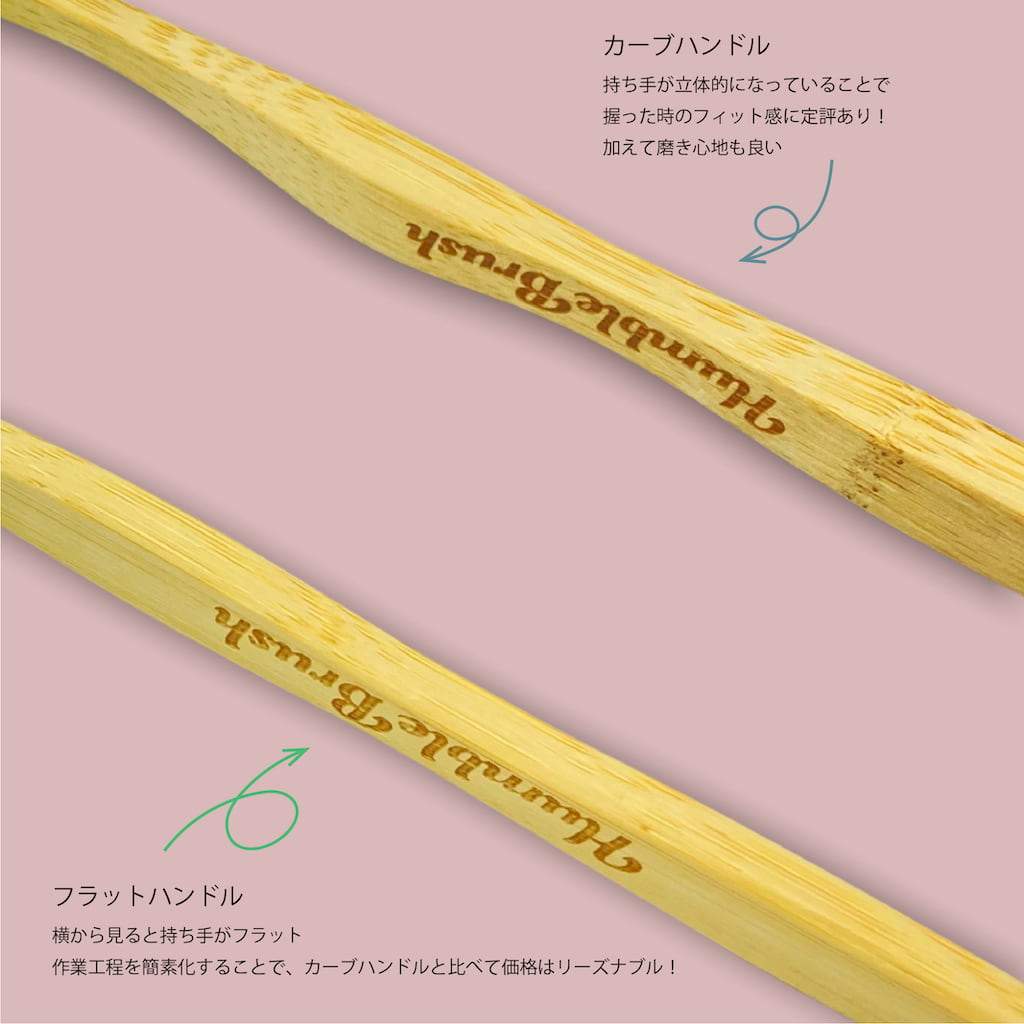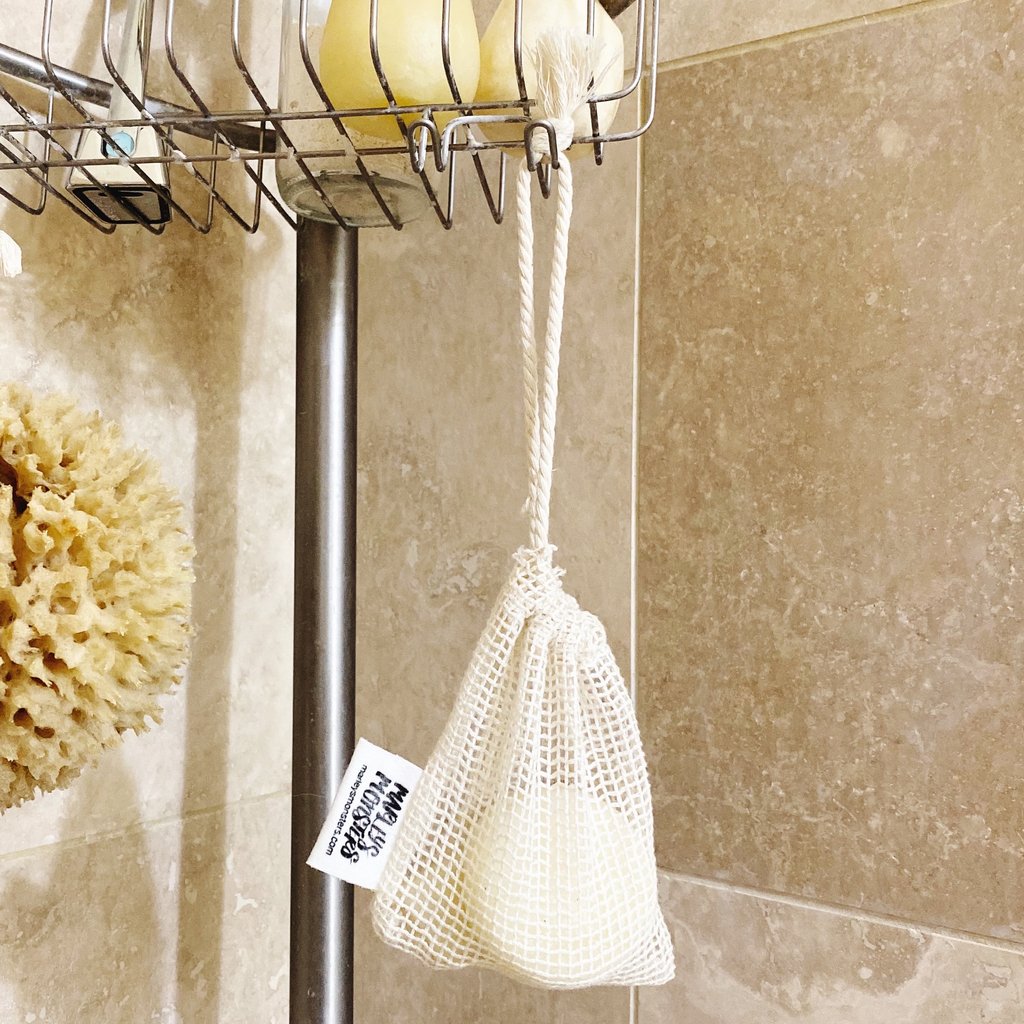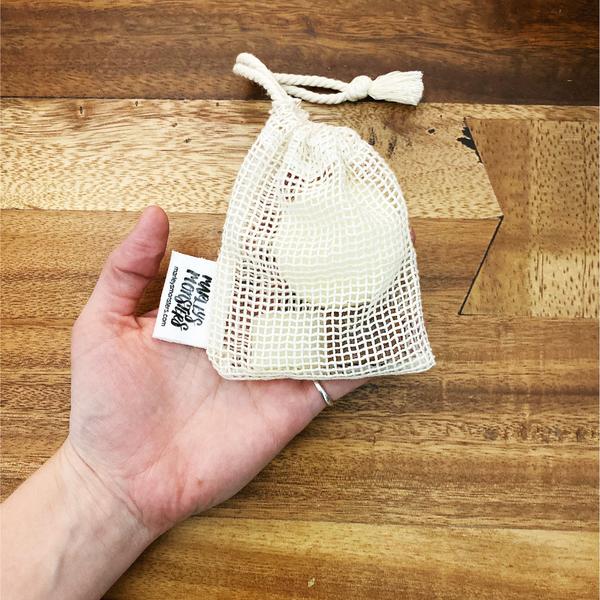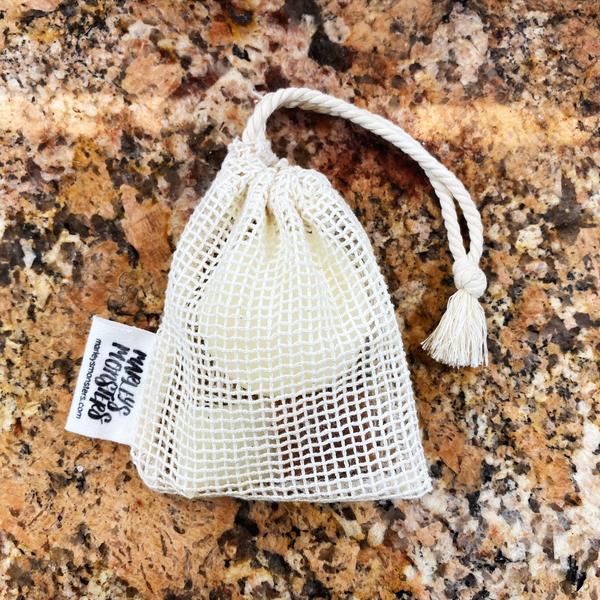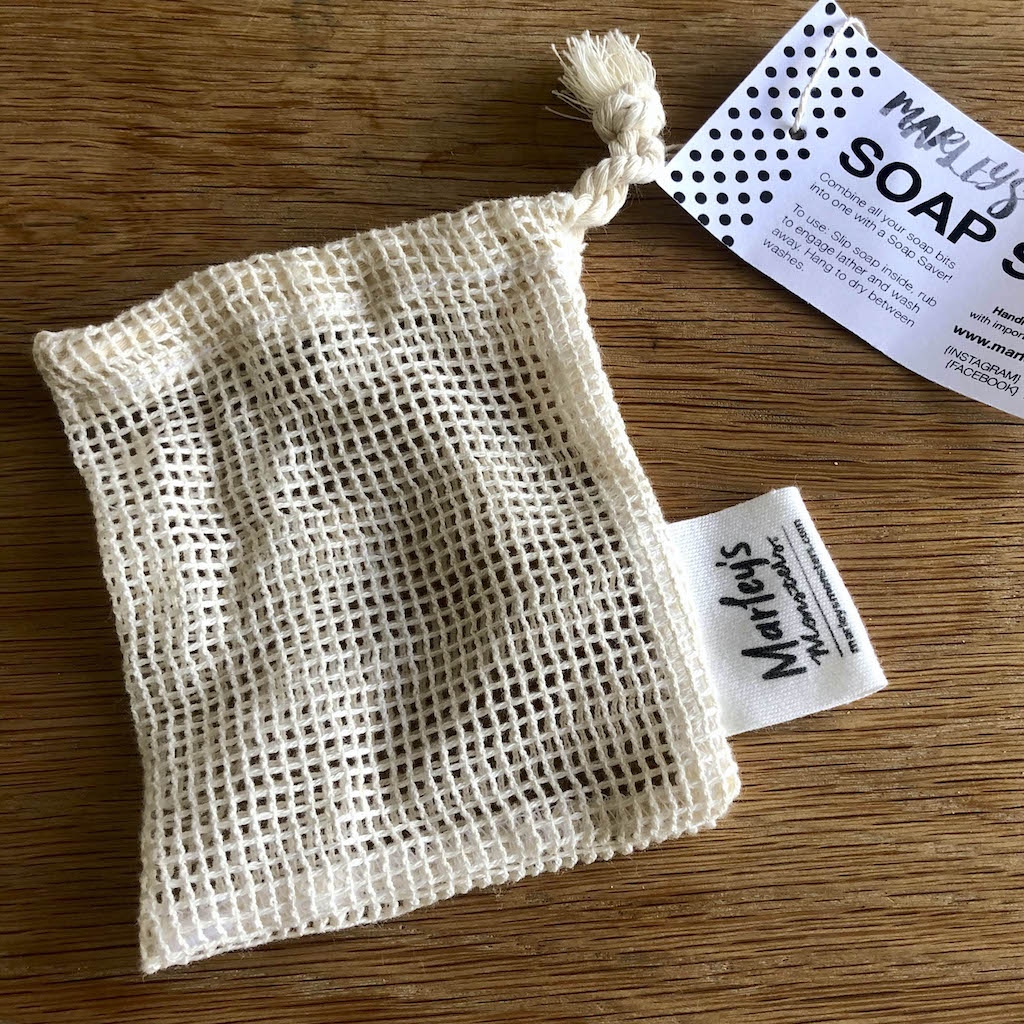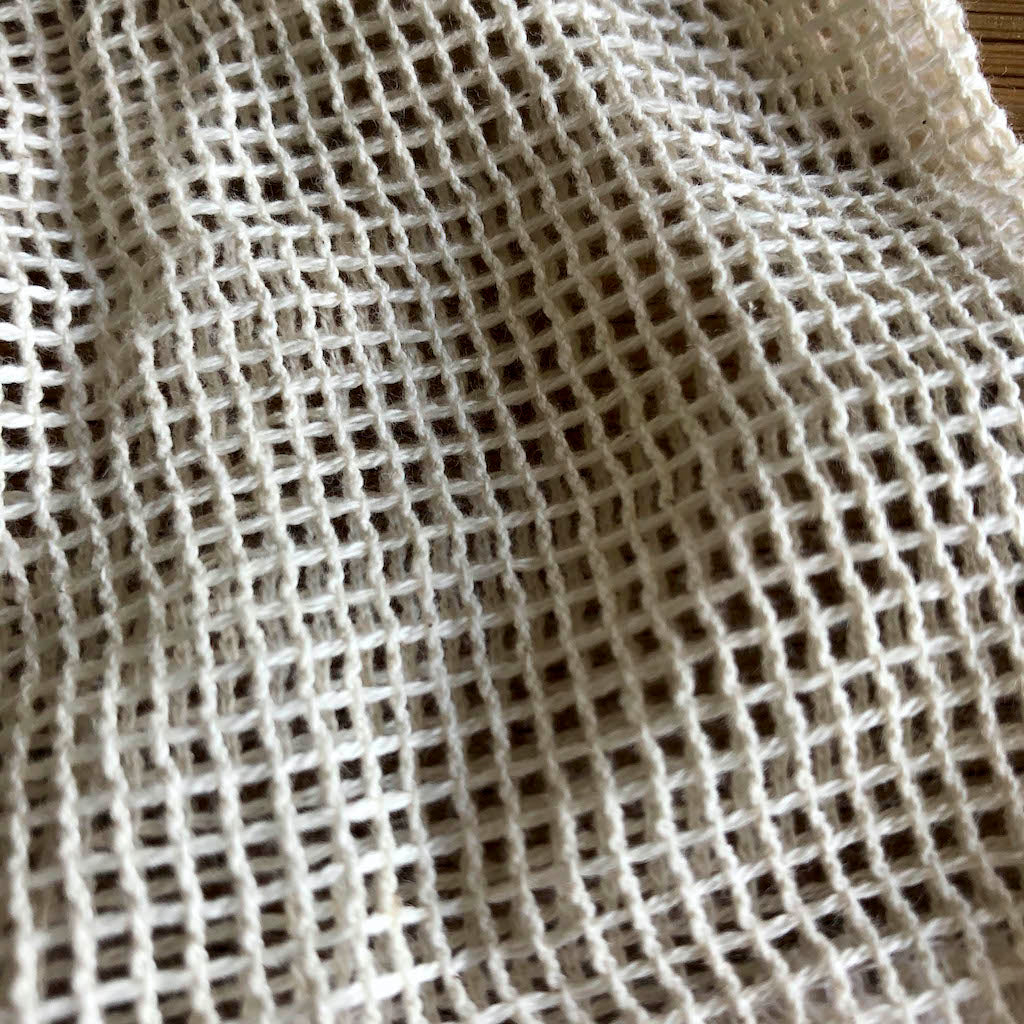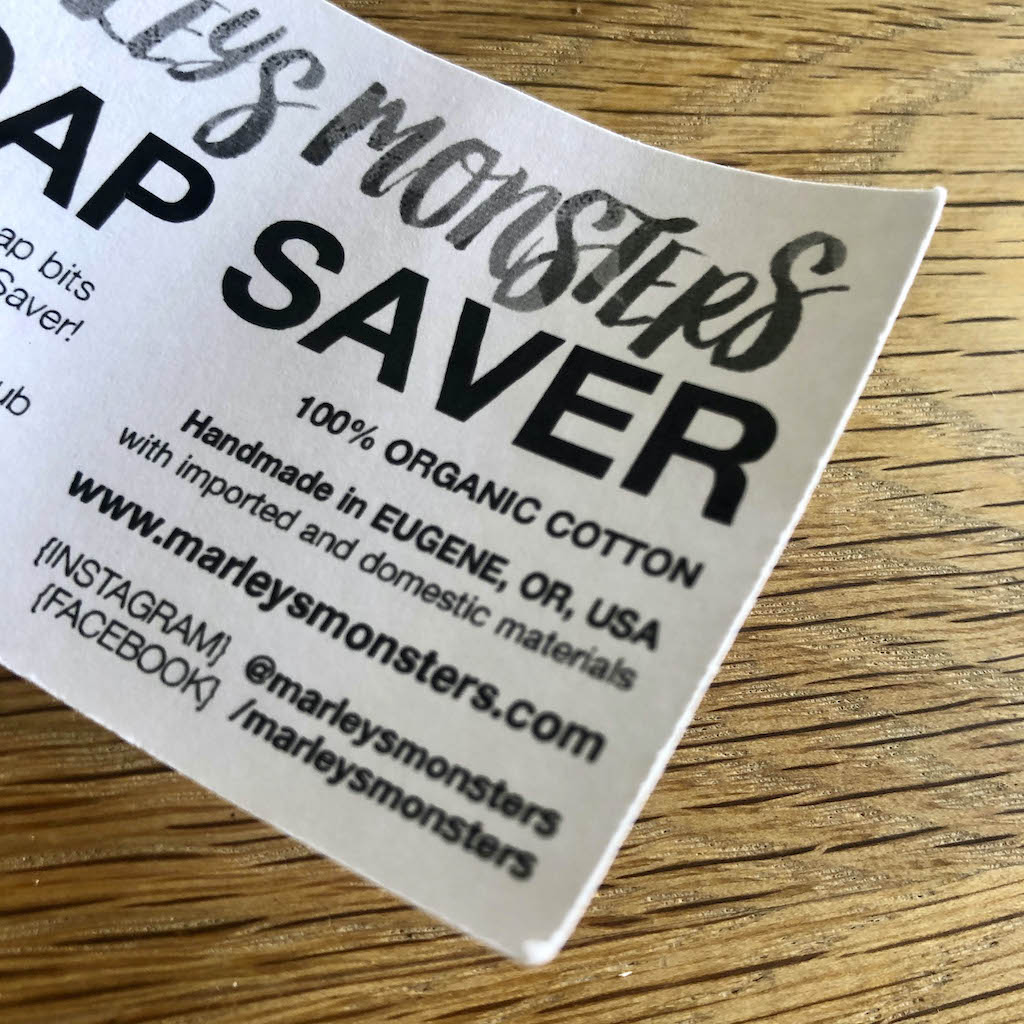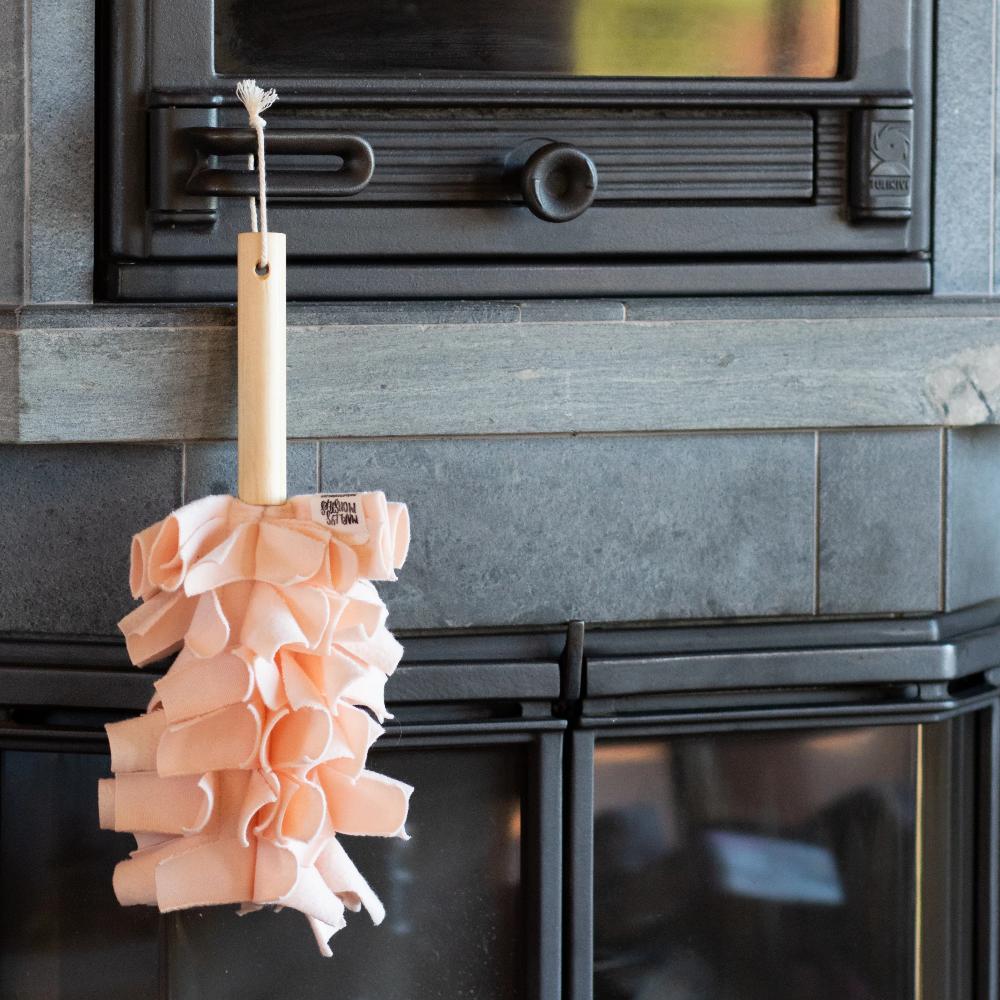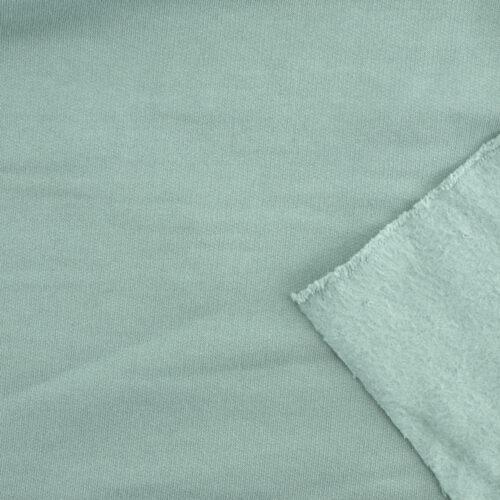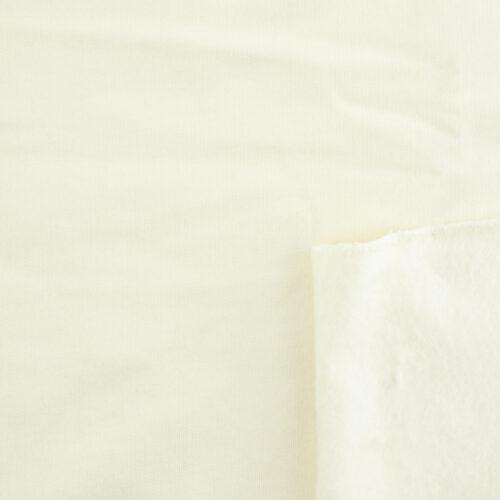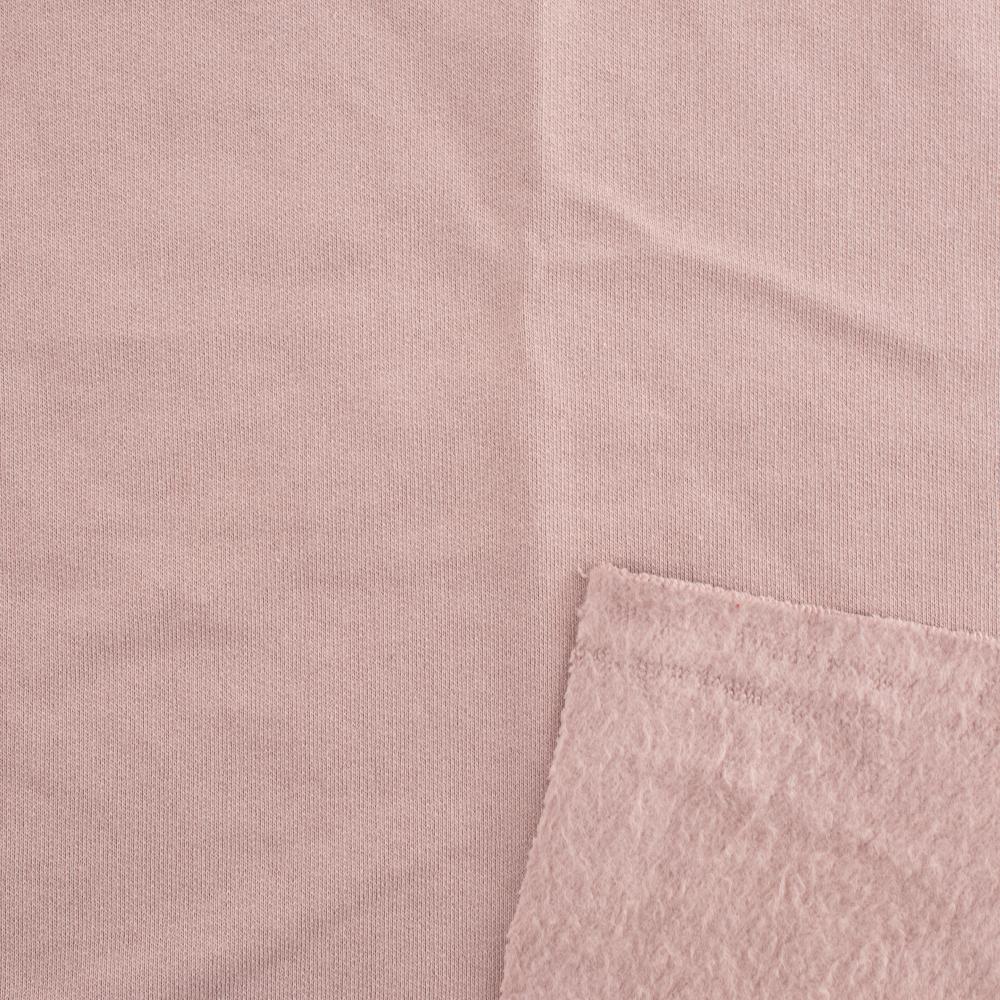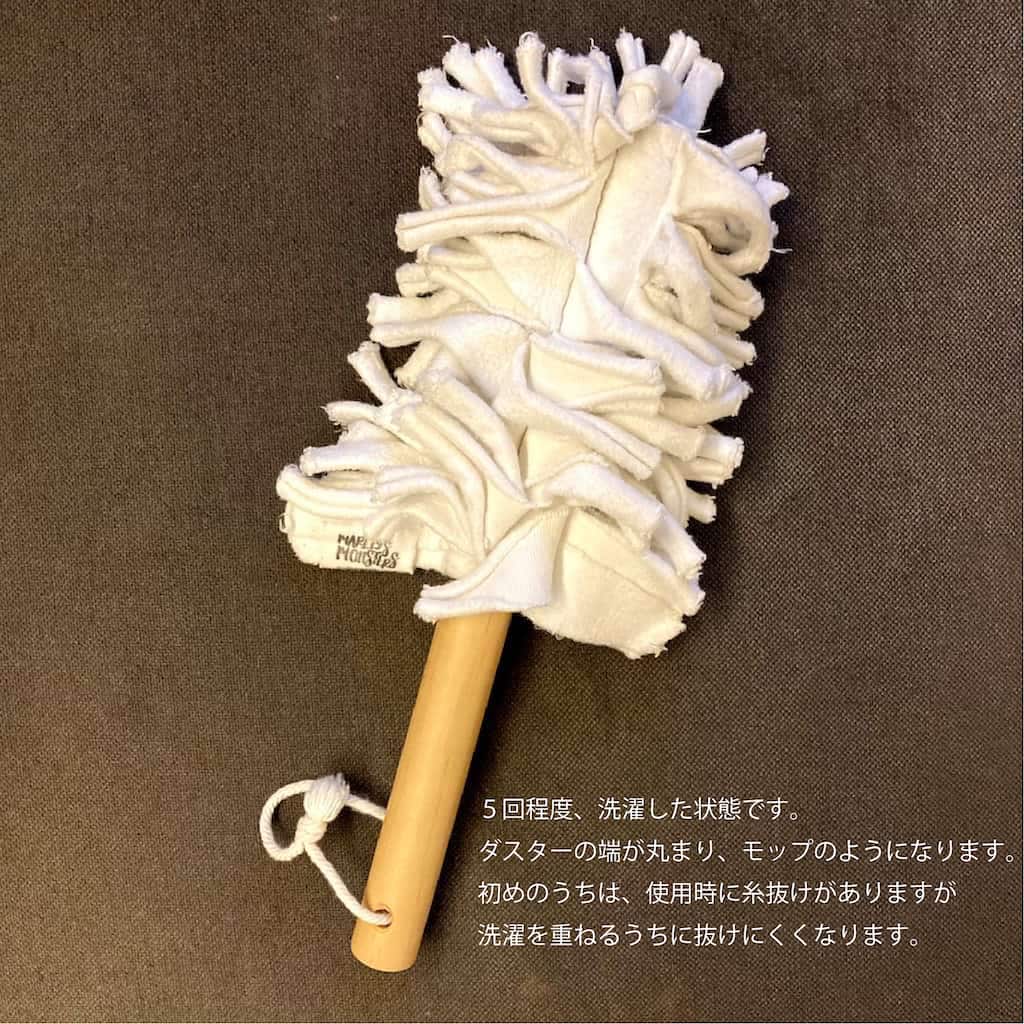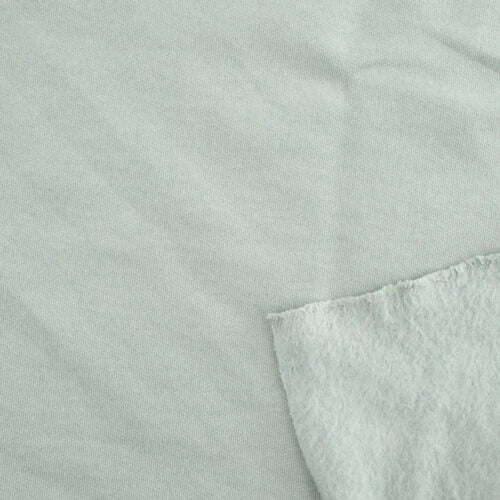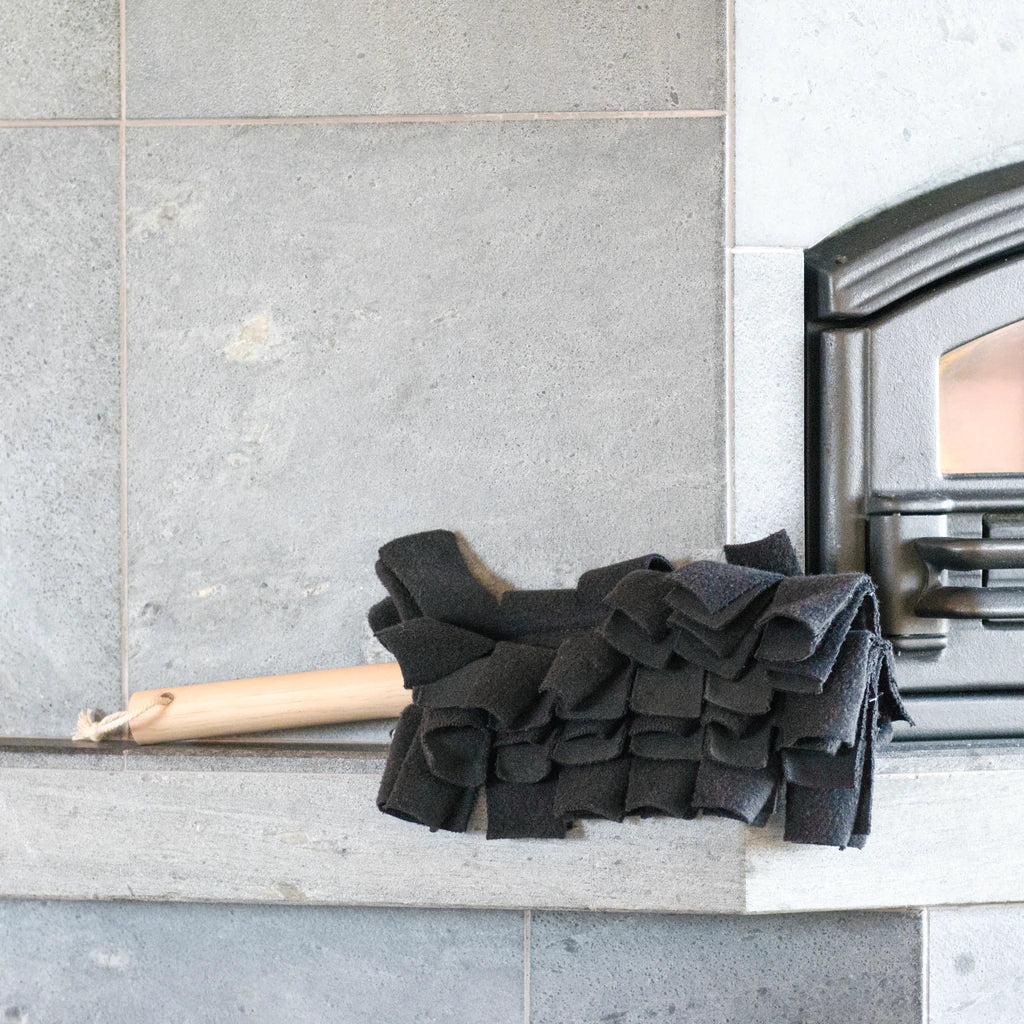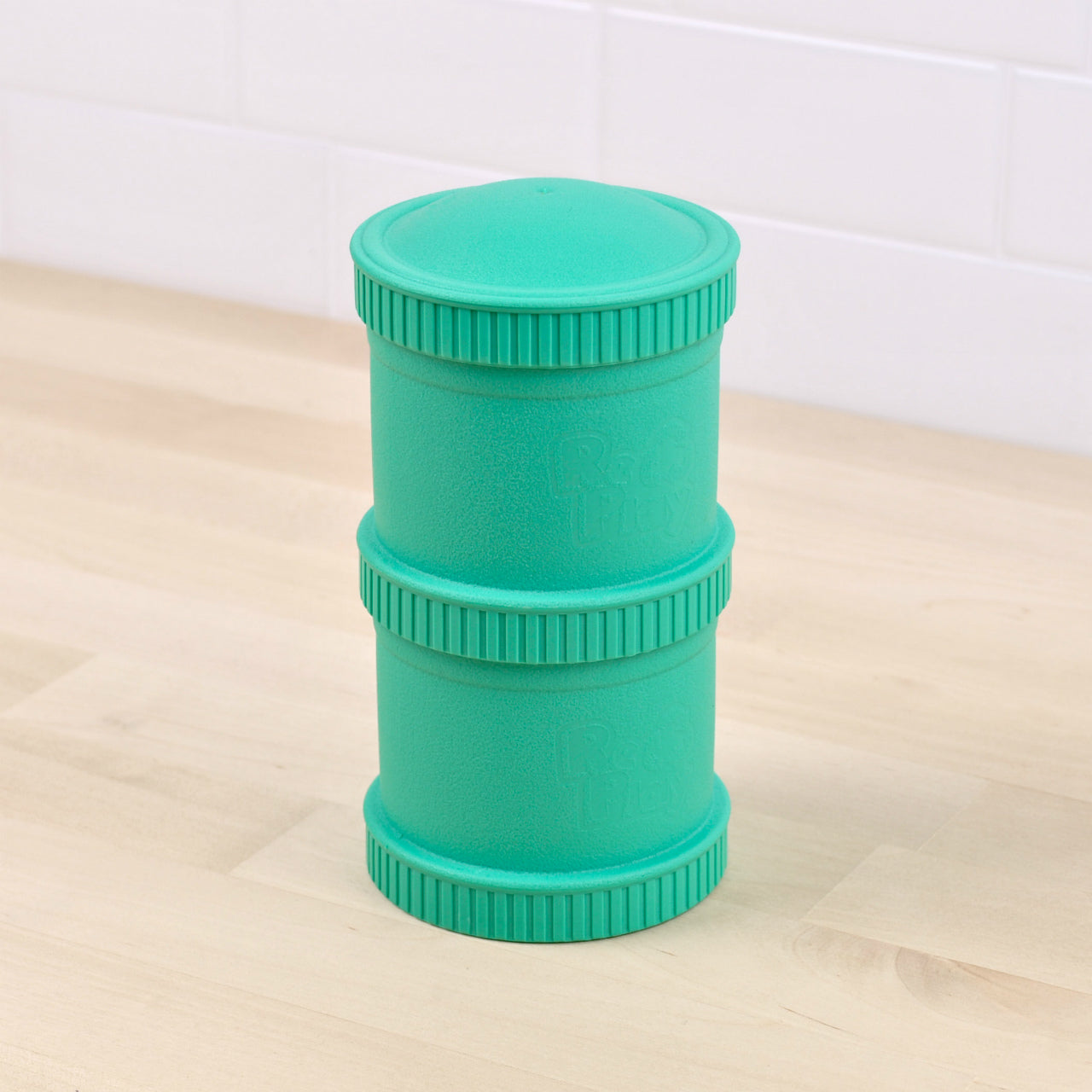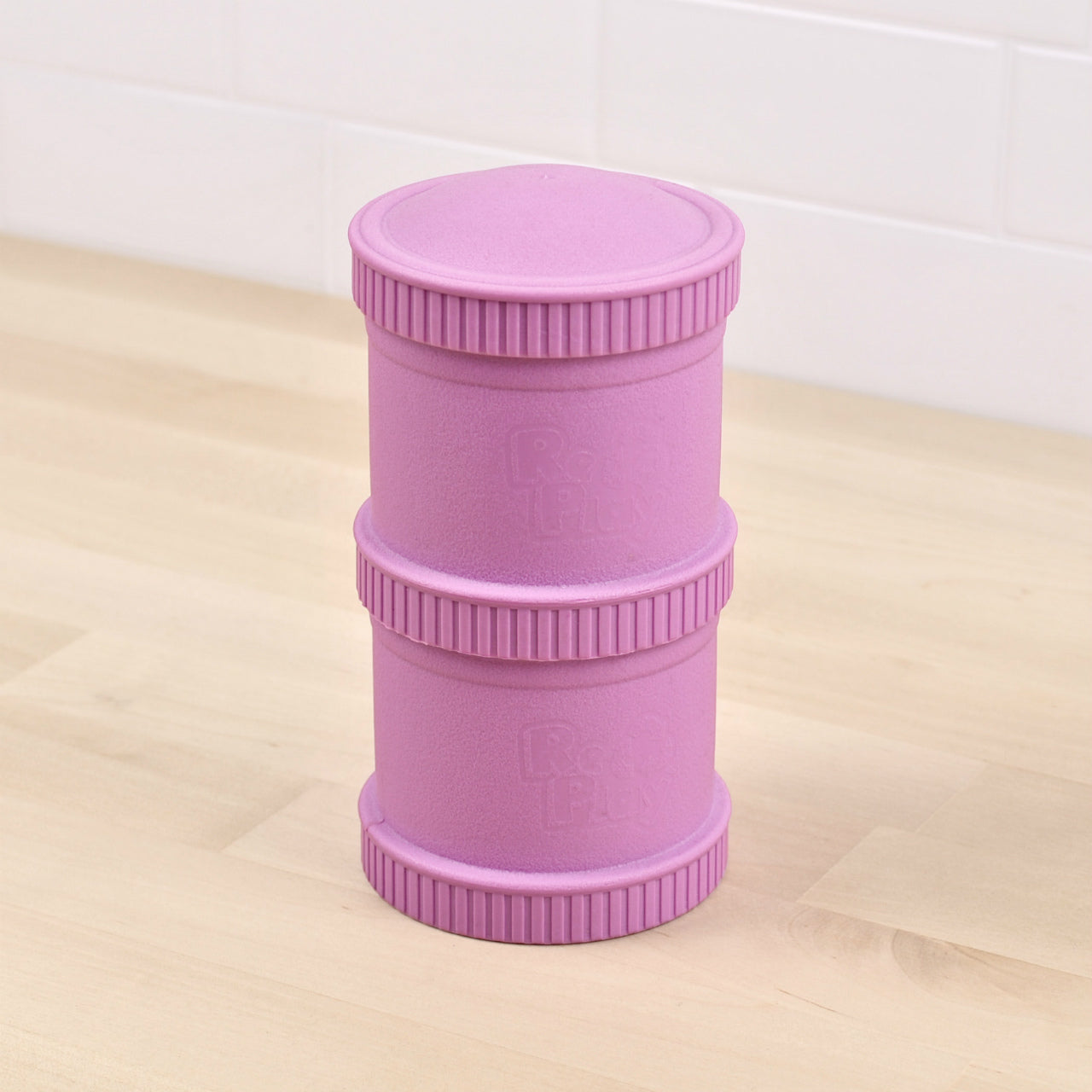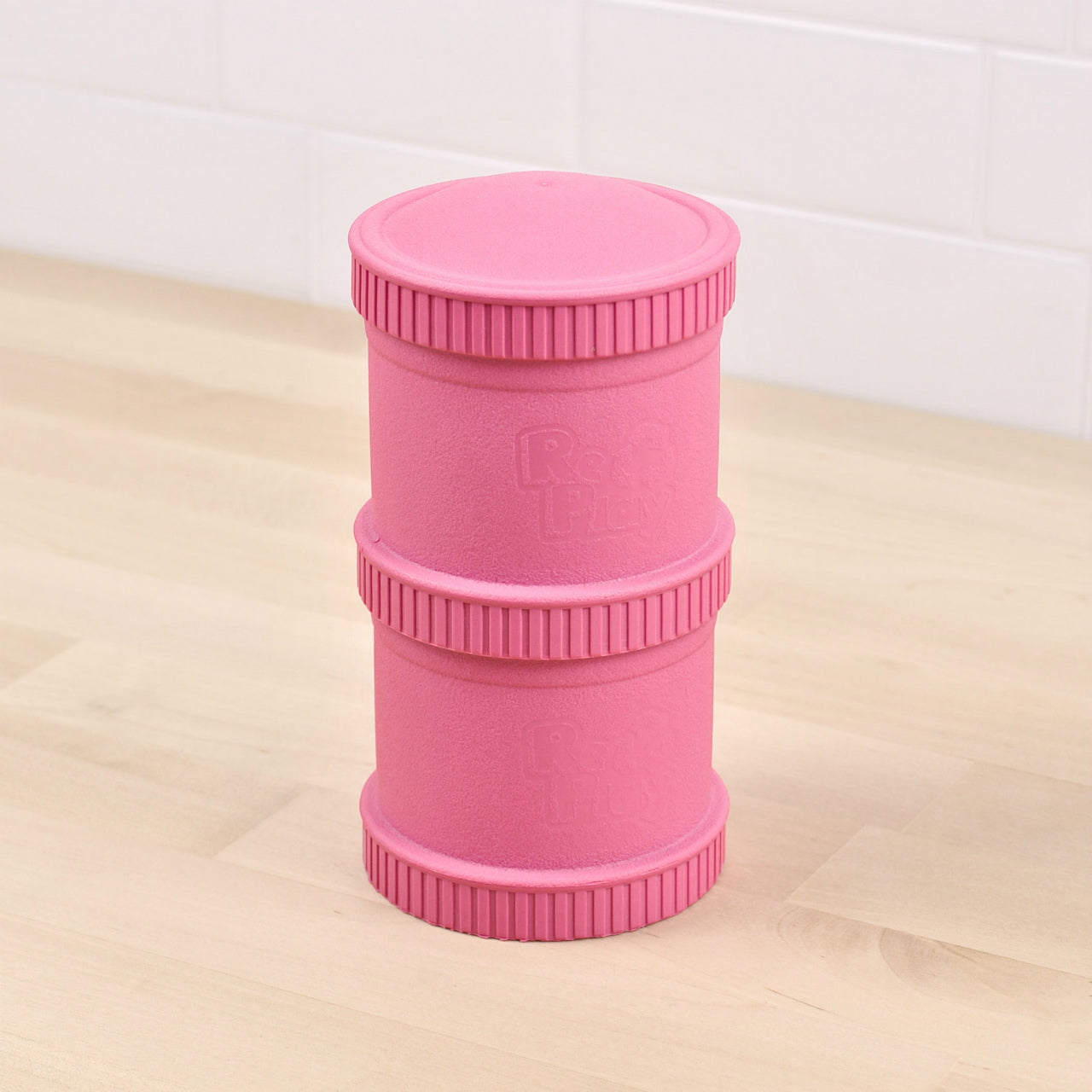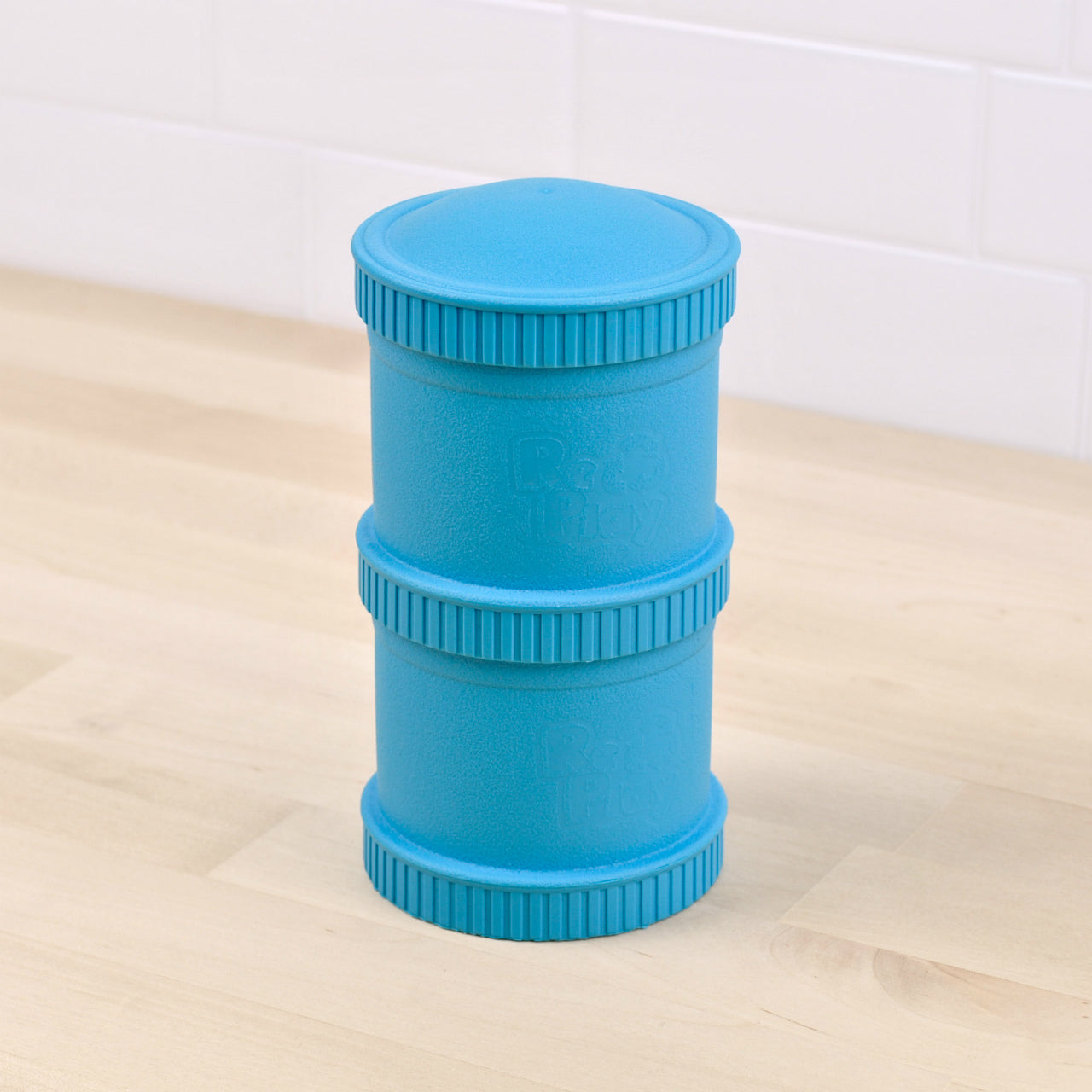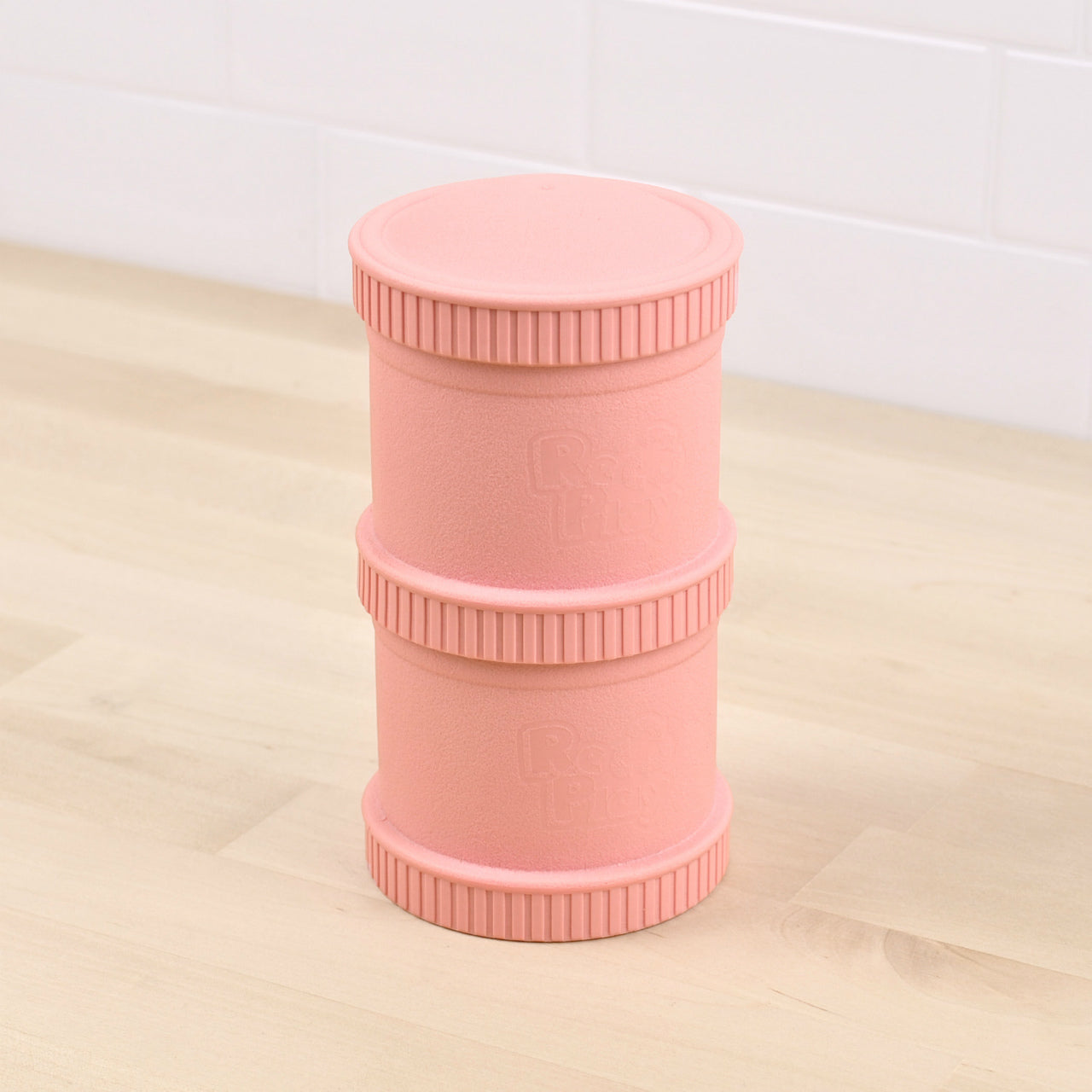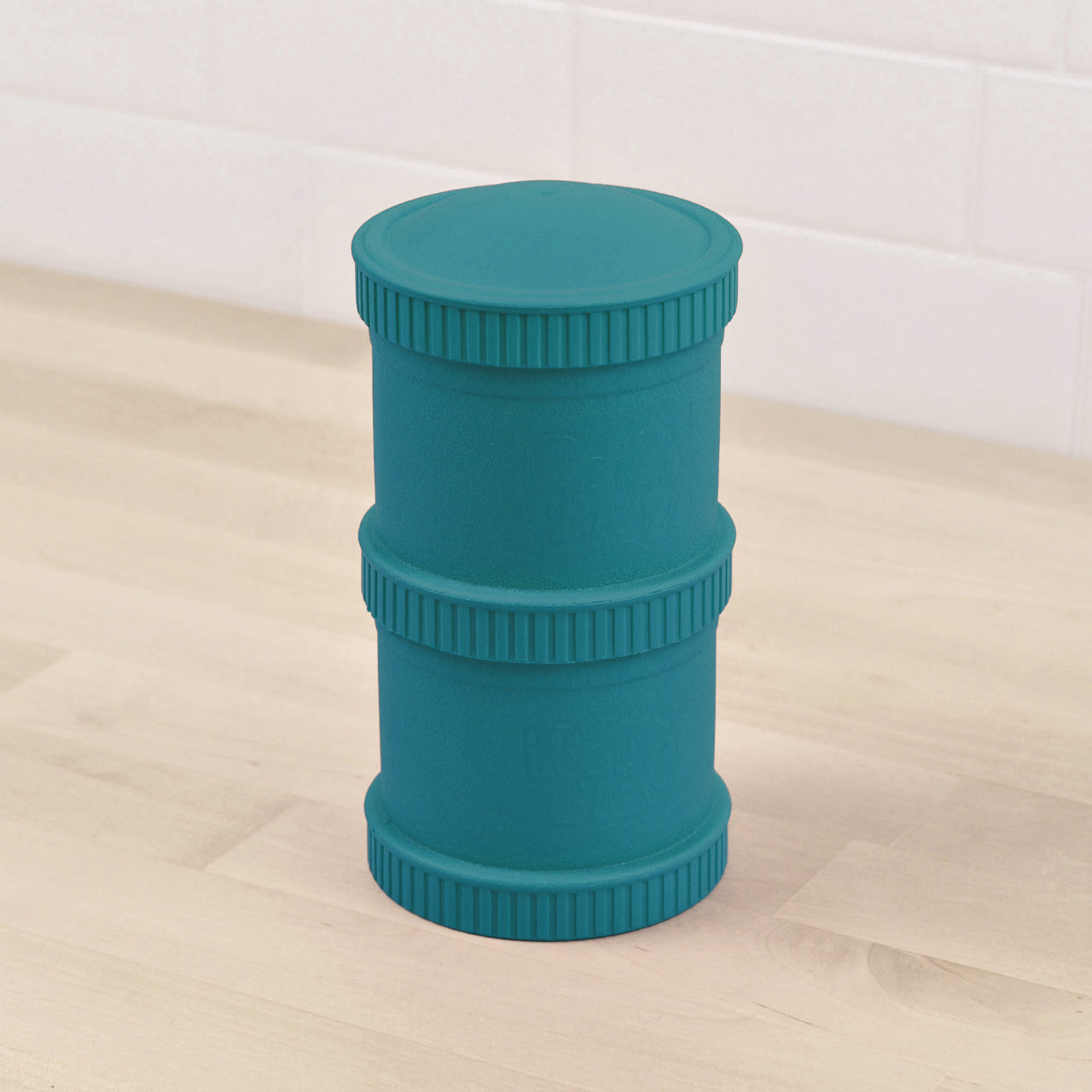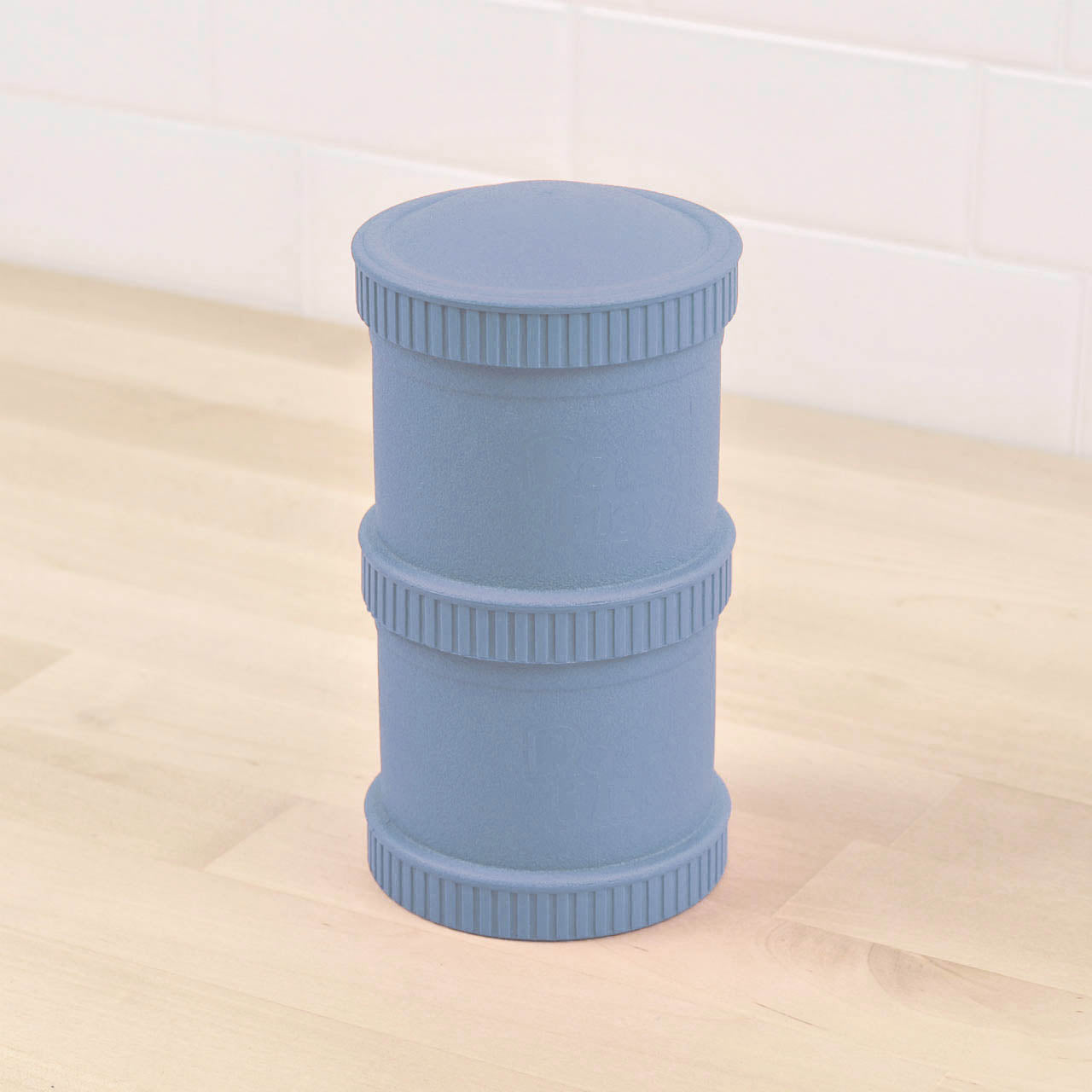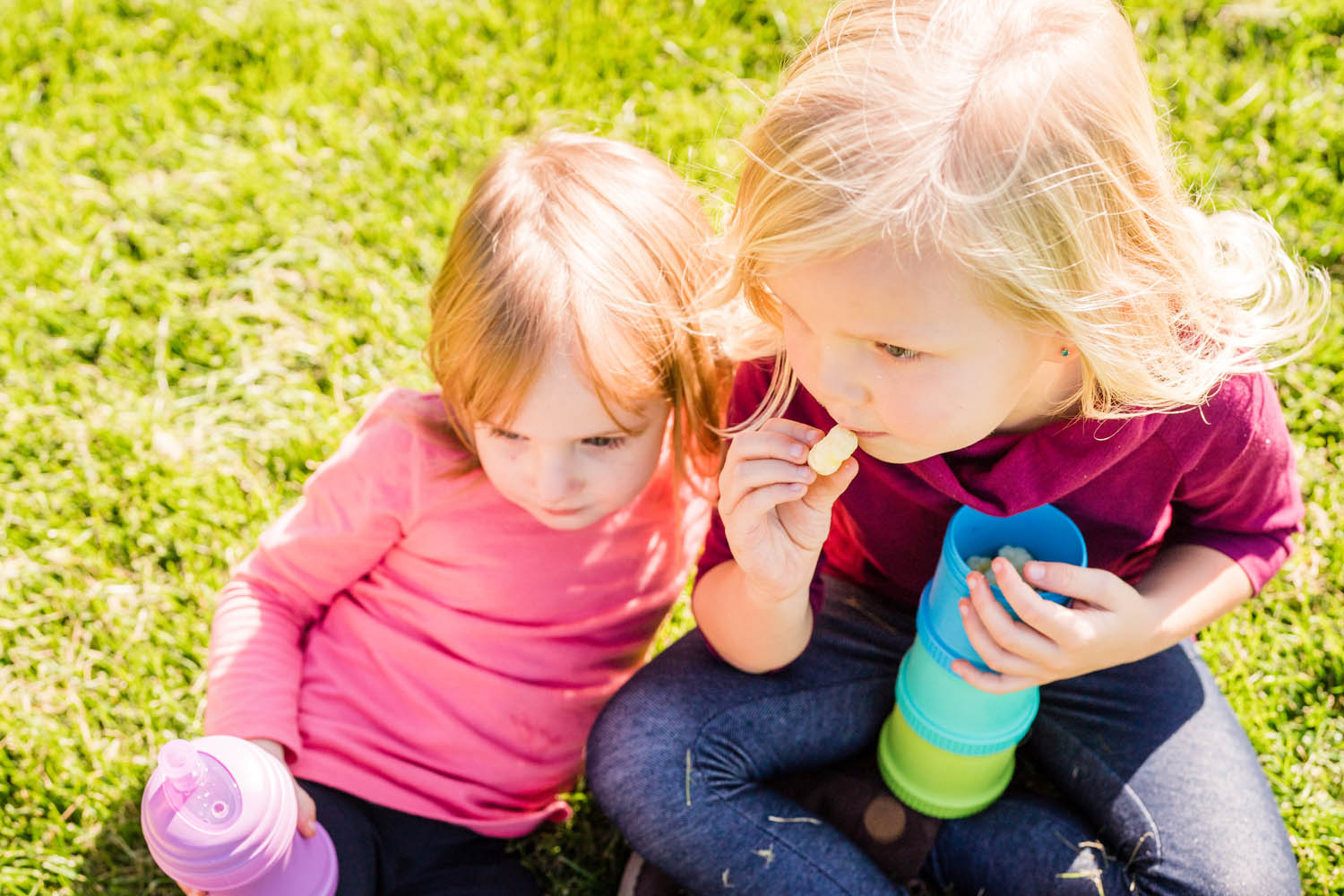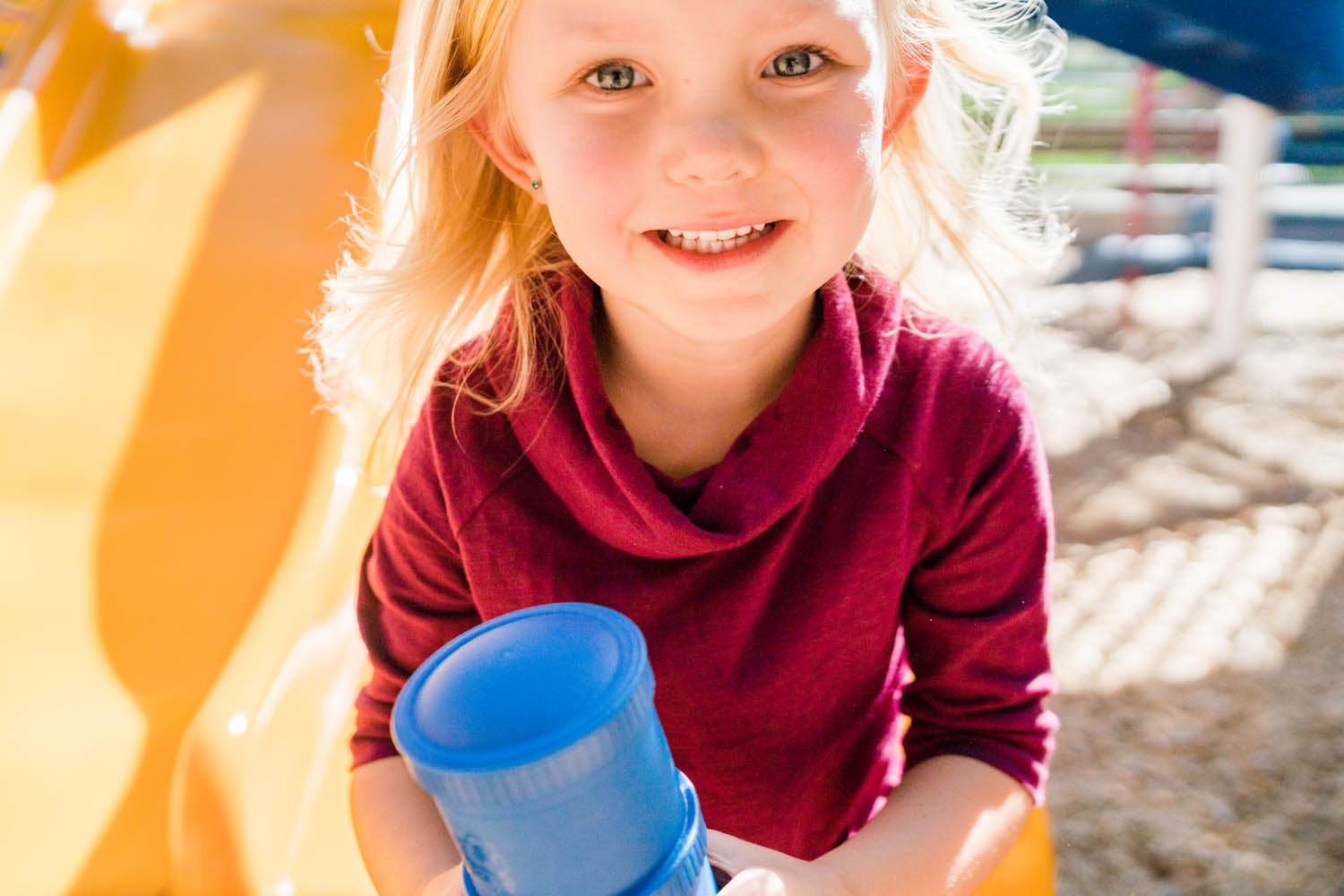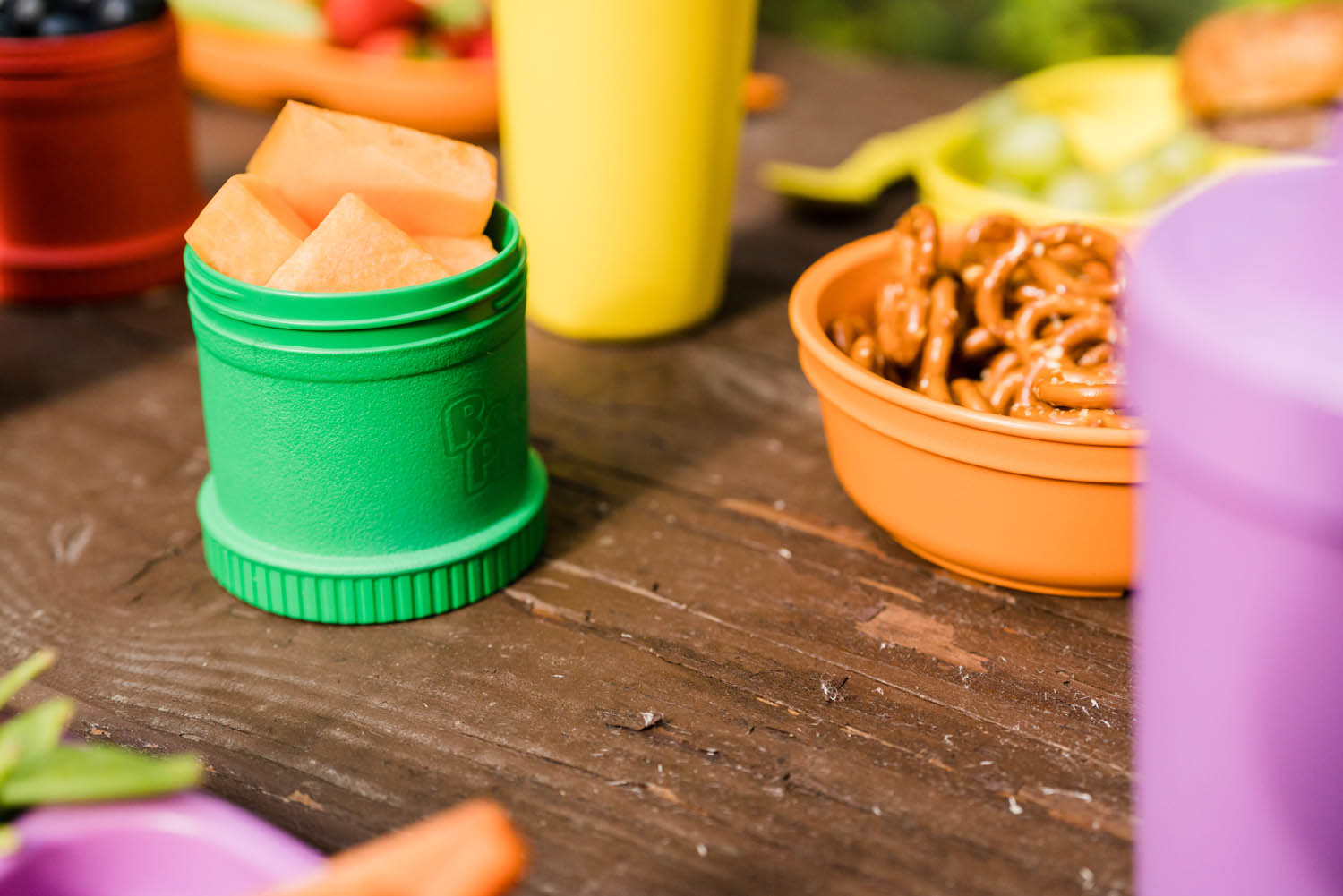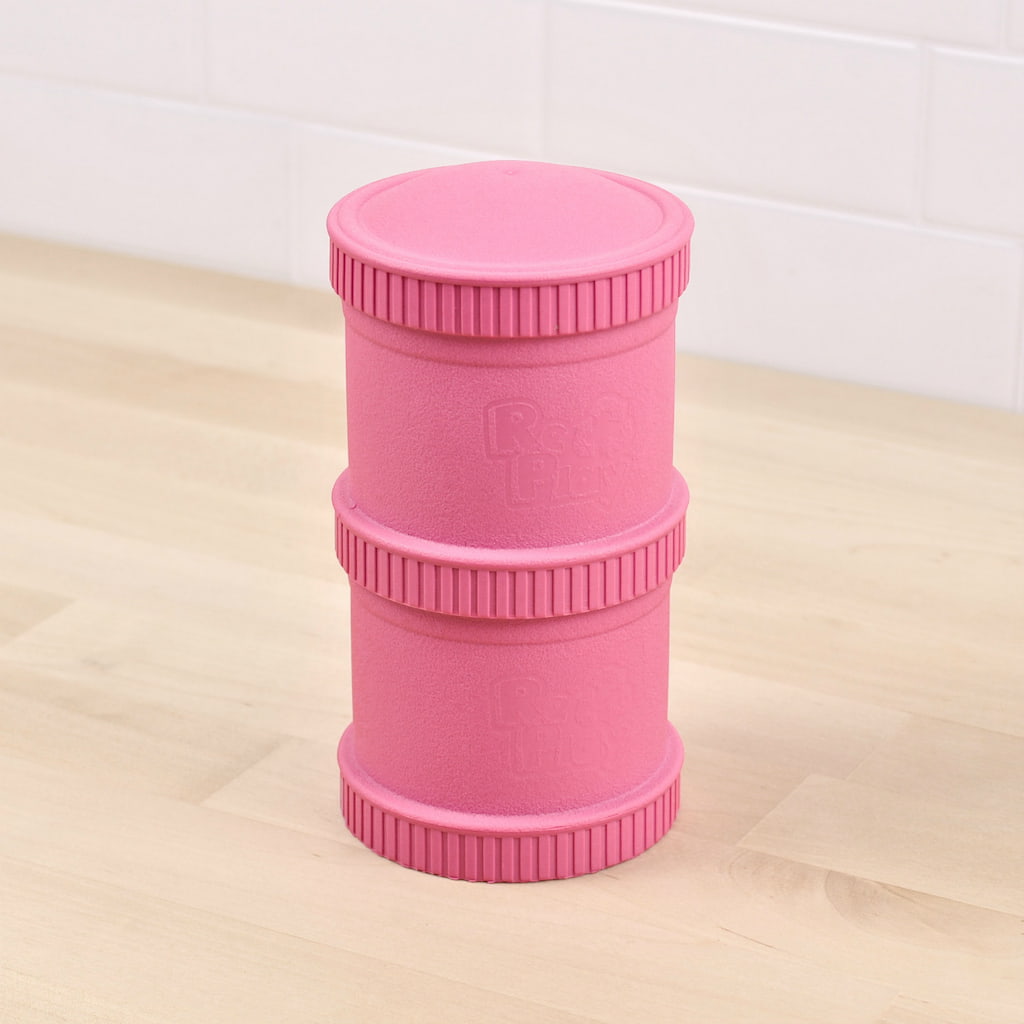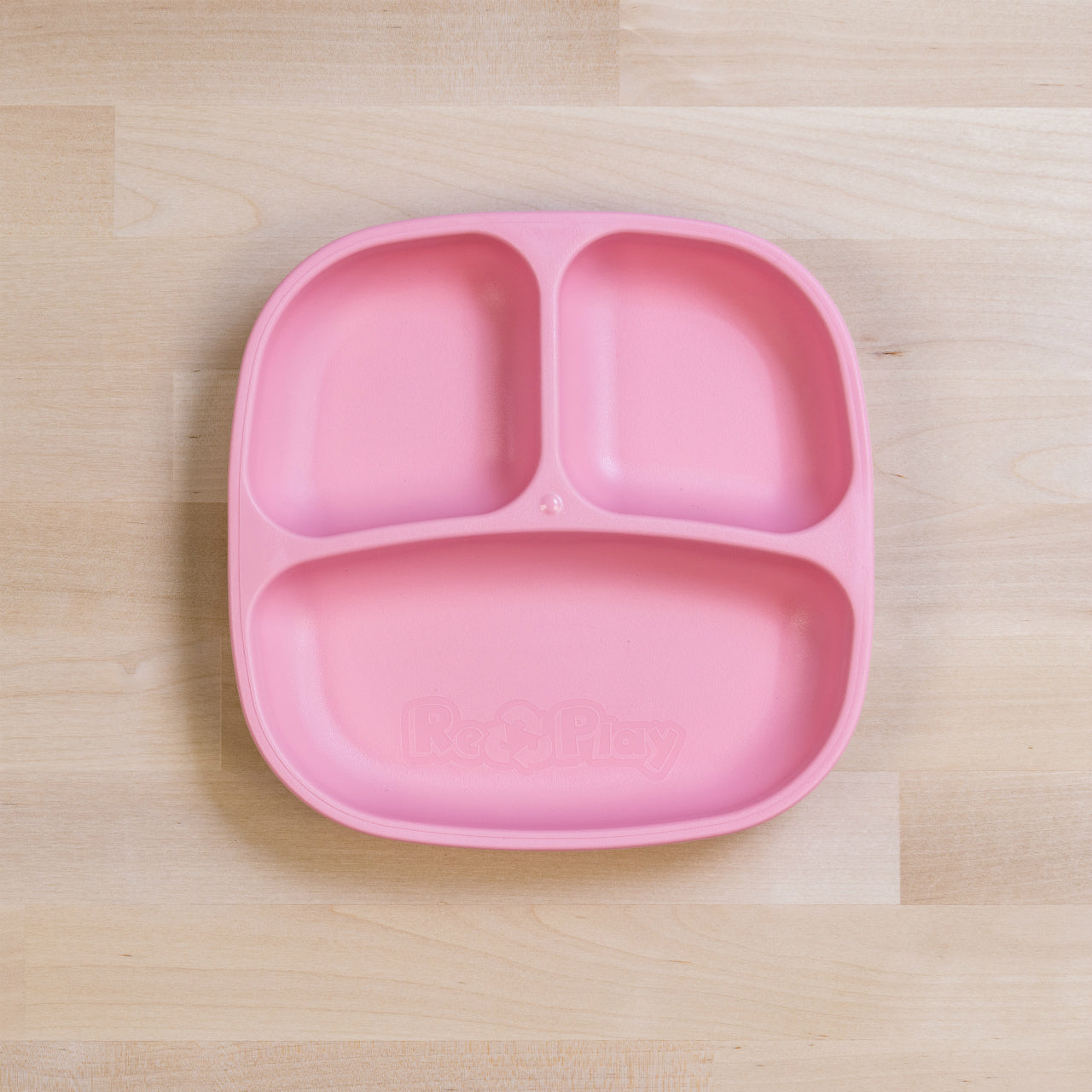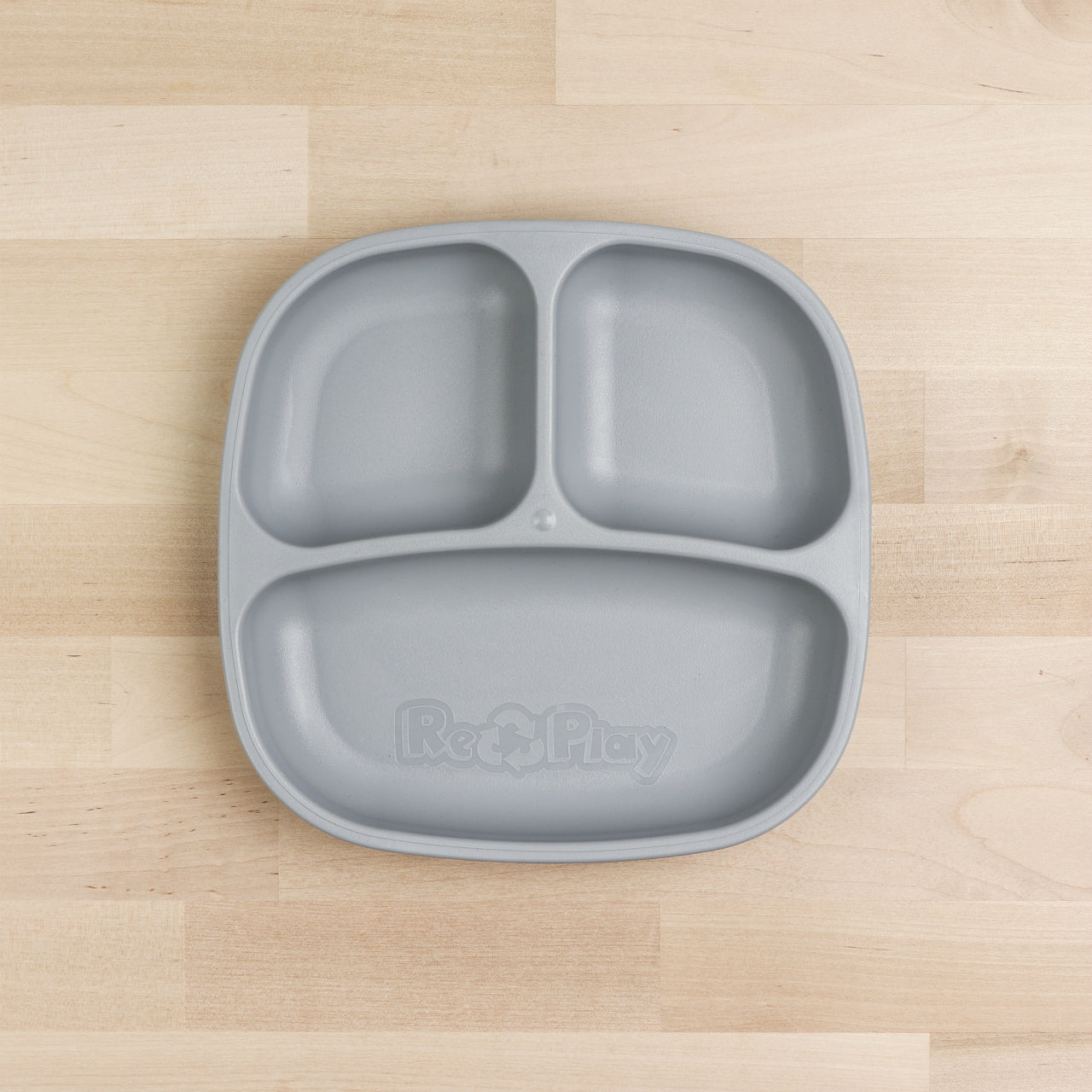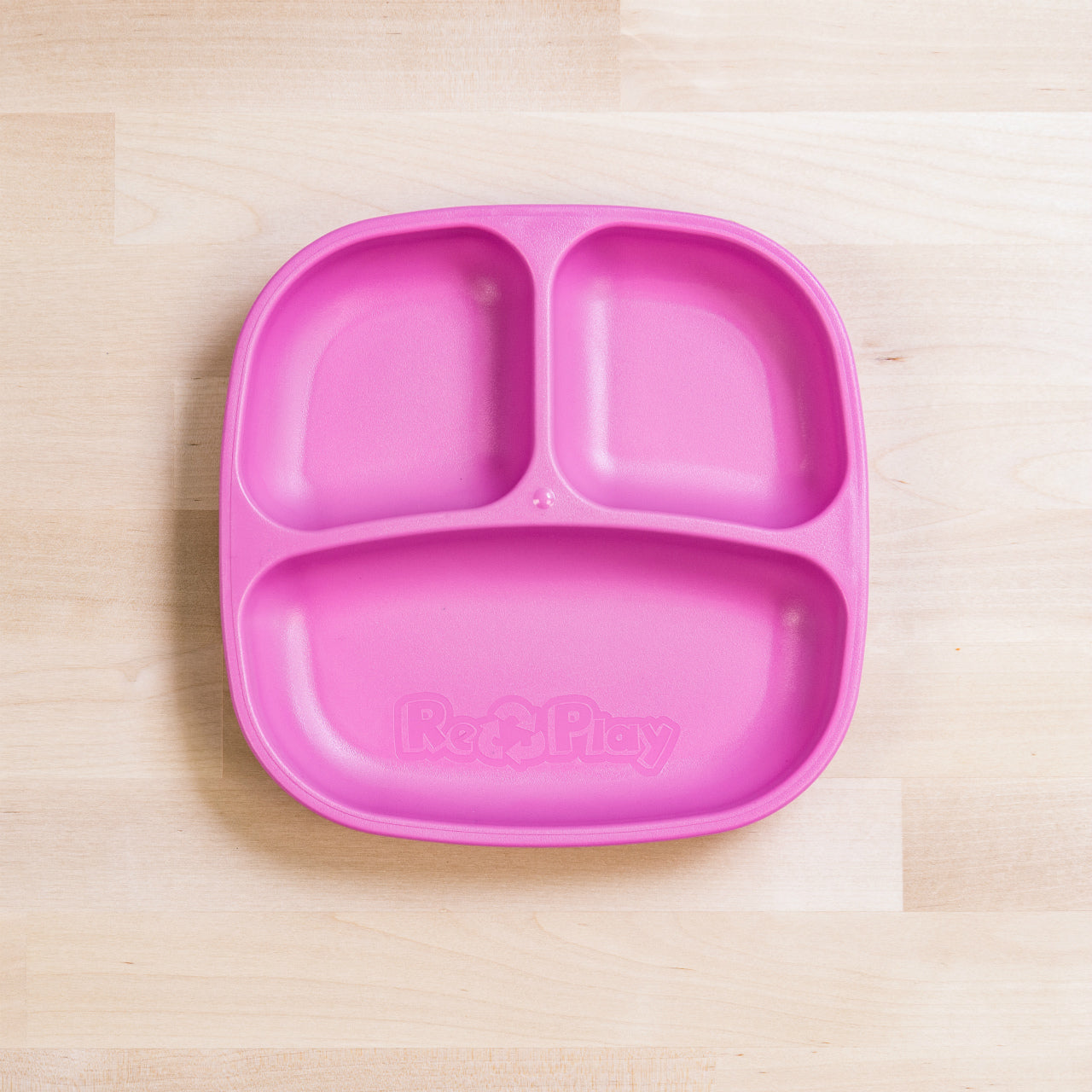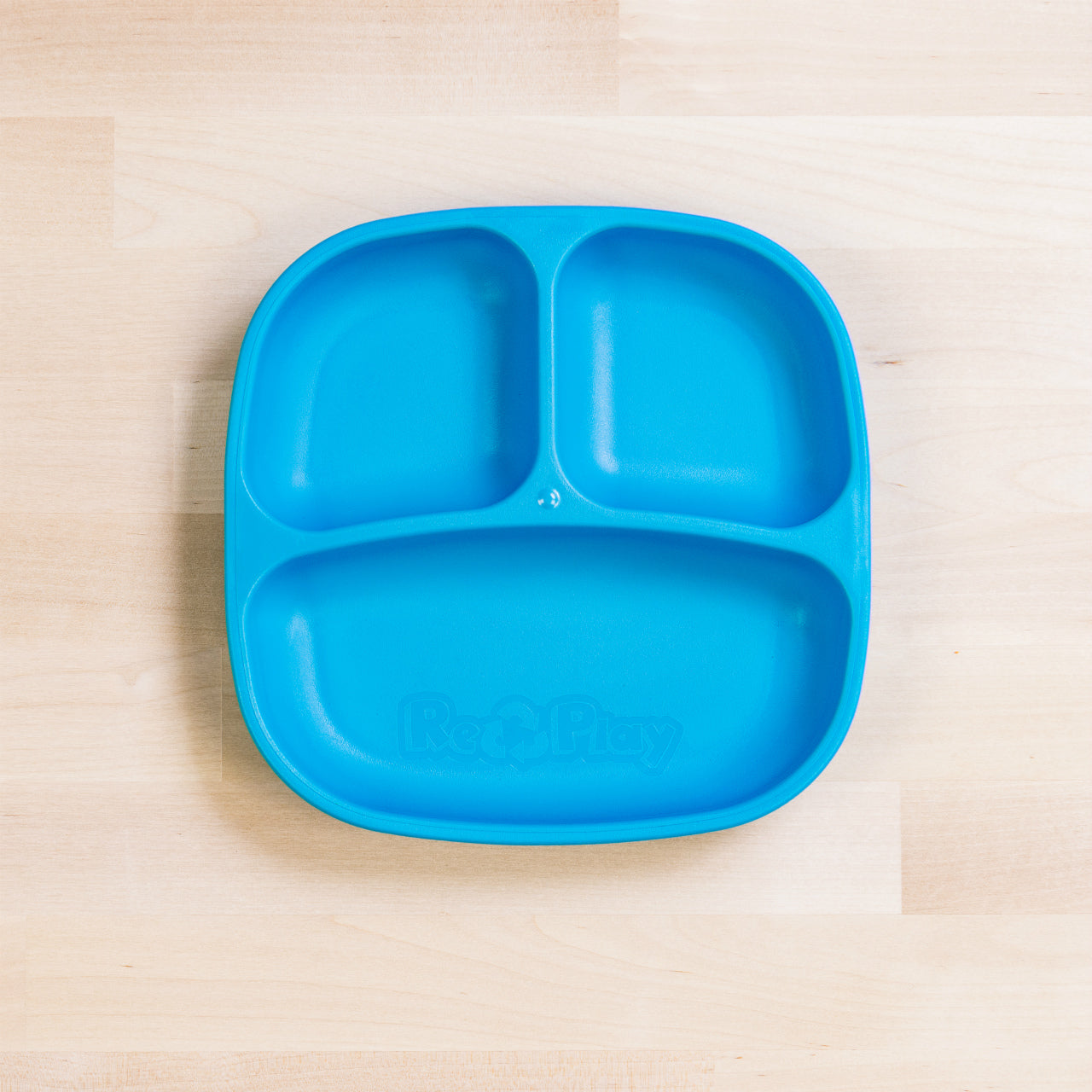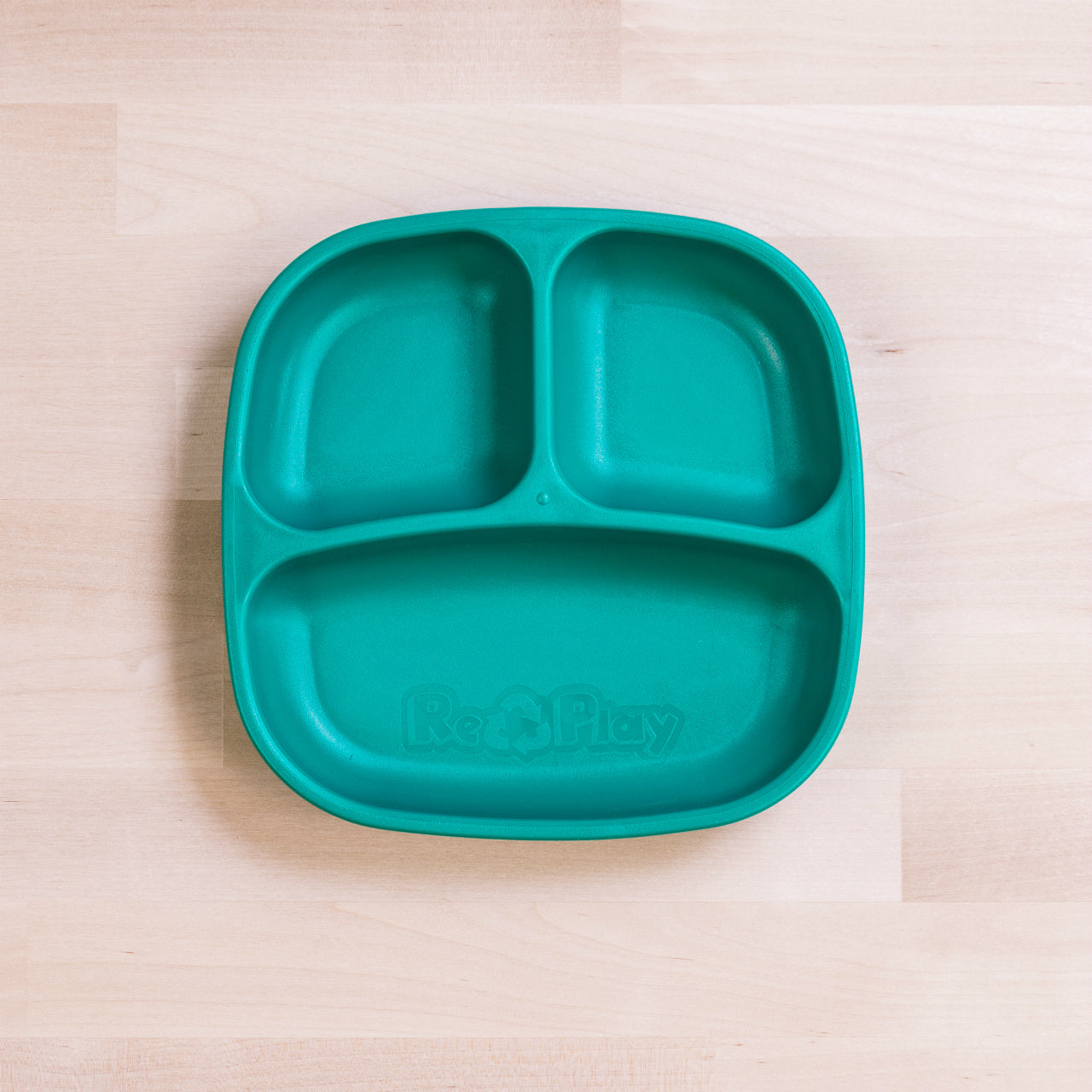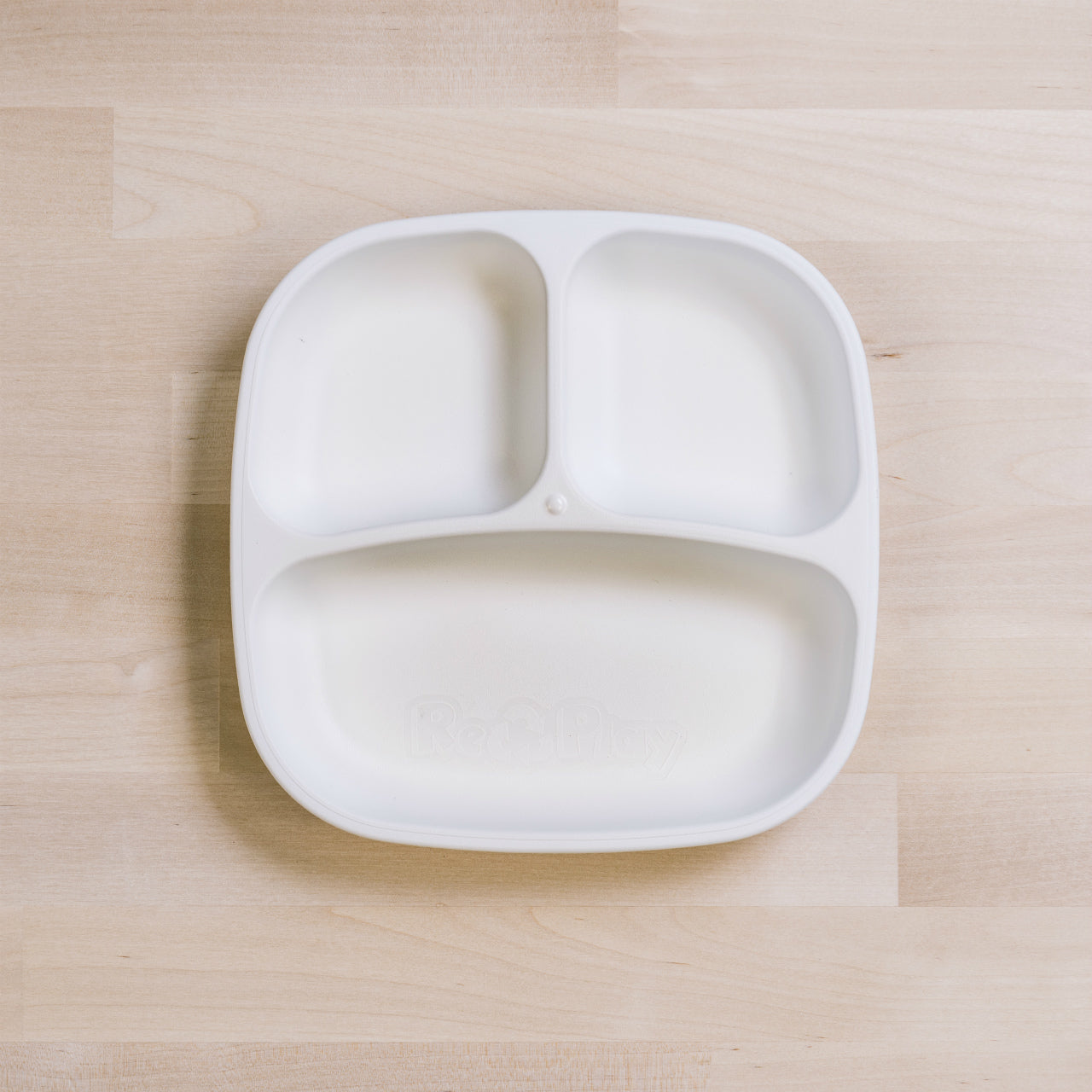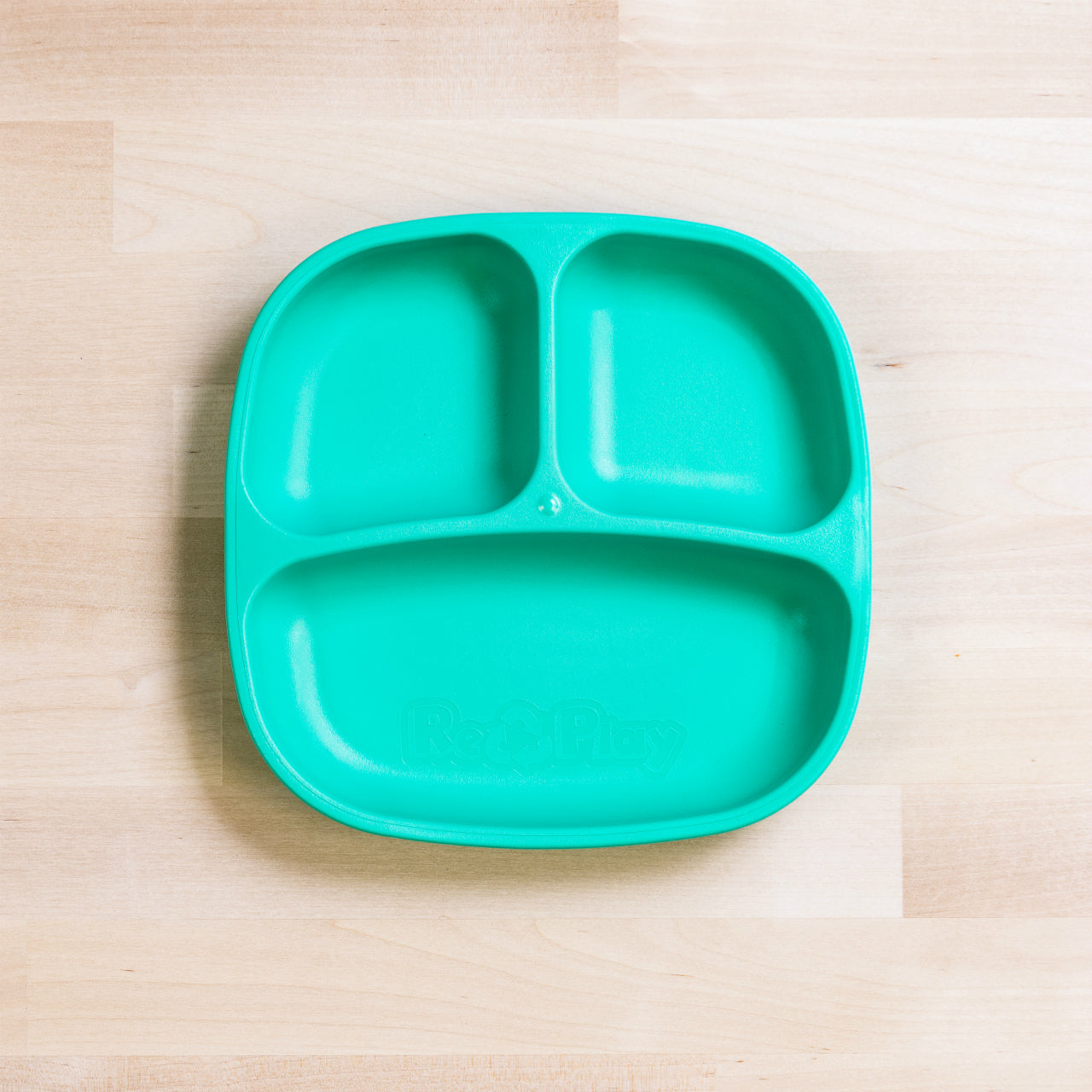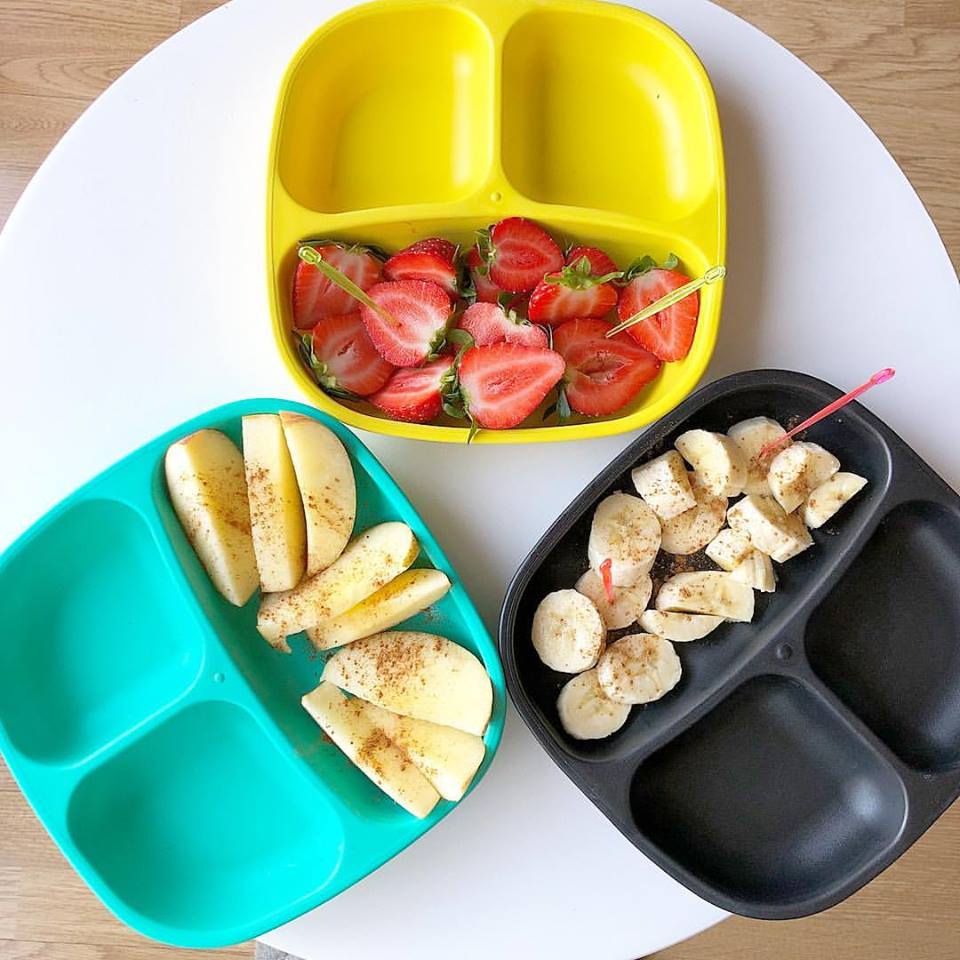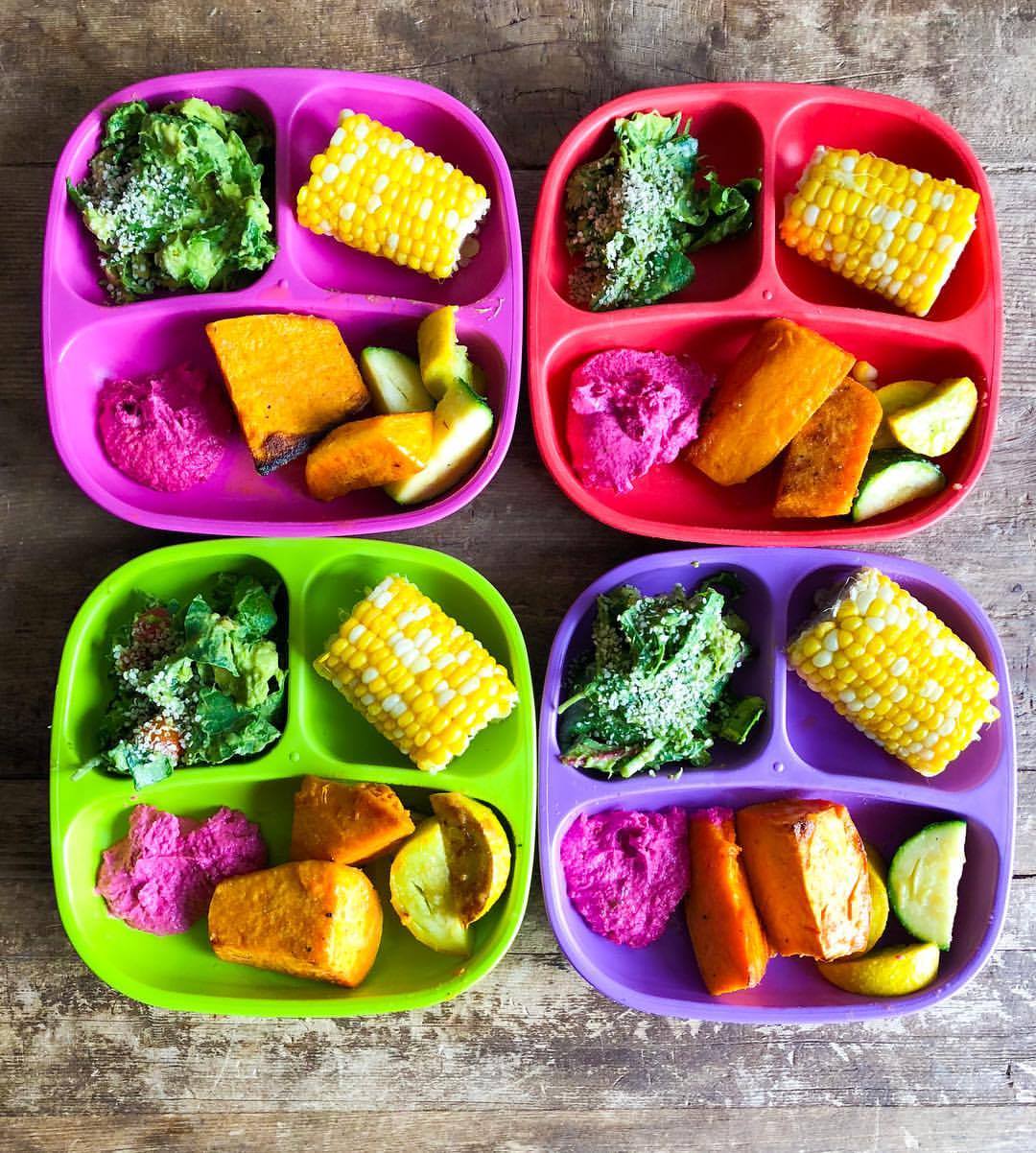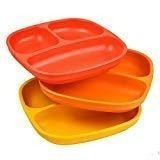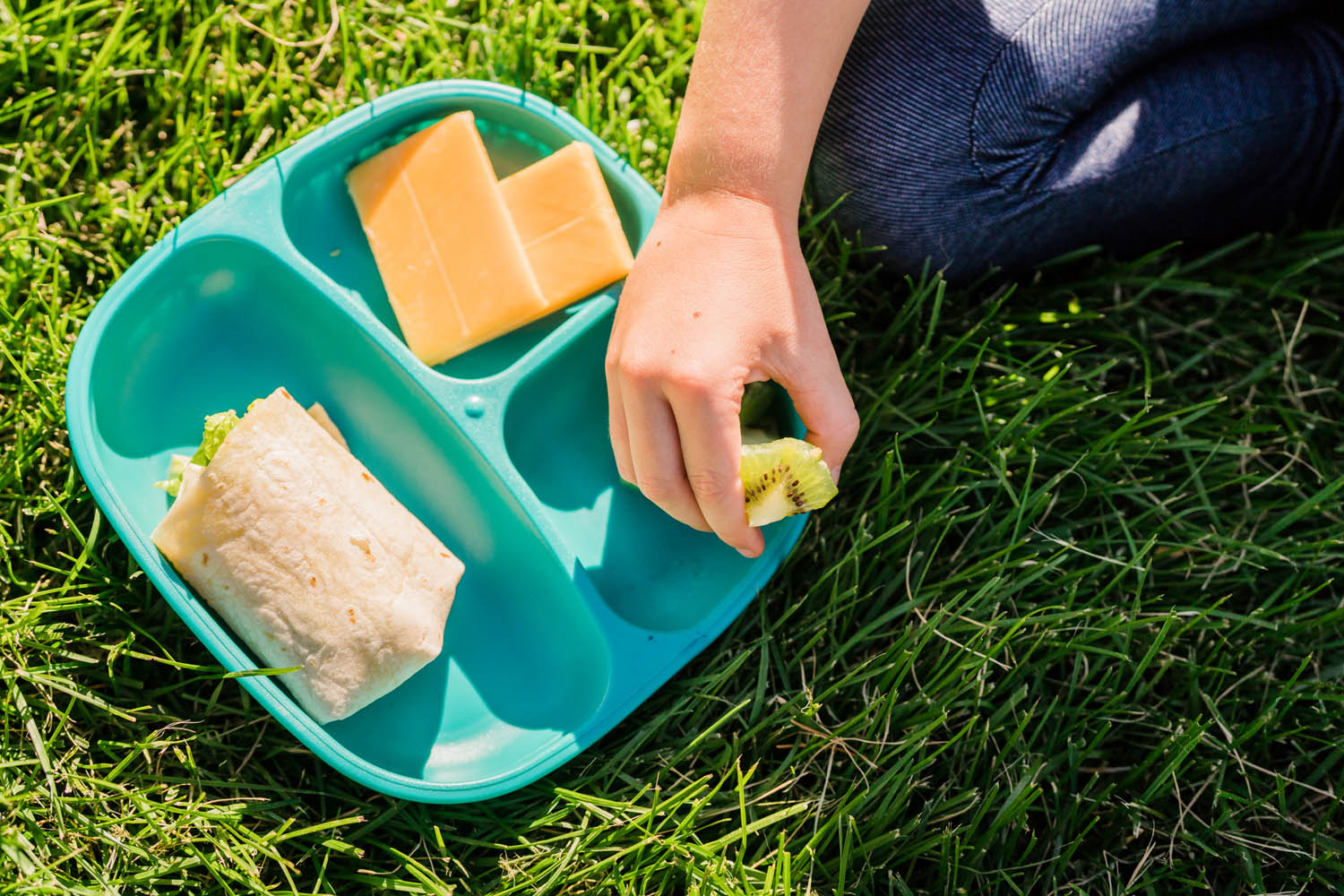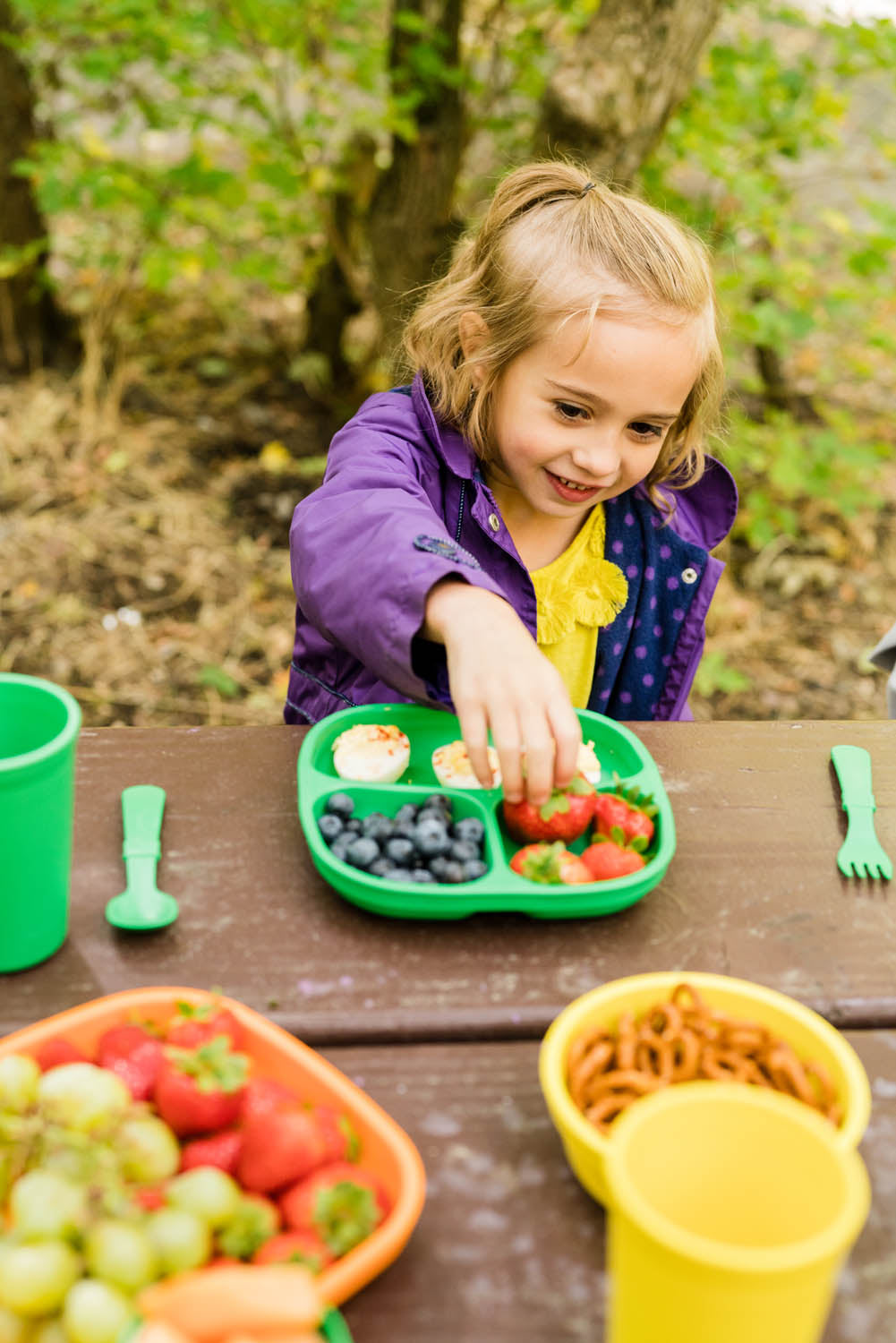How many R's are you practicing? There may be some eco-friendly actions that you are practicing without knowing it!
How many R's are you aware of?
At our household, we have been conscious of practicing these 4Rs before in the beginning. They are:
Refuse, Reduce, Reuse, Recycle
For example, when shopping, refuse plastic shopping bags (bring your own bags), bring your own bottles so you don't need to buy plastic bottles, try to choose second hand clothings, and understand how to sorting garbages and cherish those resources that can be recycled.
A little while ago, there was an interview of Ms. Sueyoshi, the representative director of the Ethical Association in Japan, in ELEMINIST (a new online media site full of useful guides for a minimal and sustainable lifestyle) and talked about the 7Rs.
What are the 7Rs?
1. Rethink
2. Refuse
3. Reduce
4. Repair
5. Reuse
6. Repurpose
7. Recycle
(Quoted from the article published in ELEMINIST)
What do you think?
It seems a bit difficult?
It may sound difficult if you think about each of them in your head, but you may be surprised to know that you're already practicing some of these already without knowing it.
When we applied the 7Rs to our household, we realized that we have been practicing many of it already. Here there are!

Caption: I told mom and dad that I want that toy but do I really need it? Maybe I don't need it.
RETHINK > When our son asks us he wants something, we don't buy it immediately but asks him to think about it first. Most of the time, he forgets he even asked which means he probably didn't really want it. Of course, this applies to us adults too. We try to rethink and ask ourselves if we really need/want it or not.

REFUSE > In our households, each of us always carry around an extra reusable bags when we go shopping. Usually we bring a big one like the photo and another smaller one. We think it's good that every one carries a bag so that we won't need to use single-use plastic bags at the stores.

REDUCE > We've stopped buying water and drinks in plastic bottles and that has already given us a great way to reduce our waste. And now we have been composting using this compost bag from LFC Compost. We are now up to the third compost! LFC Compost is great since you can make your own vegetables with the composted soil and it really does not smell and easy to use!

REPAIR > My clothes are full of patches! If you make sure you "RETHINK" when you buy a clothes, you will always be buying clothes that you really really like and want to wear a long time. Which means you would want to "REPAIR" as much as possible. Repairing damaged and worn clothes is one way to reduce the impact of the fashion and textiles industry, by reducing the amount of waste and extending the life of clothes.

REUSE > I like to choose second hands. There are second hand clothes that are reasonable price to those vintage clothes that cost quite a lot. There are so much stories behind second hands which you can only feel from. There are so much alternatives like second hand and vintage and yet we are still making so much clothes. Now is the time to make a decision.

REPURPOSE > This bag is made from discarded plastic bags. People tend to buy or take plastic bags at grocery stores etc without thinking much of it. When you're done using it, many just throws them away or probably won't really realize if it gets blown by the wind and is misplaced. However, such things can be repurposed into a colorful and beautiful bag.

RECYCLE > These are resources that can be recycled. Some we will send to the recycle centers, and some we will drop in at the store where the resources are collected. In Japan, if you register with Terra Cycle, you can send them the Tetra Pak that you've used. Good thing about it is they send you a box for the return, so we can collect the Tetra Paks at home until it fills up the box and then send to them.
It is important to know that even the most trivial actions can improve the environment.
Of course, it is necessary to consider both our consumptions but also the animals that coexist on the earth with us.



